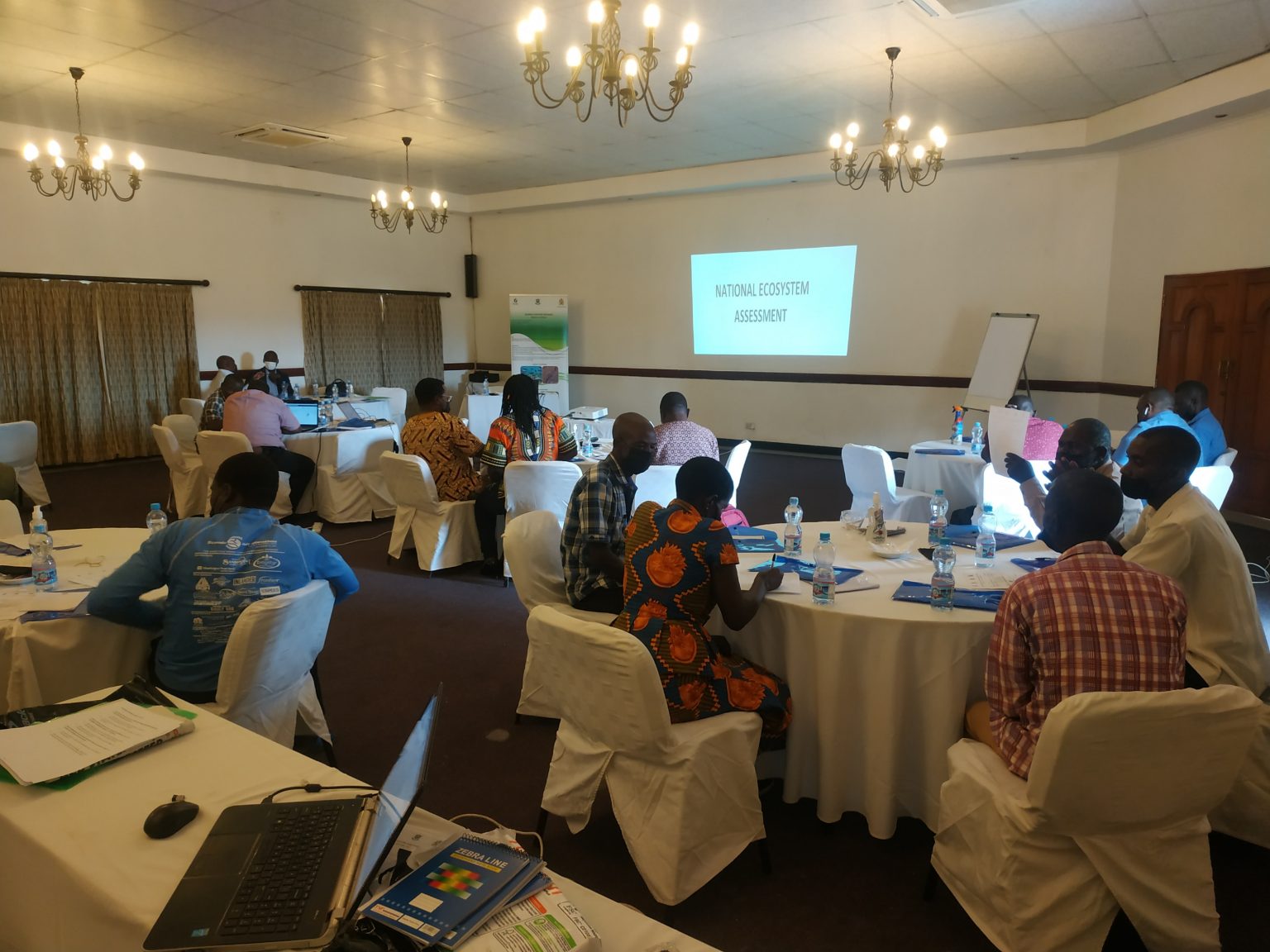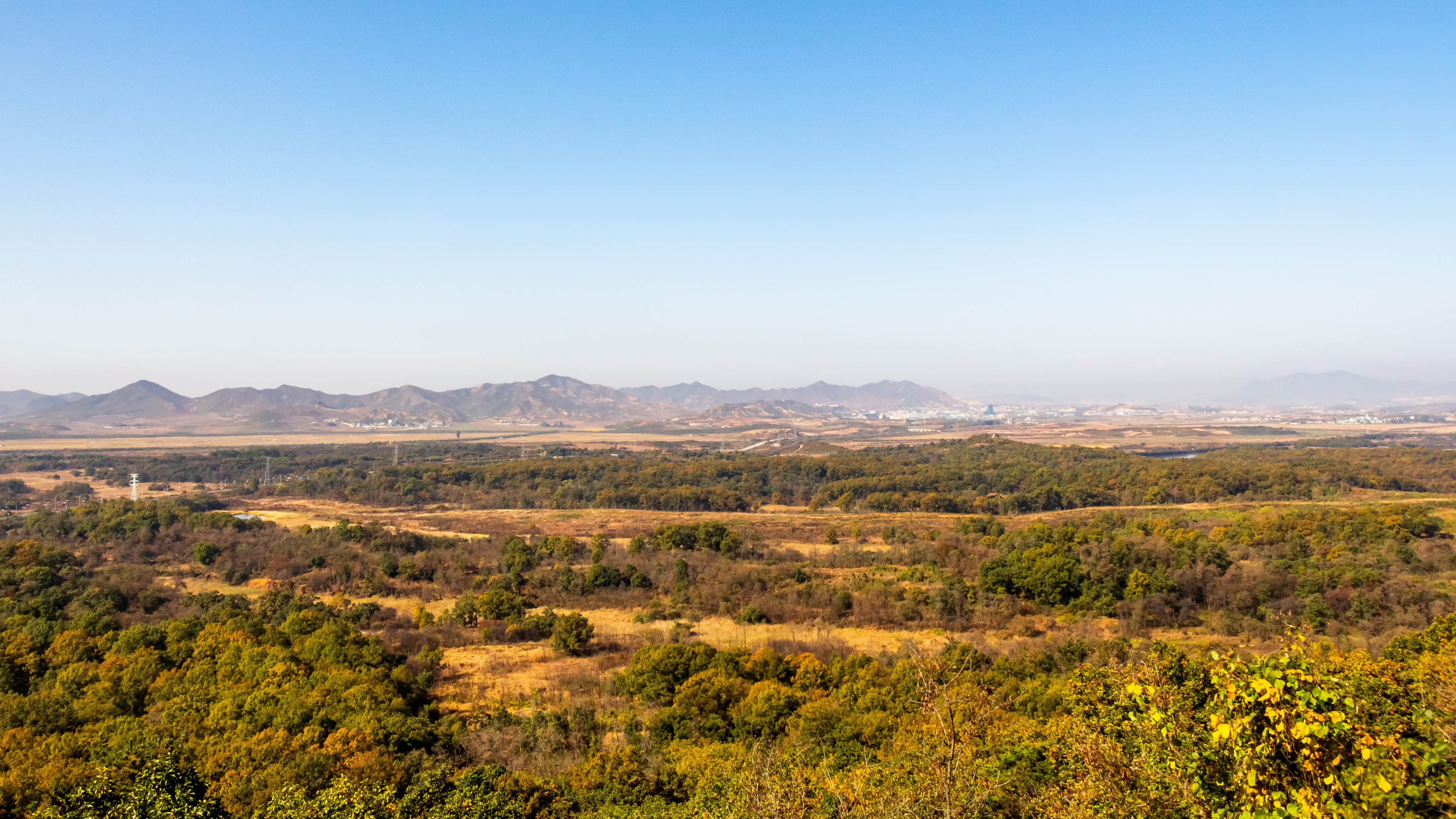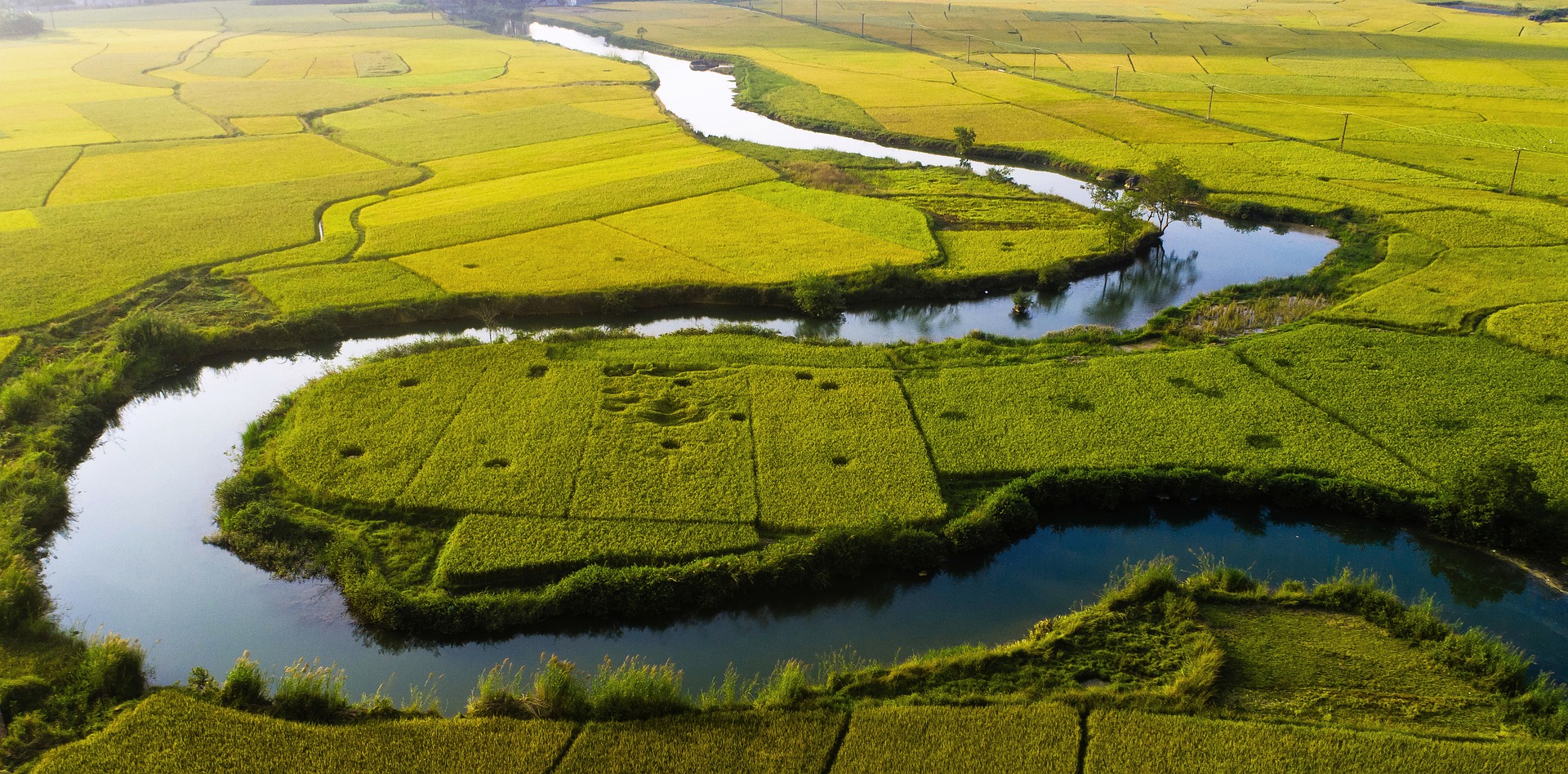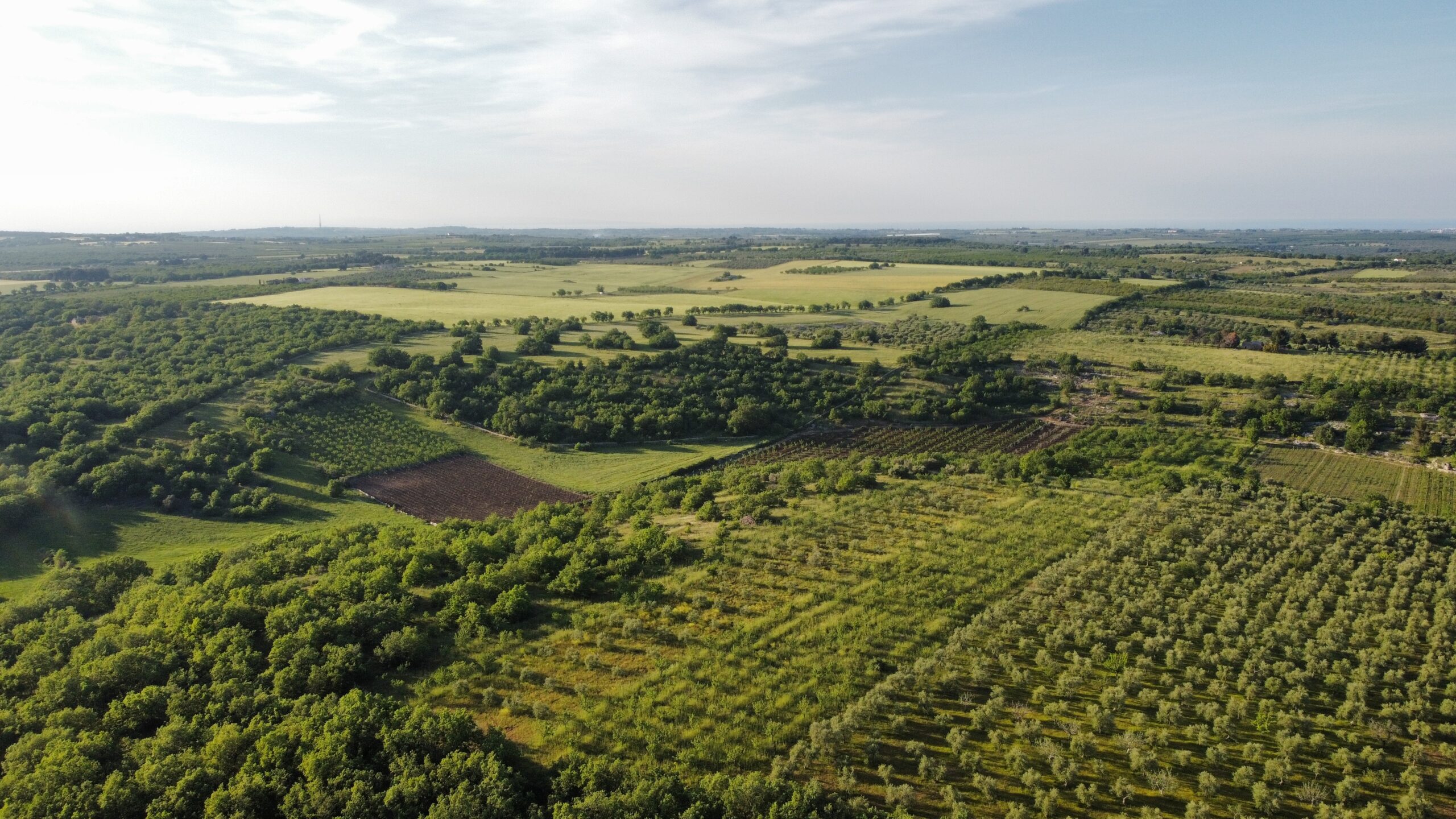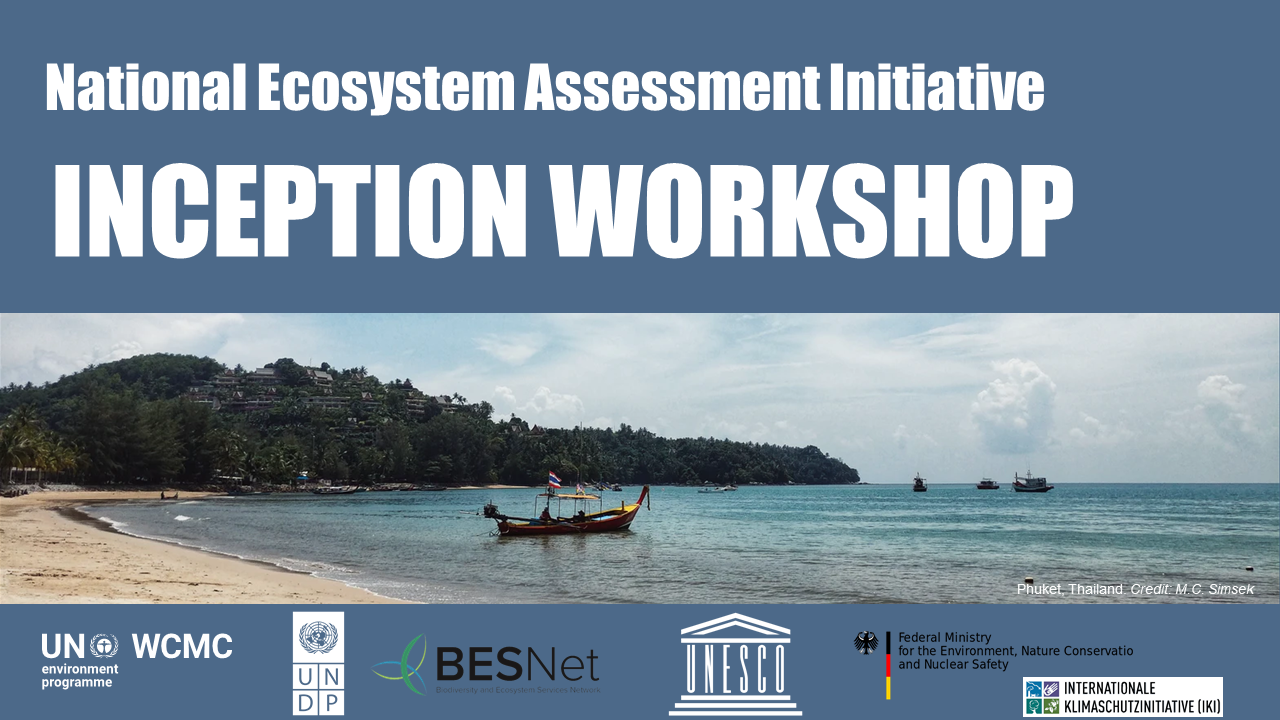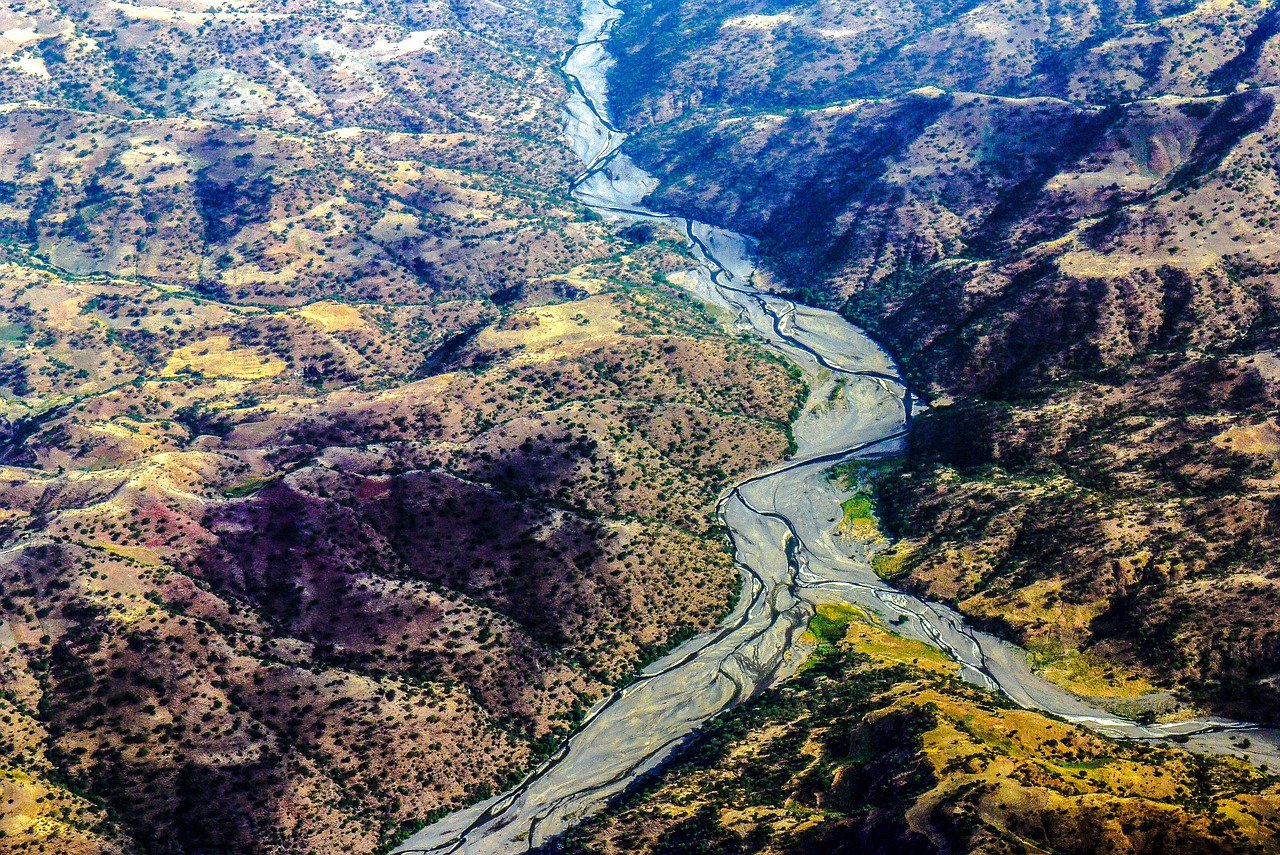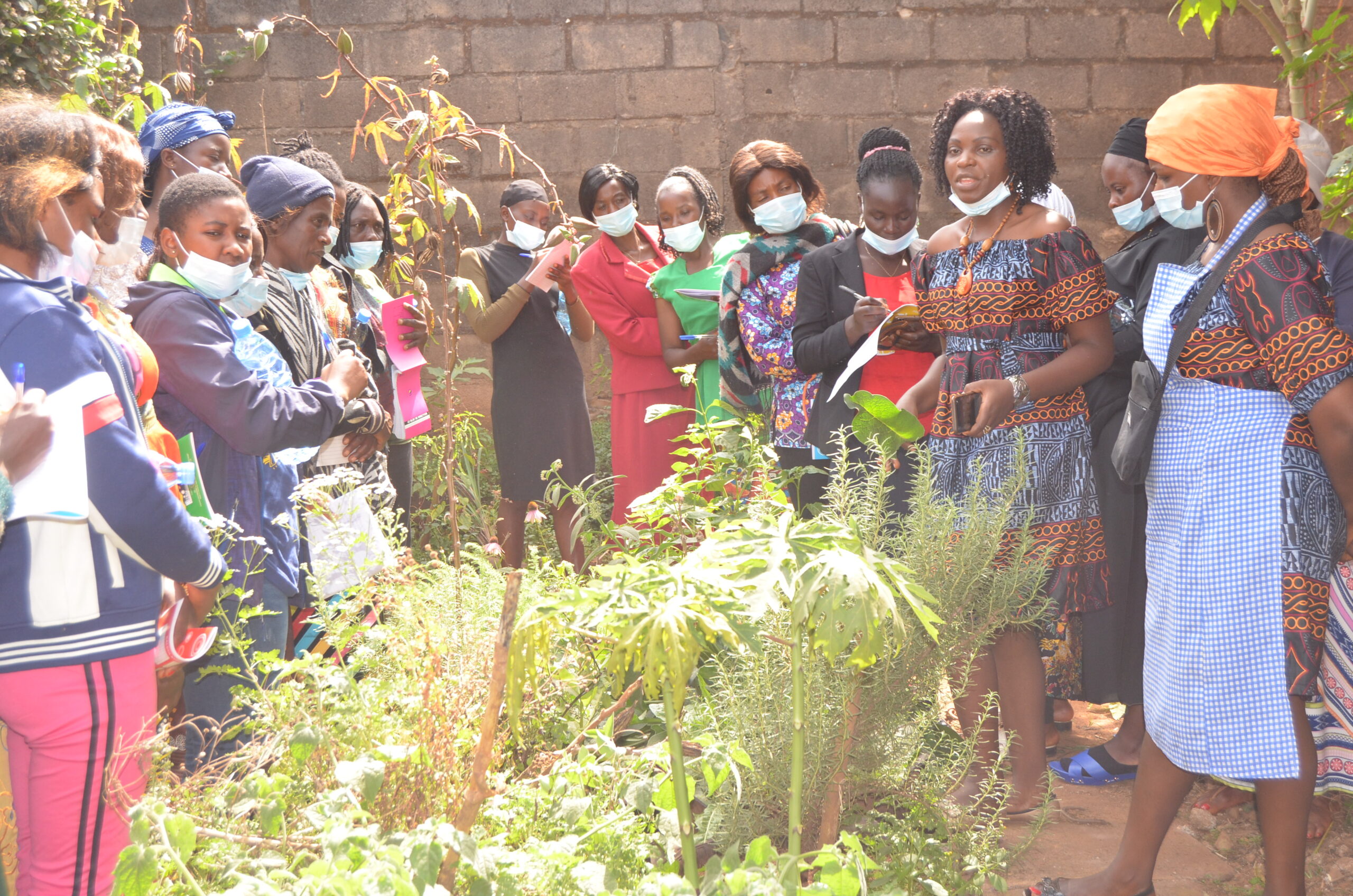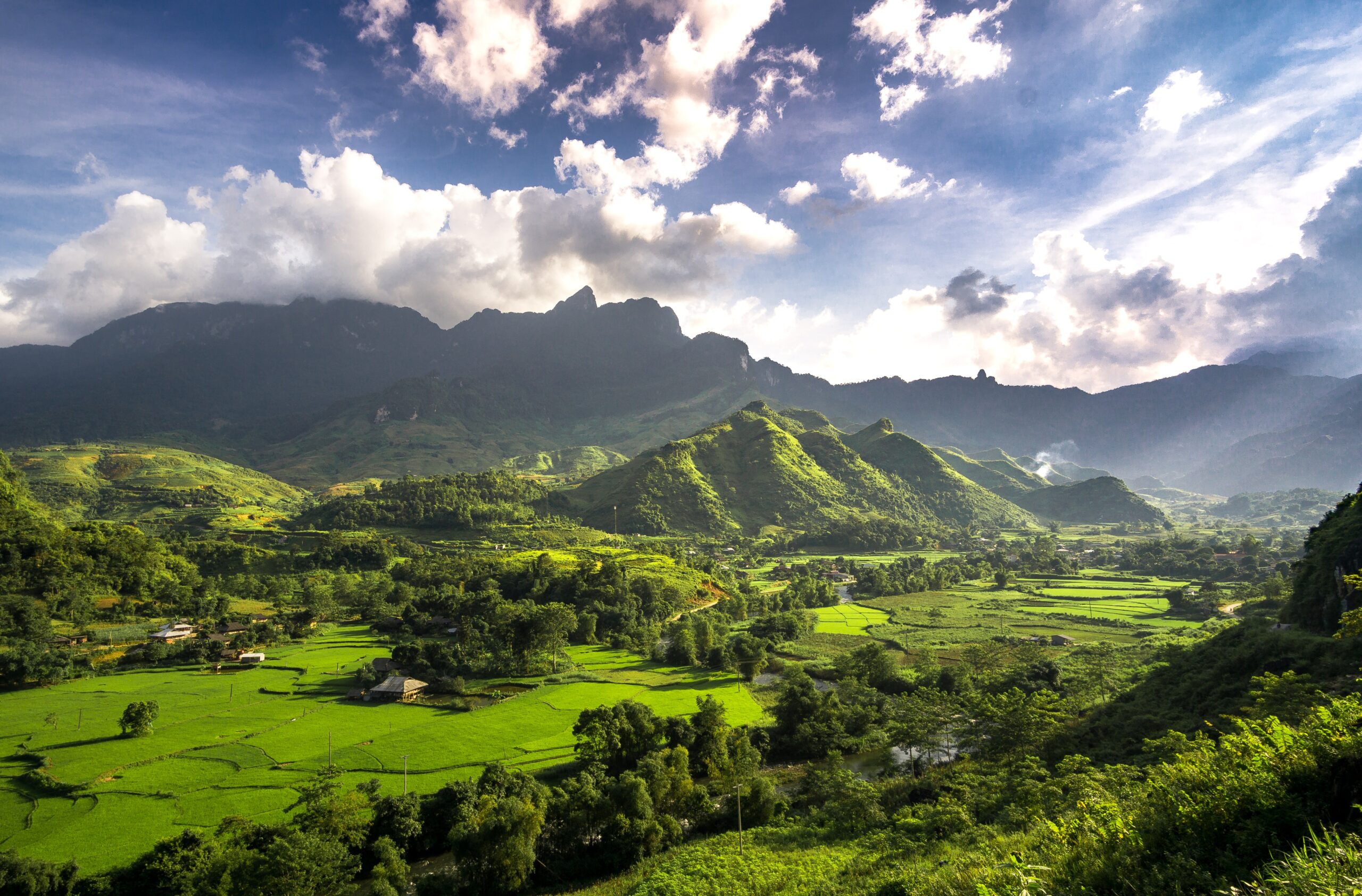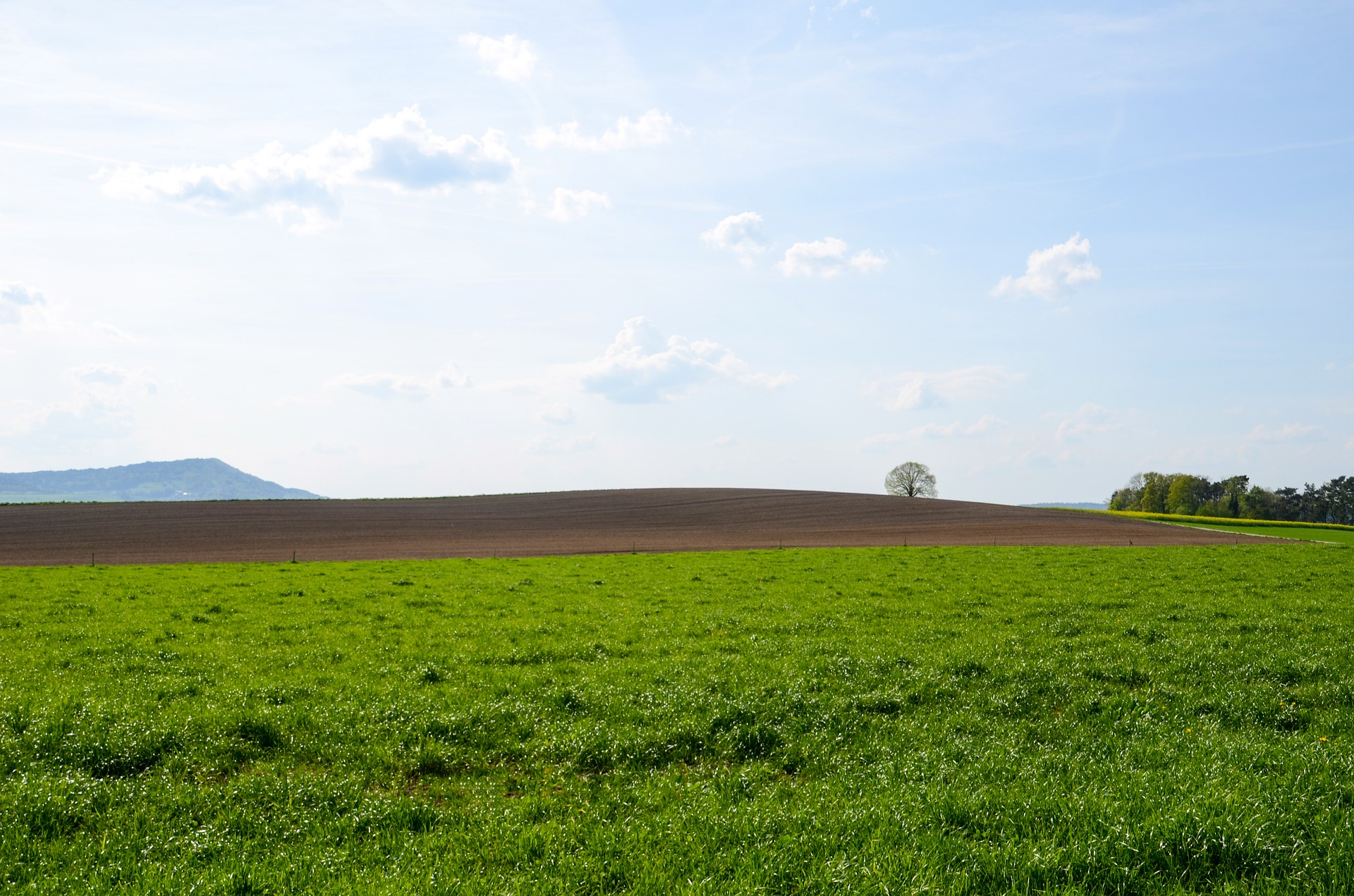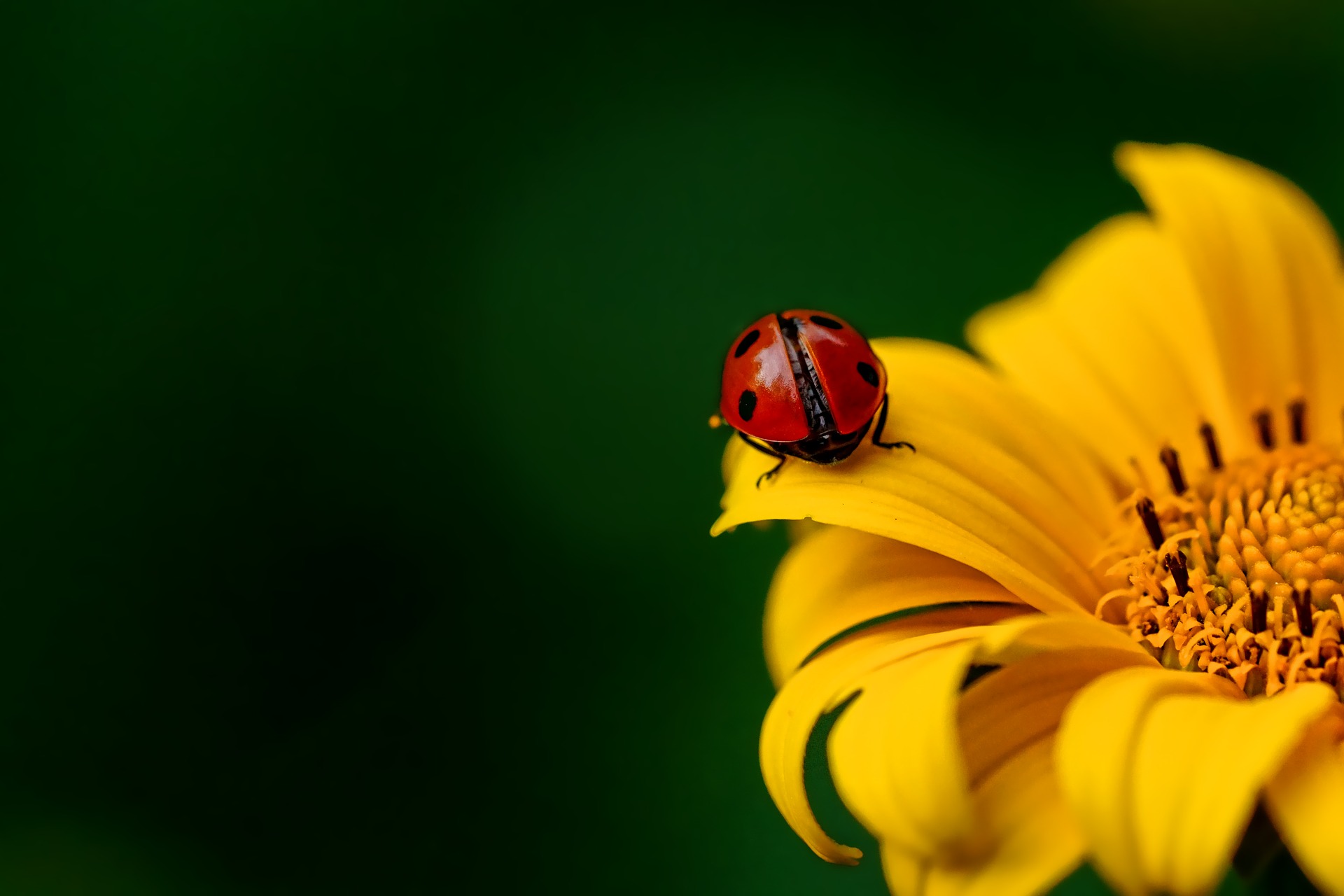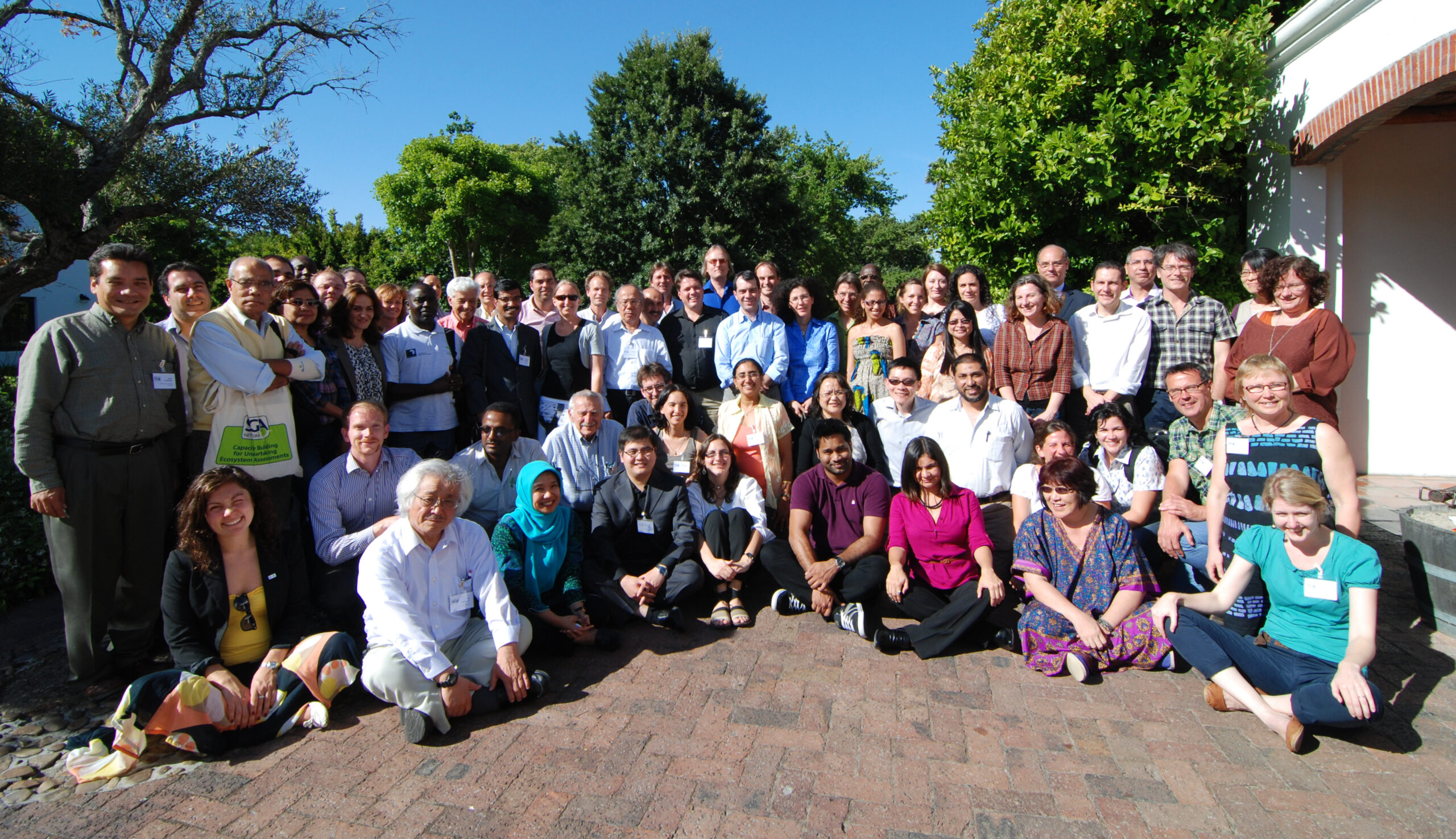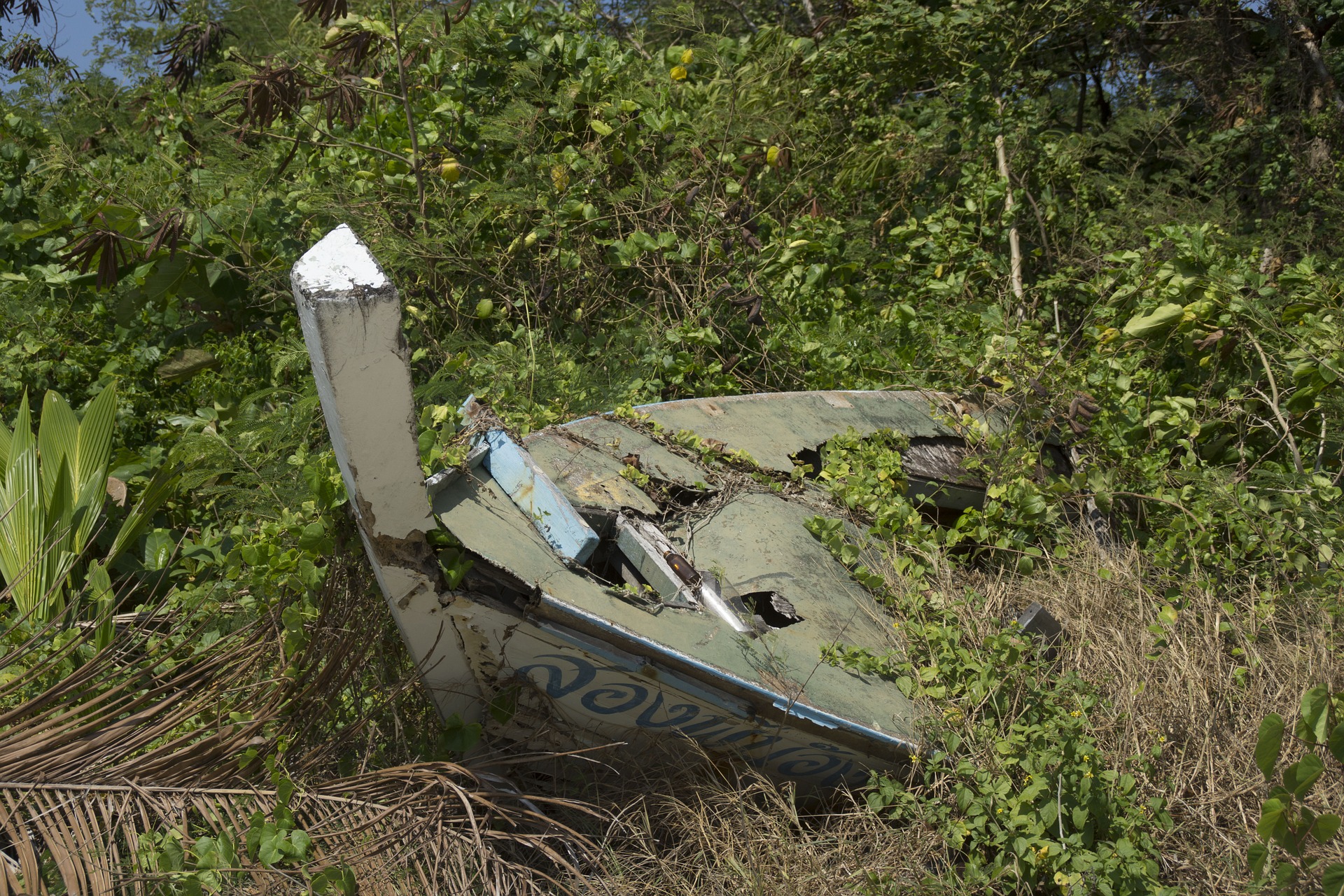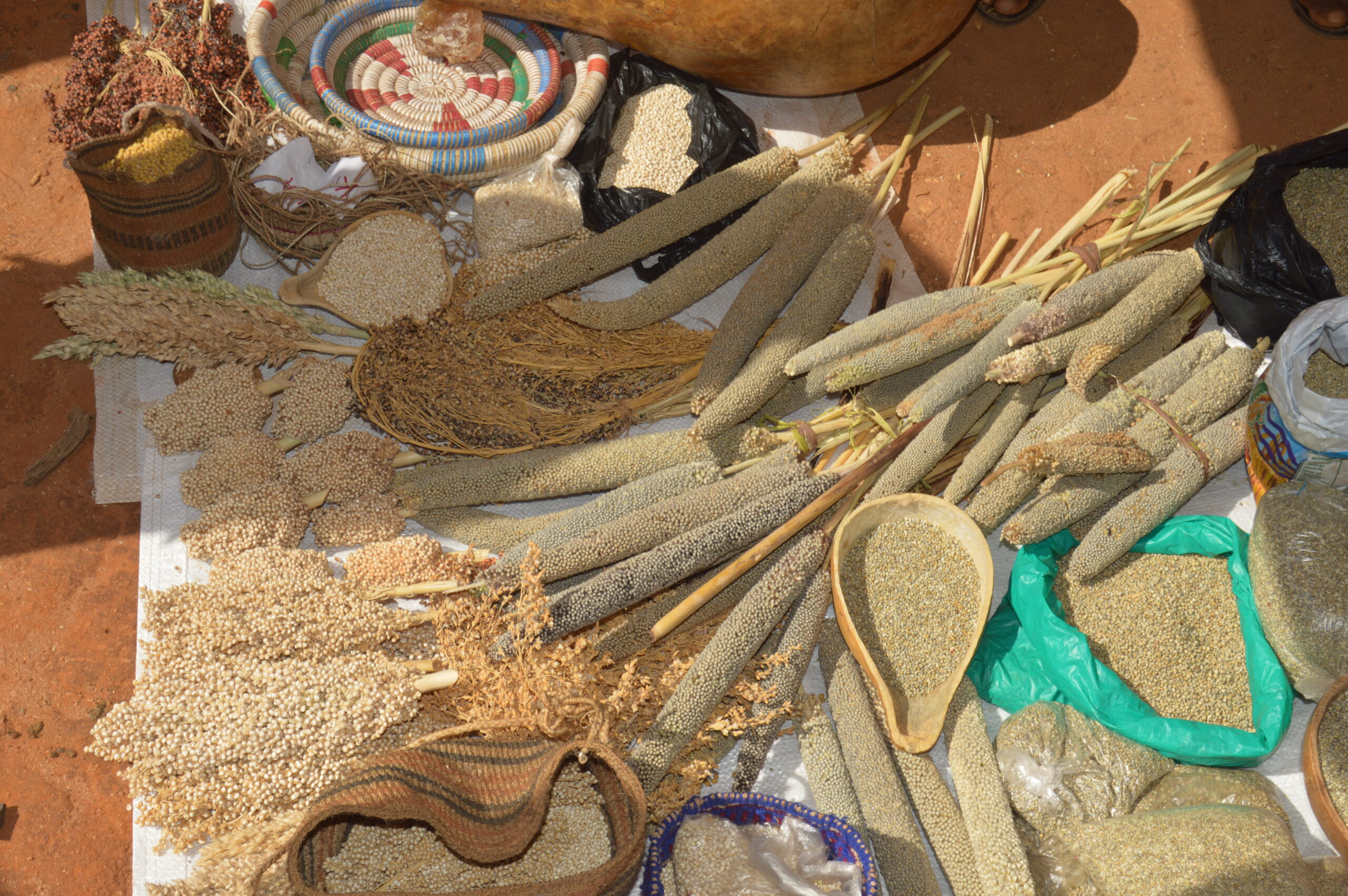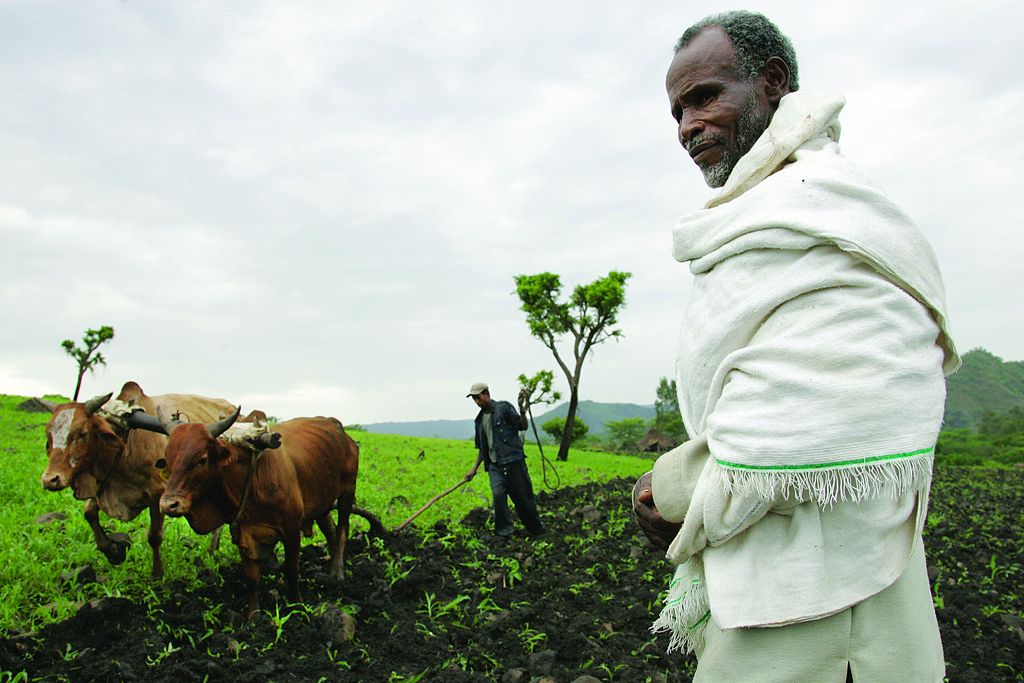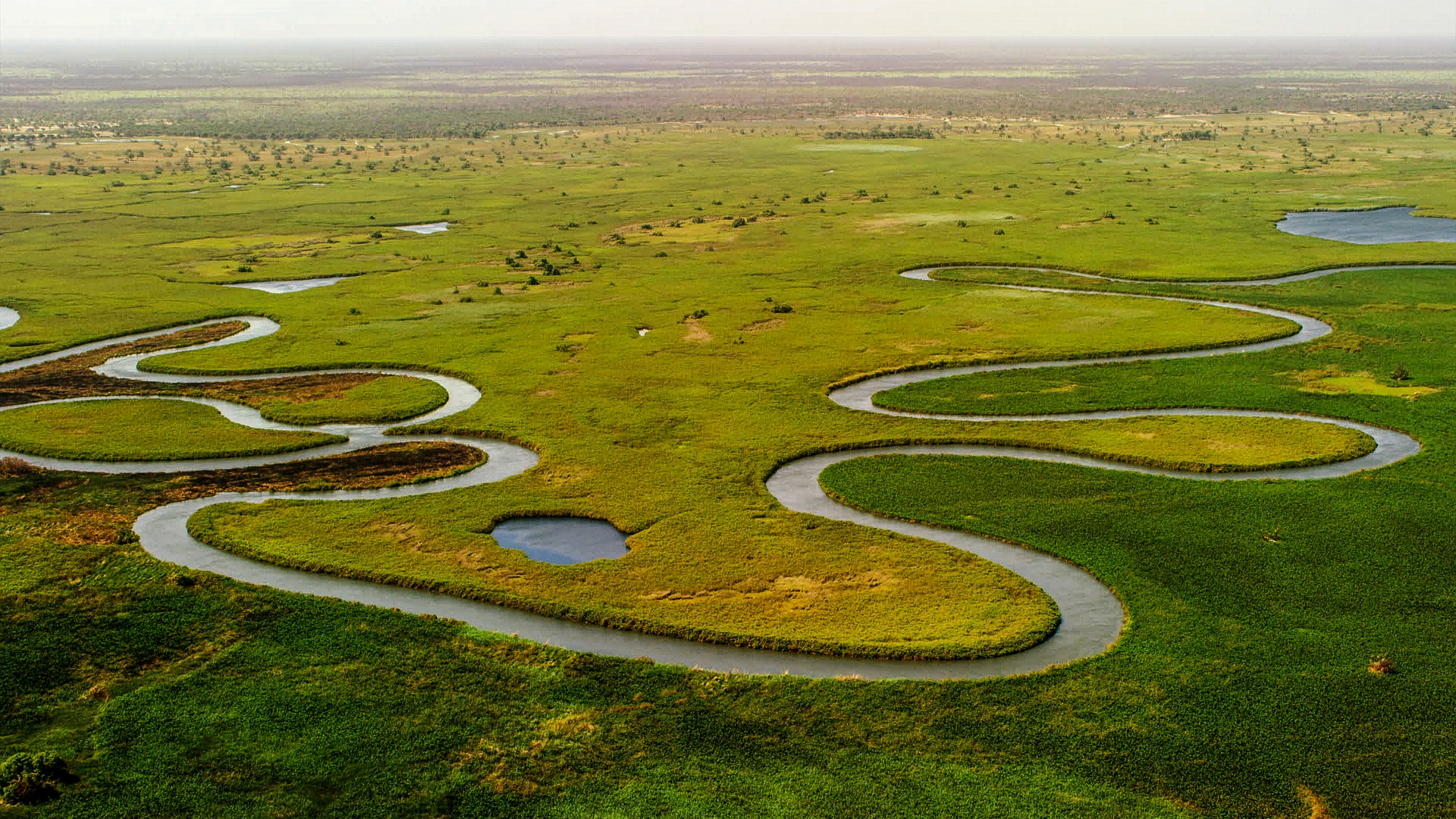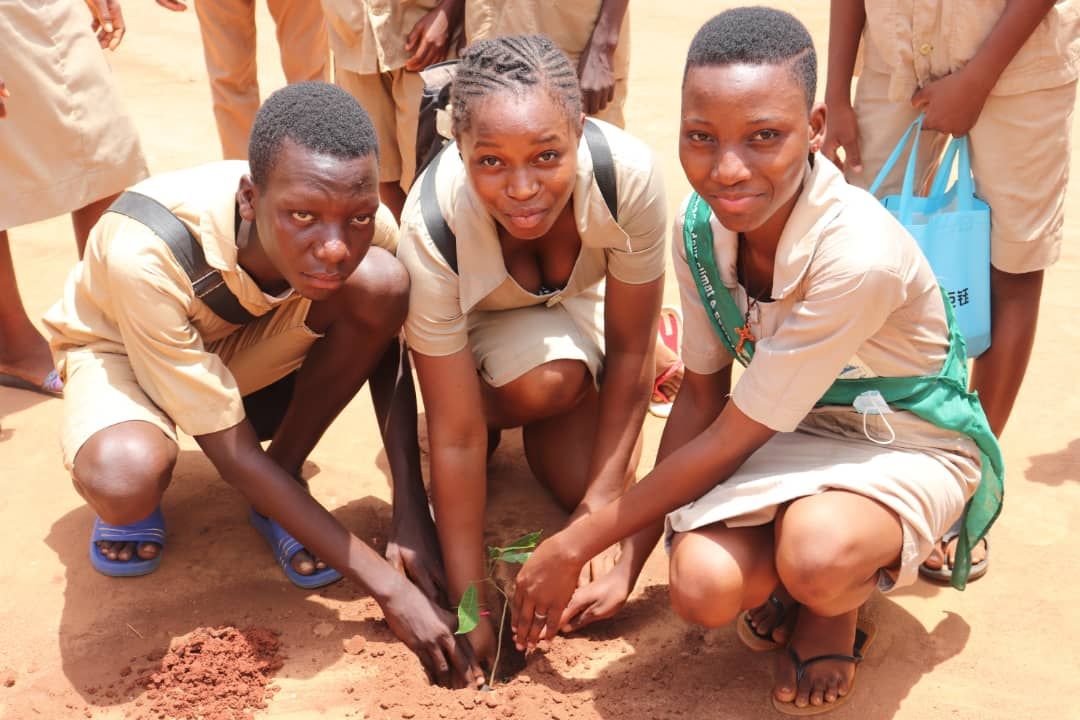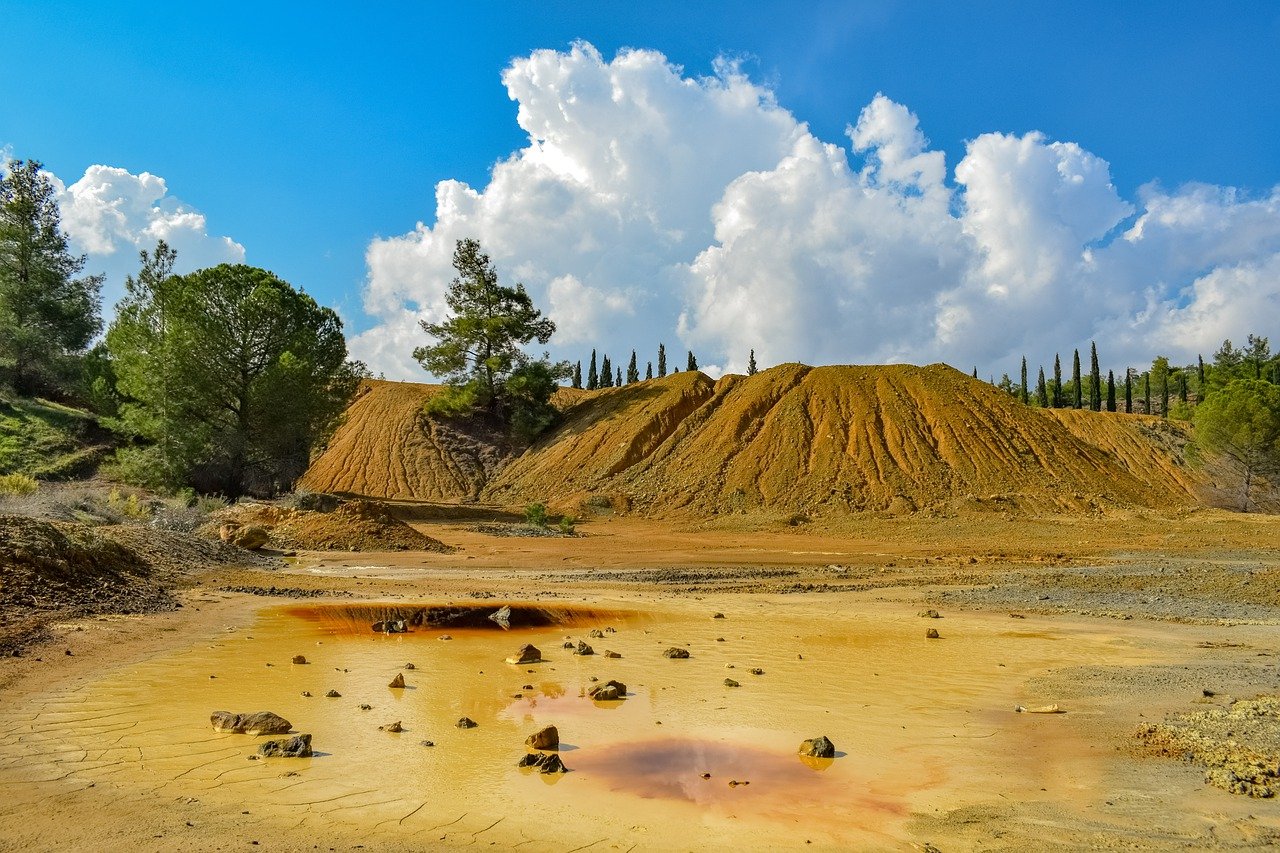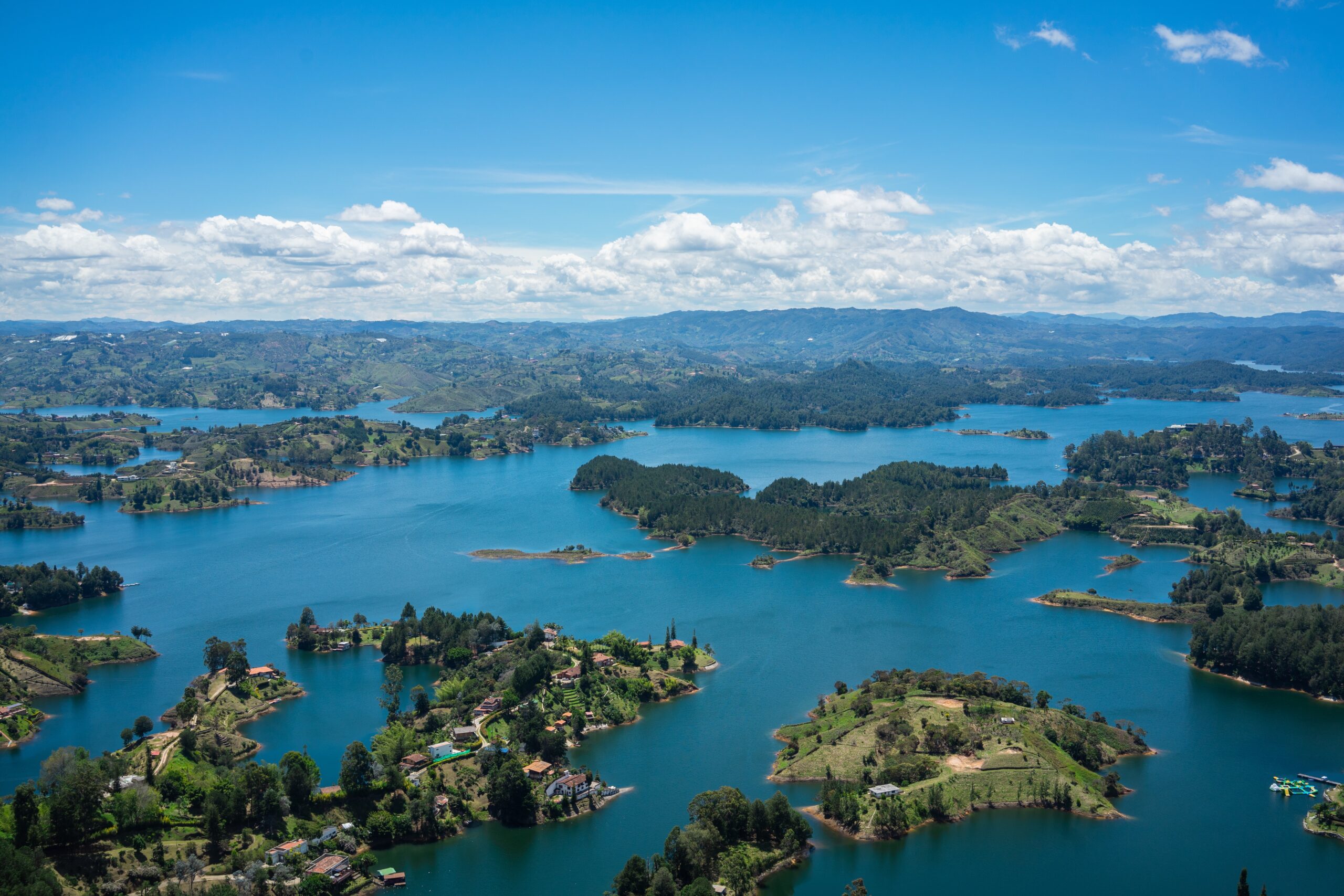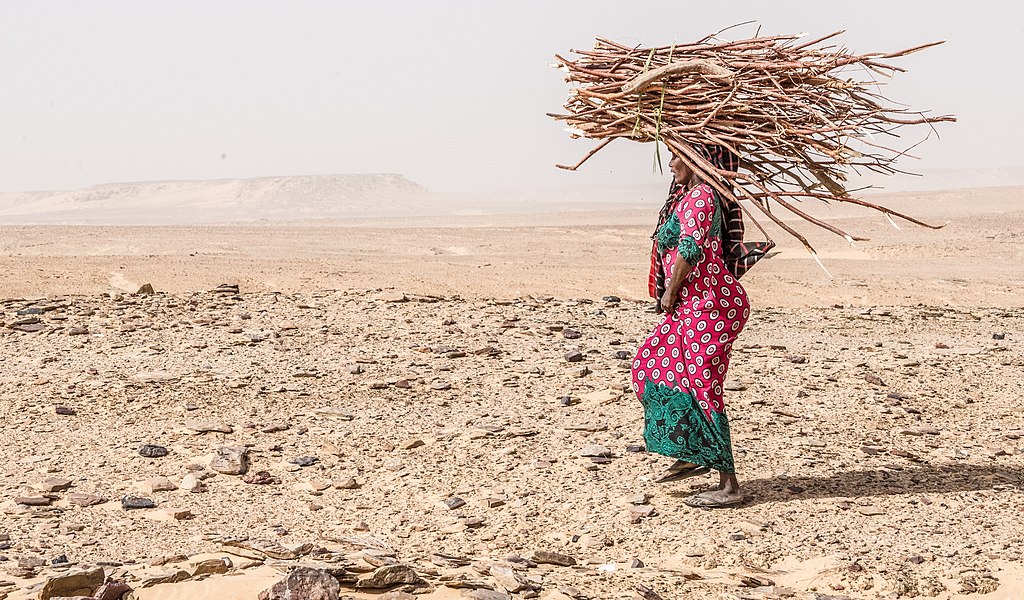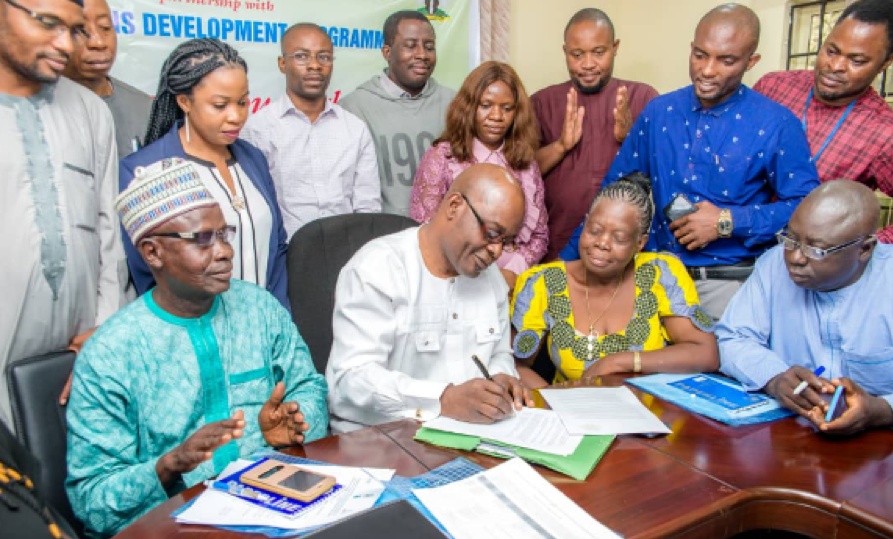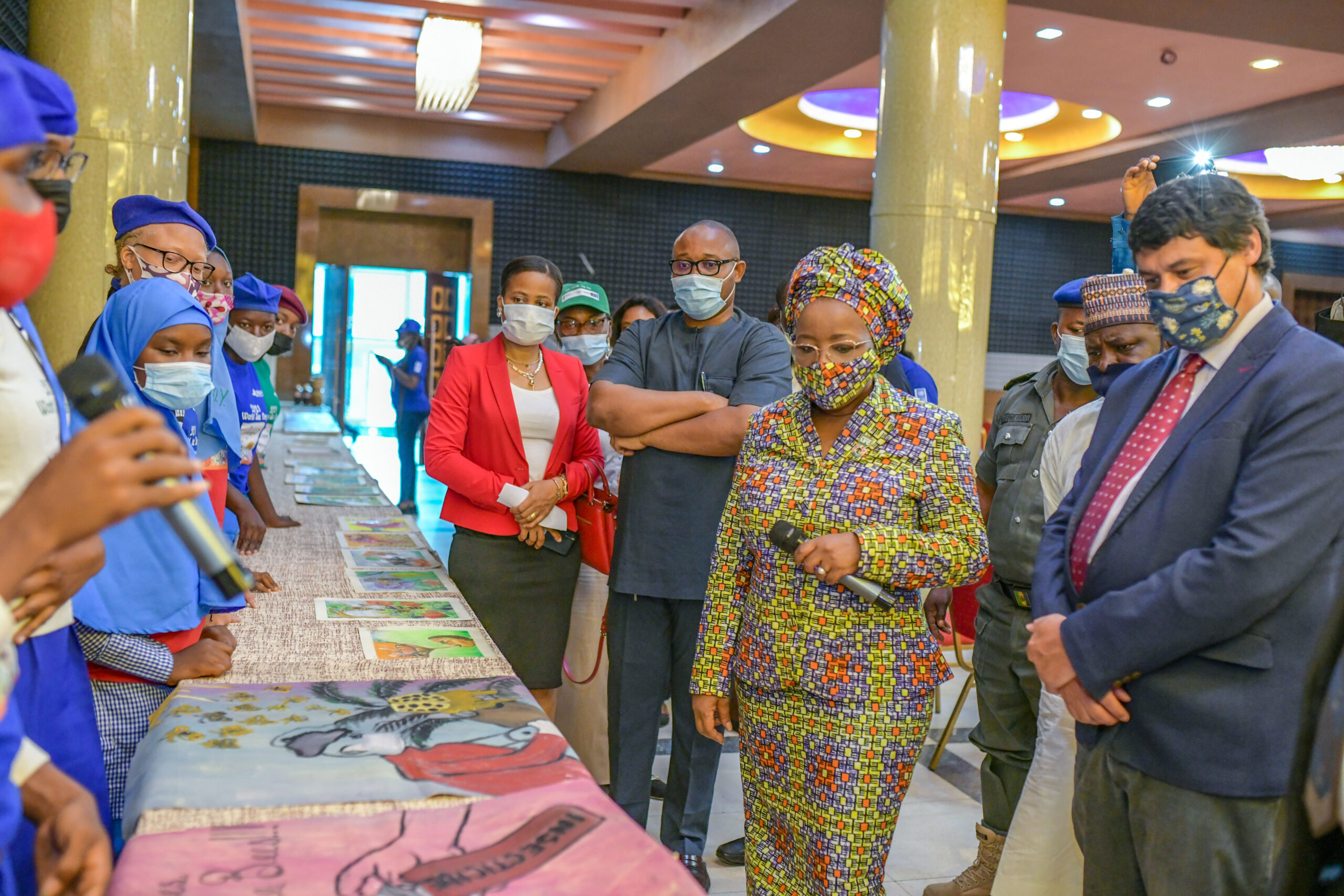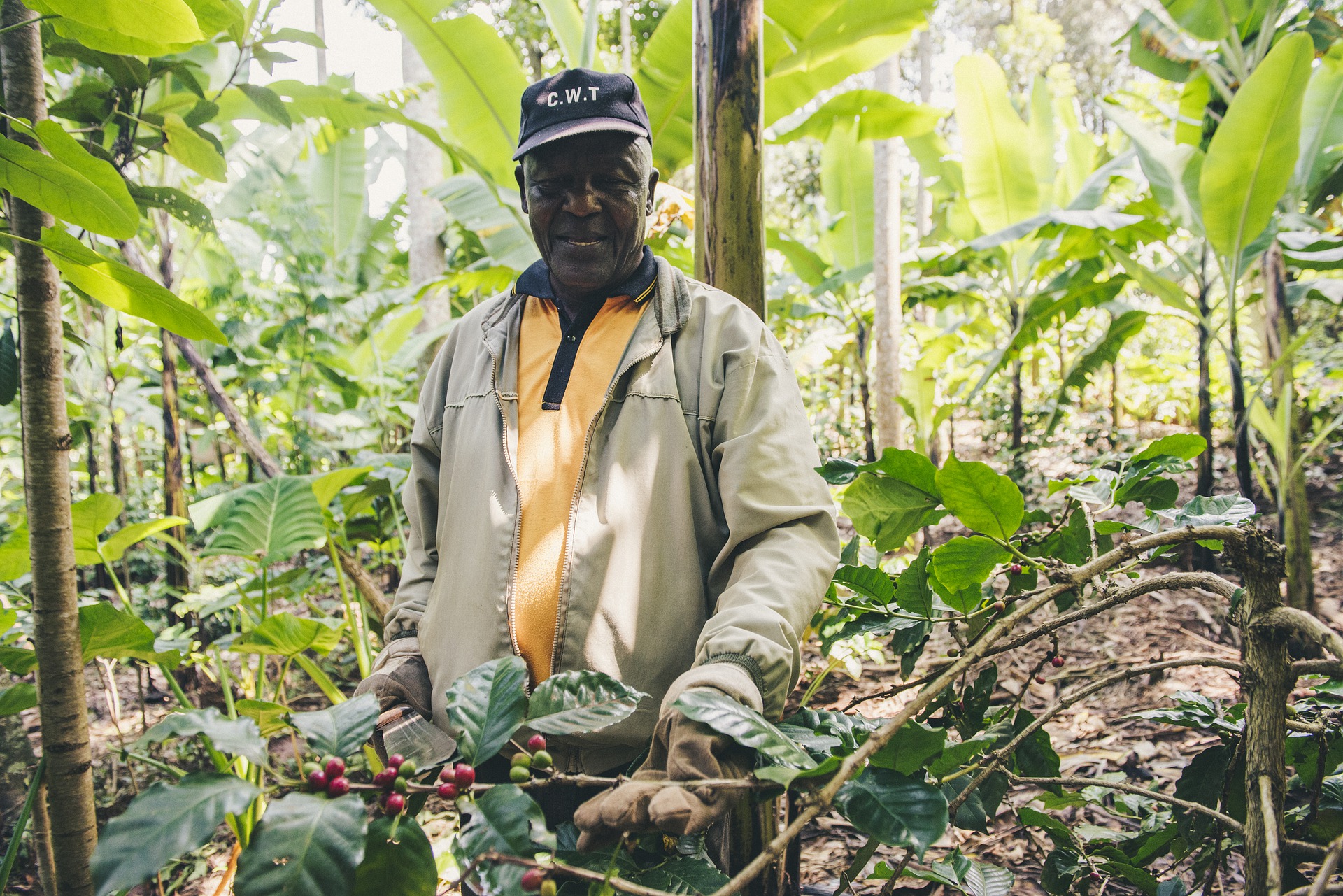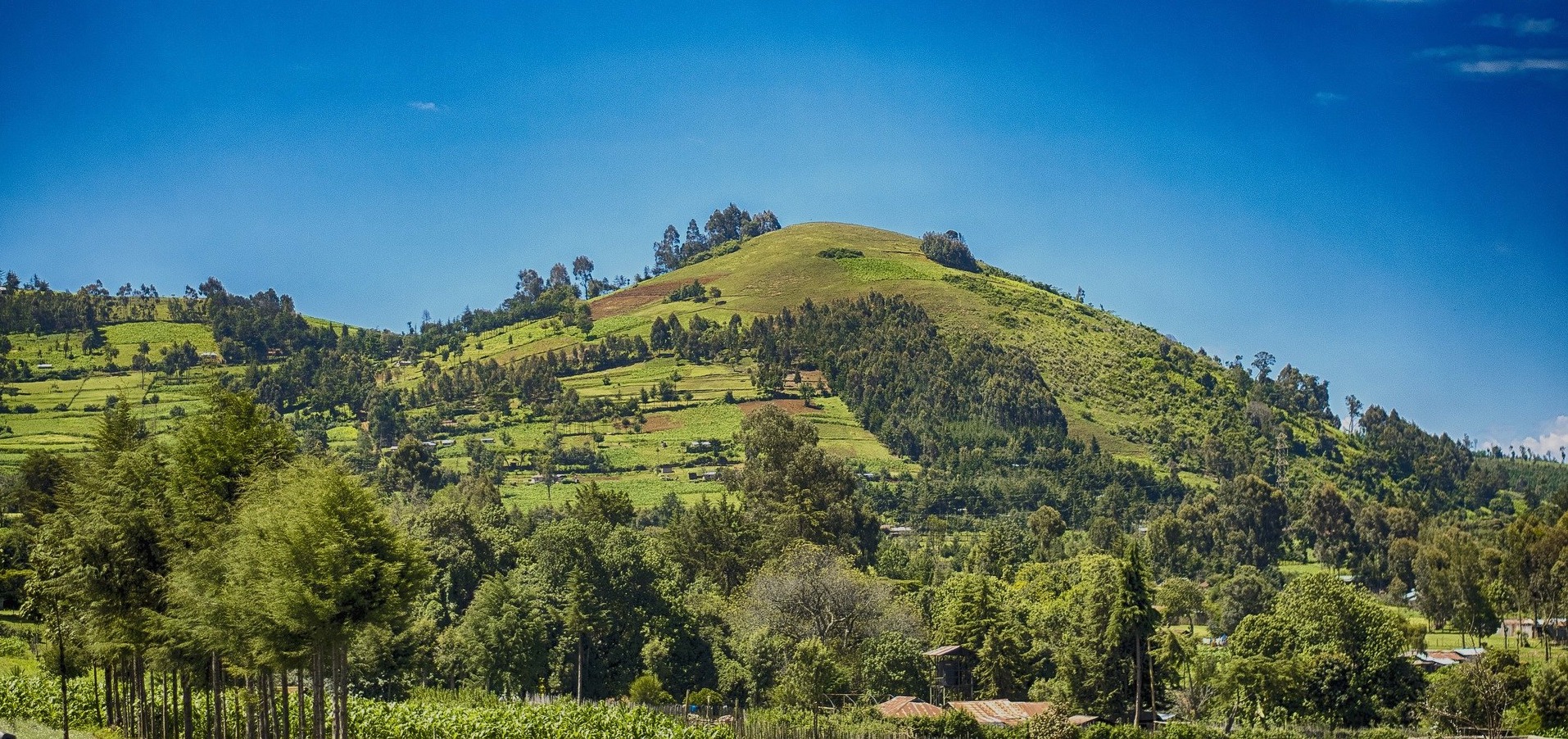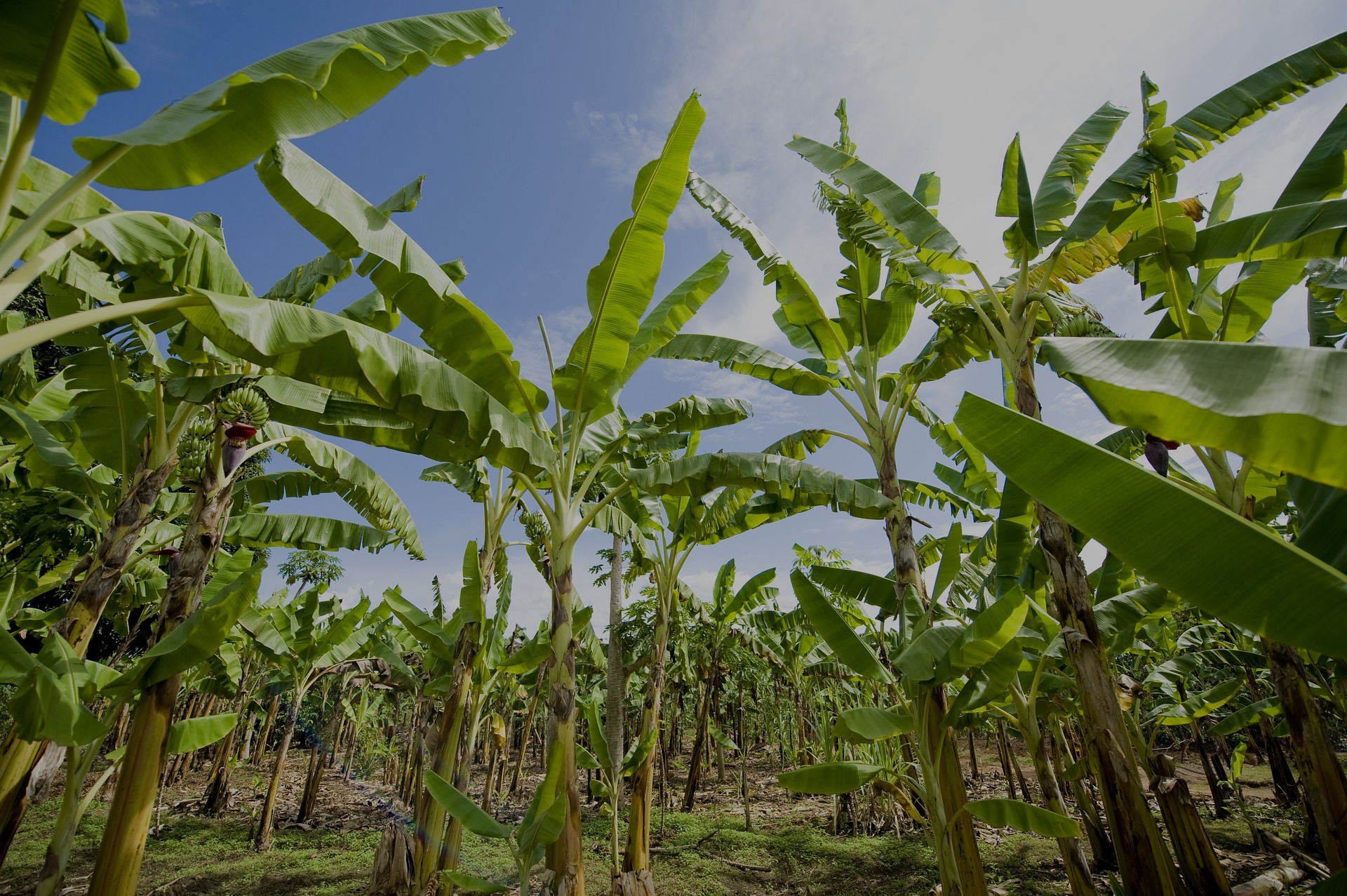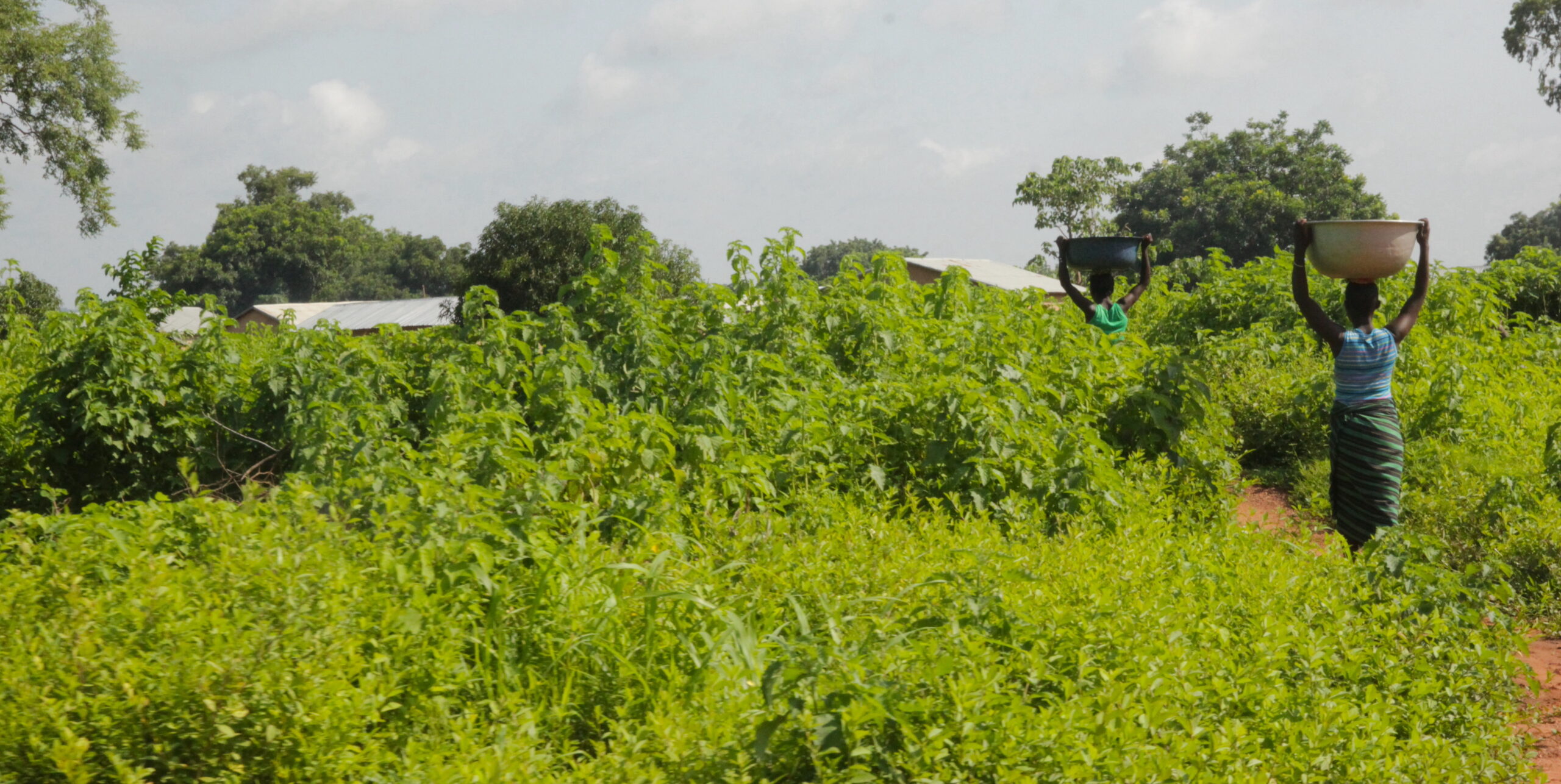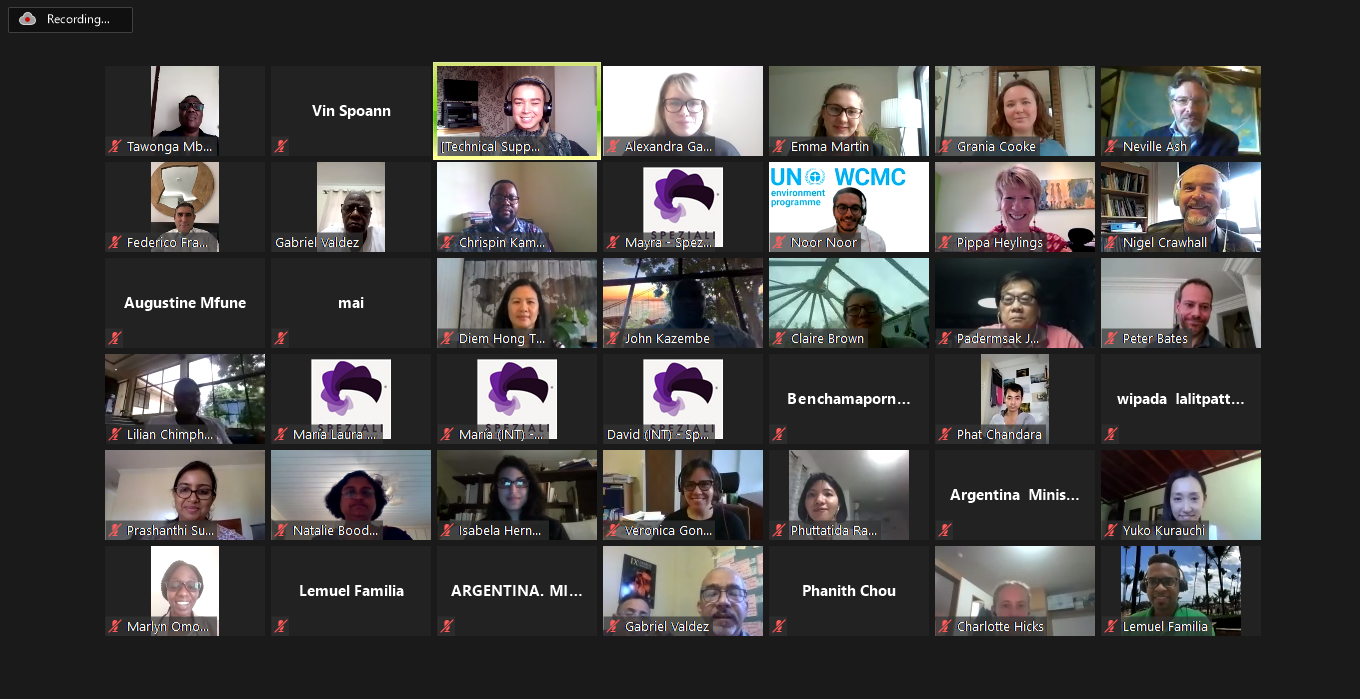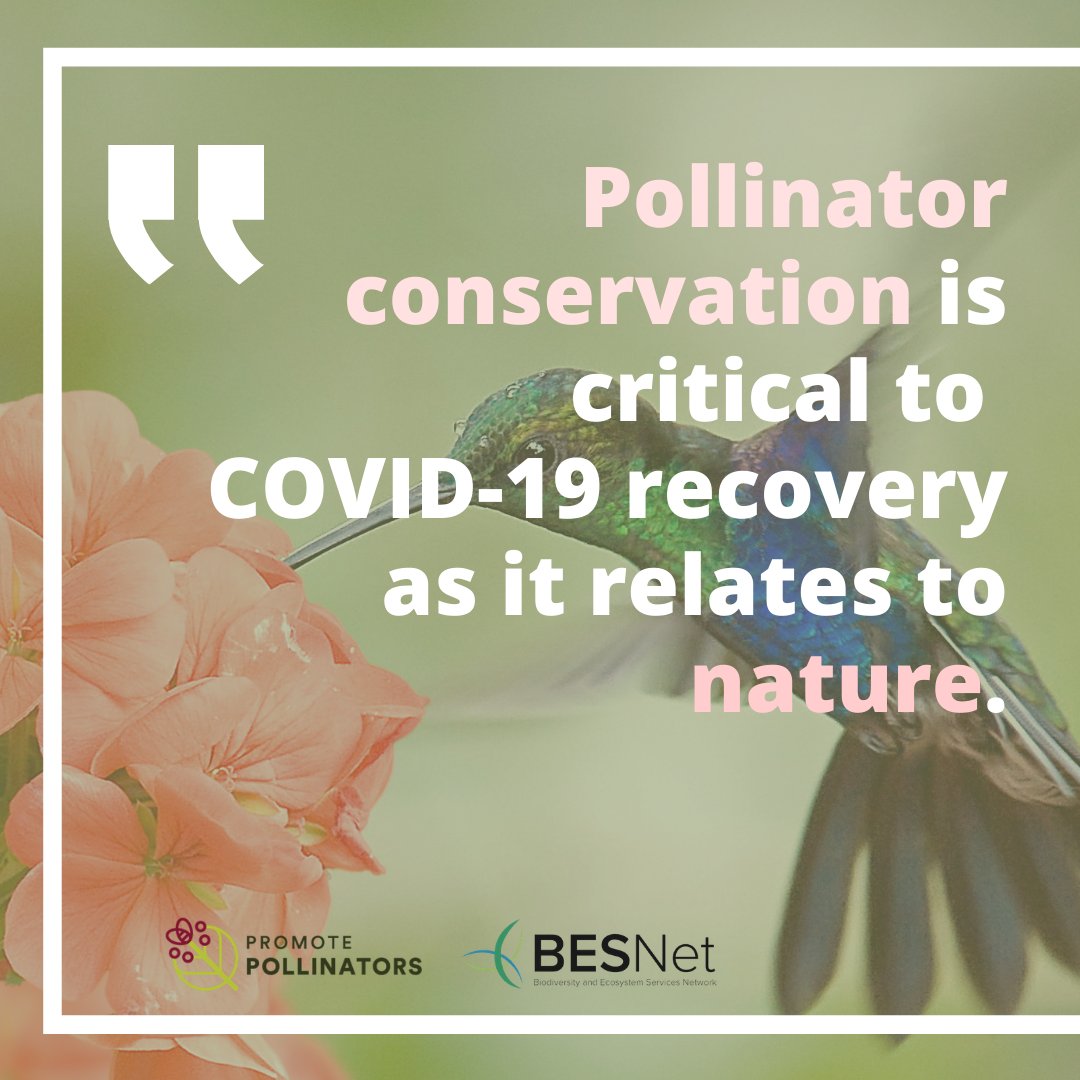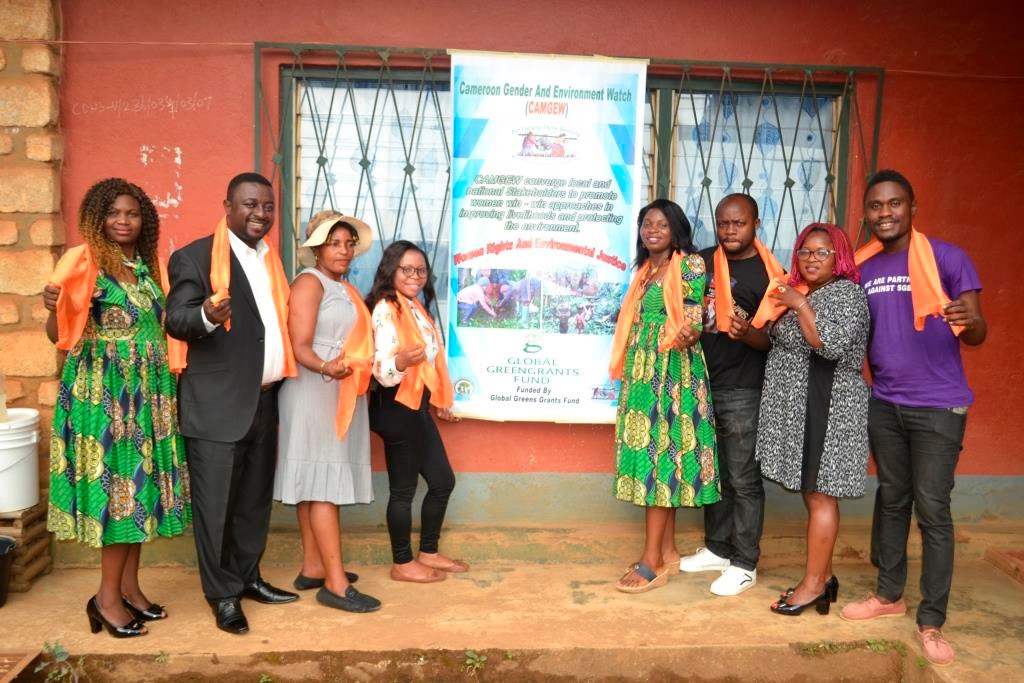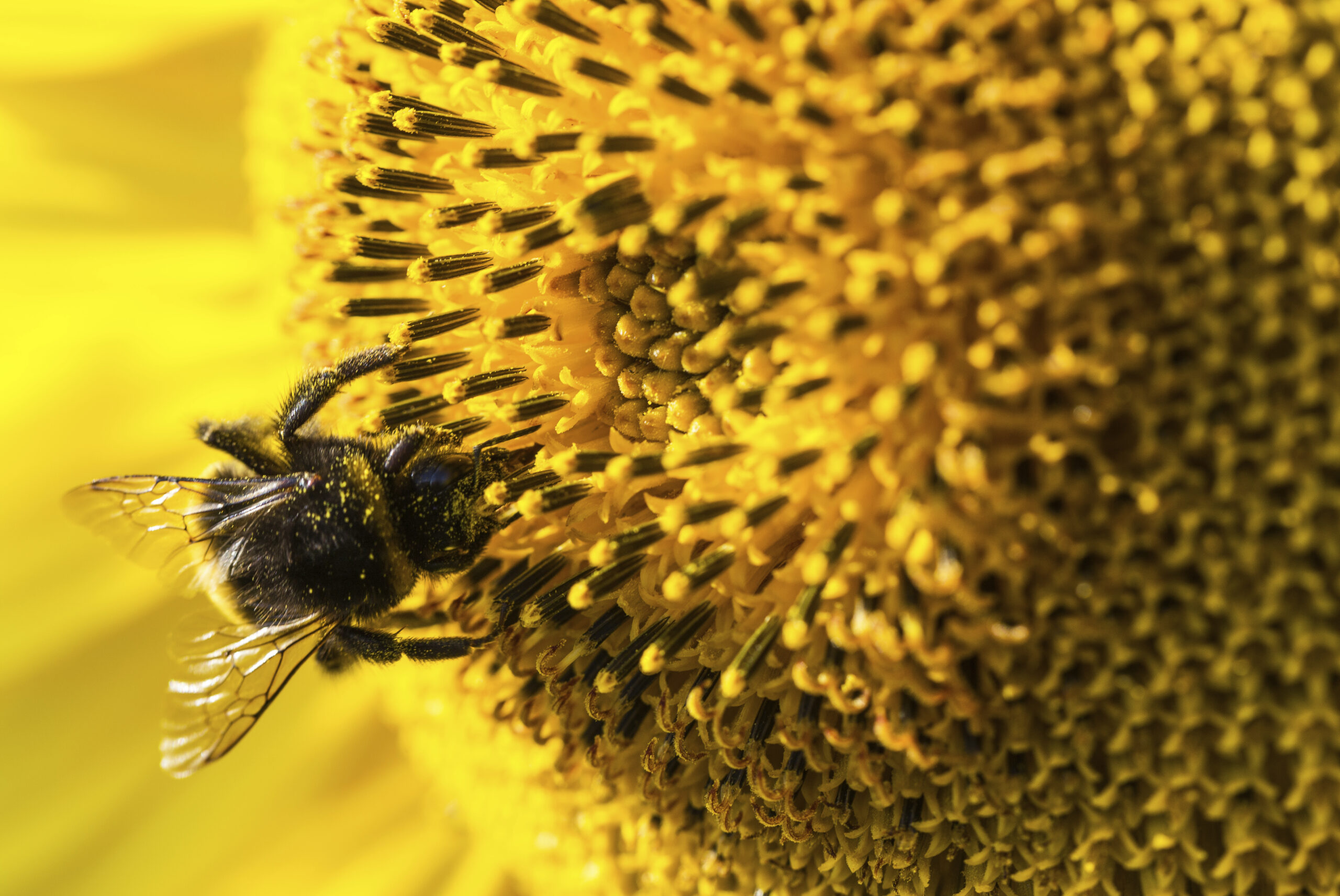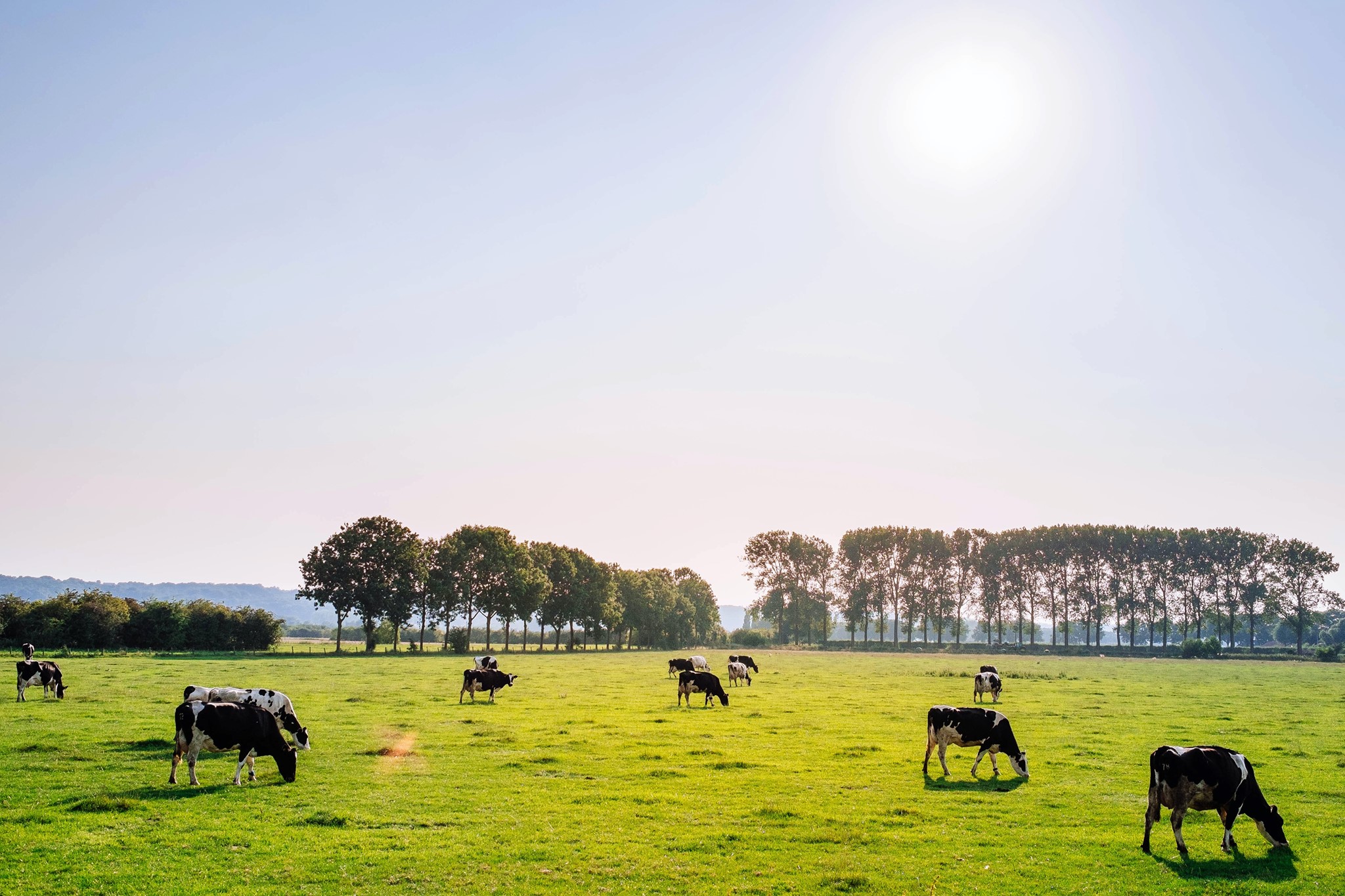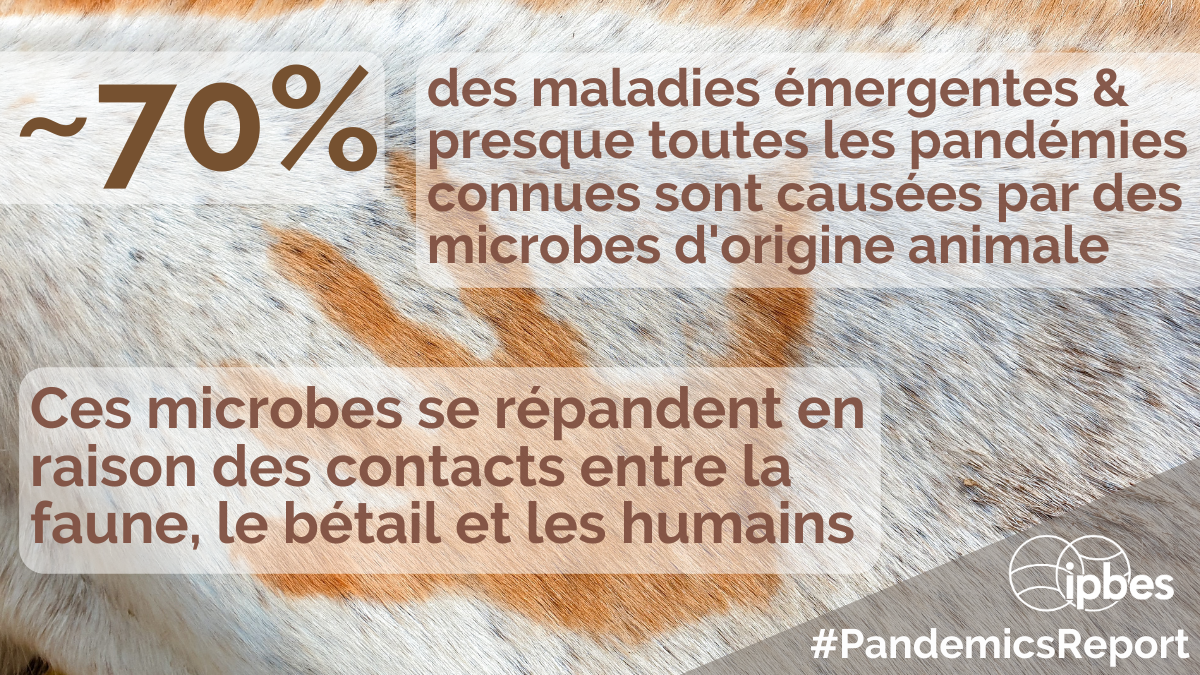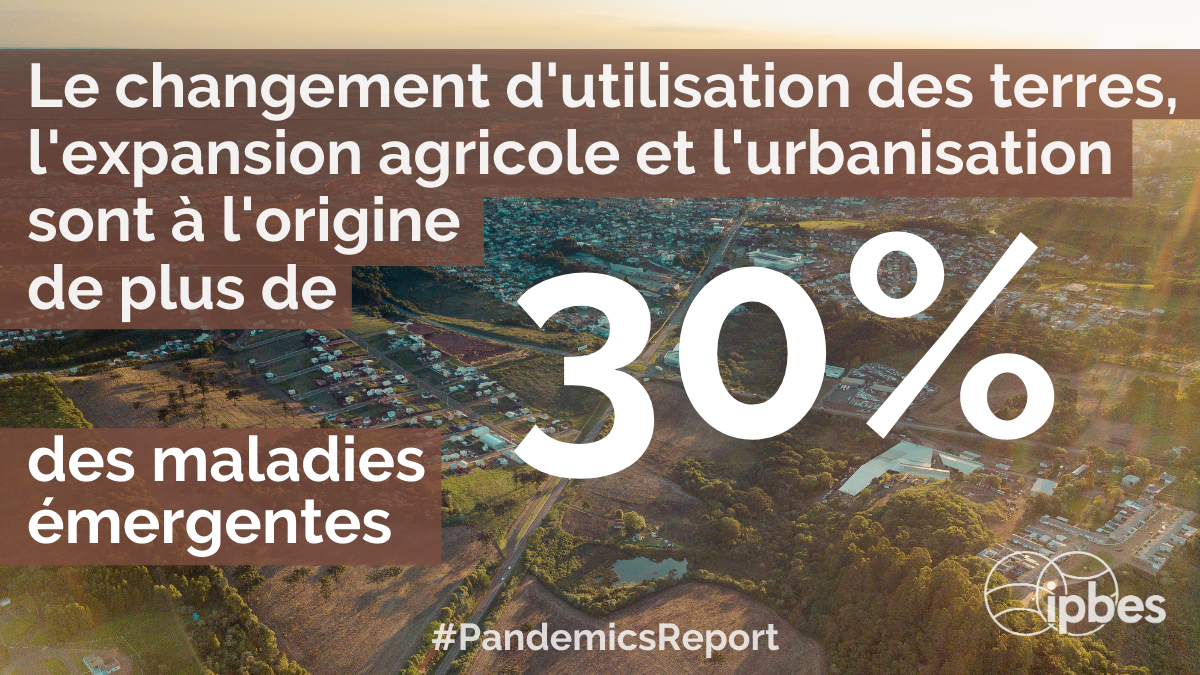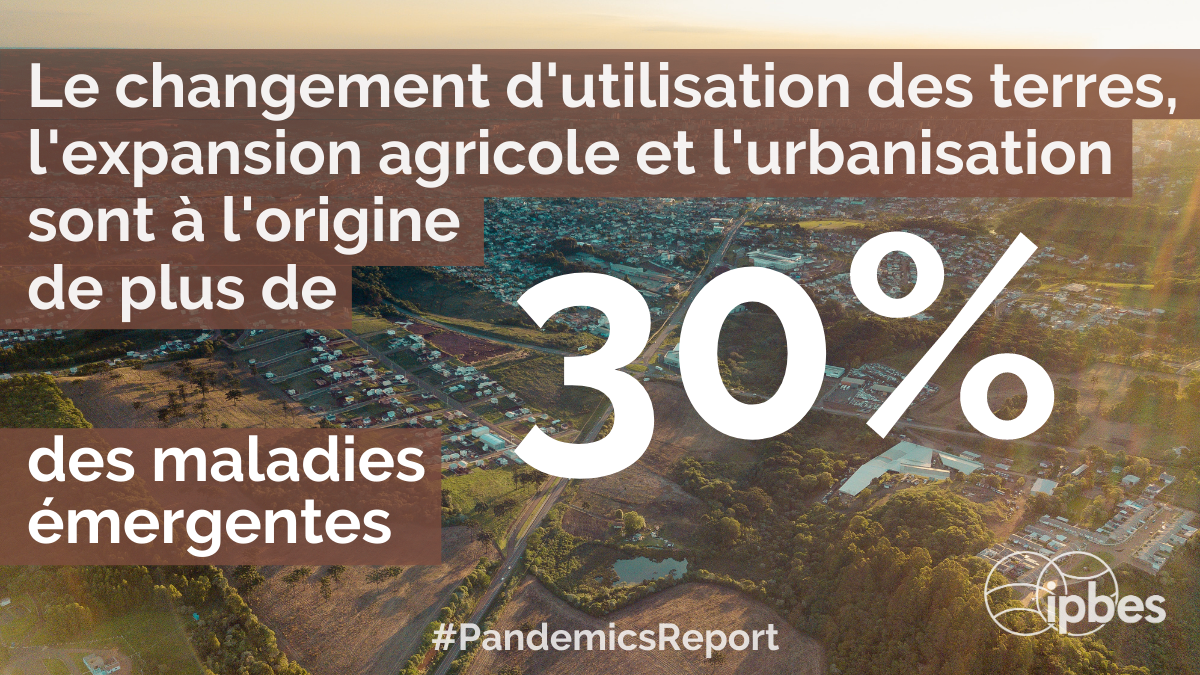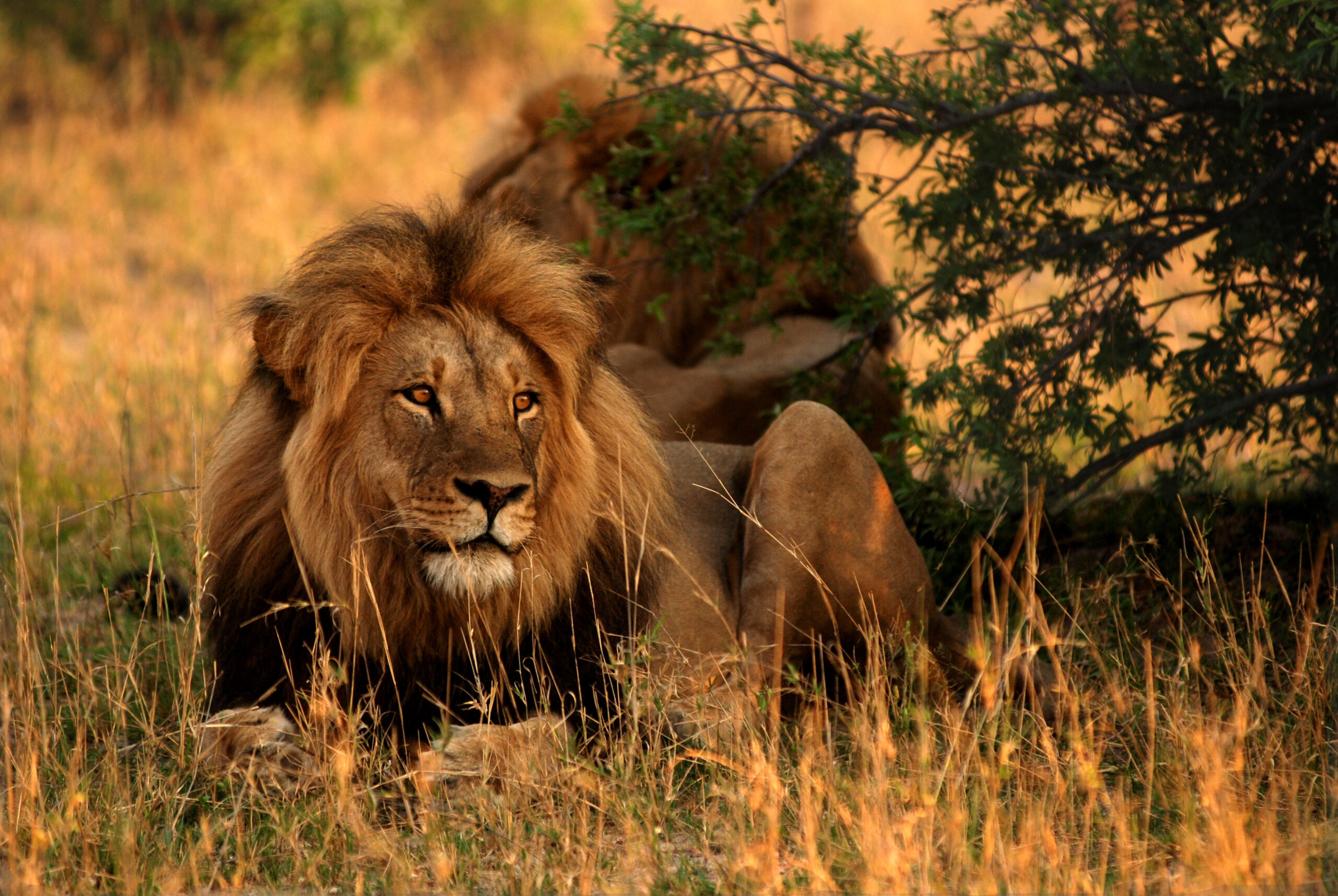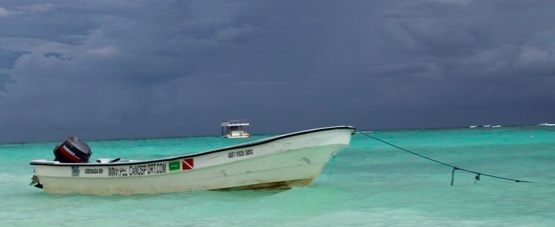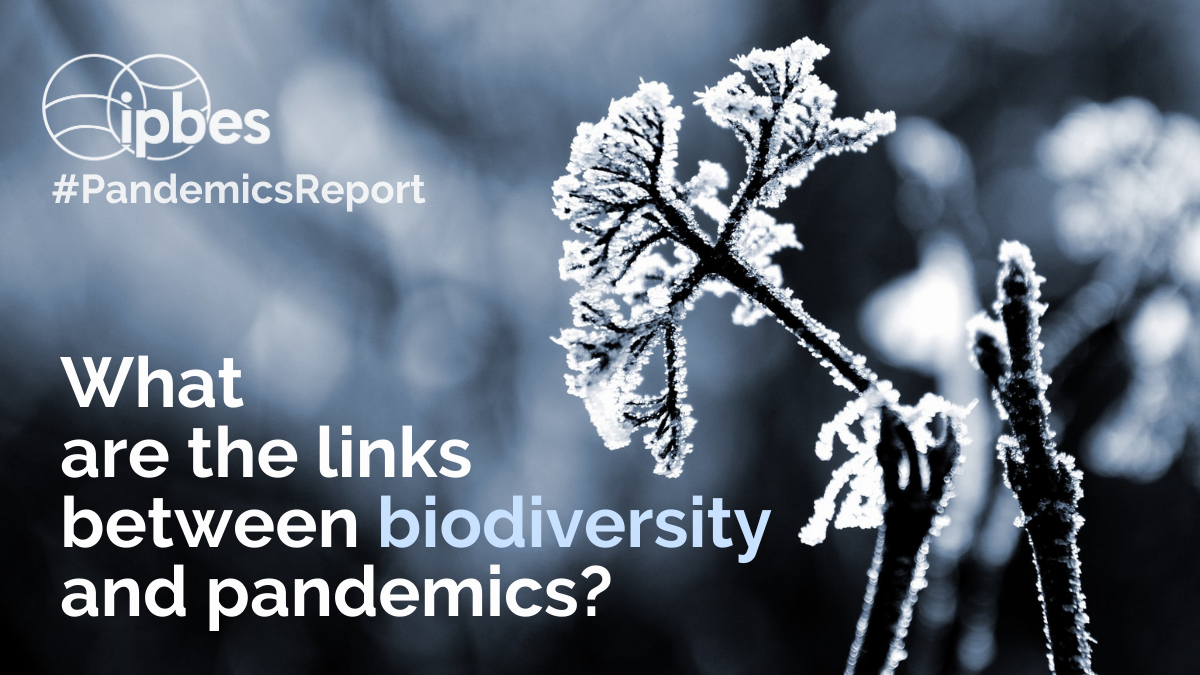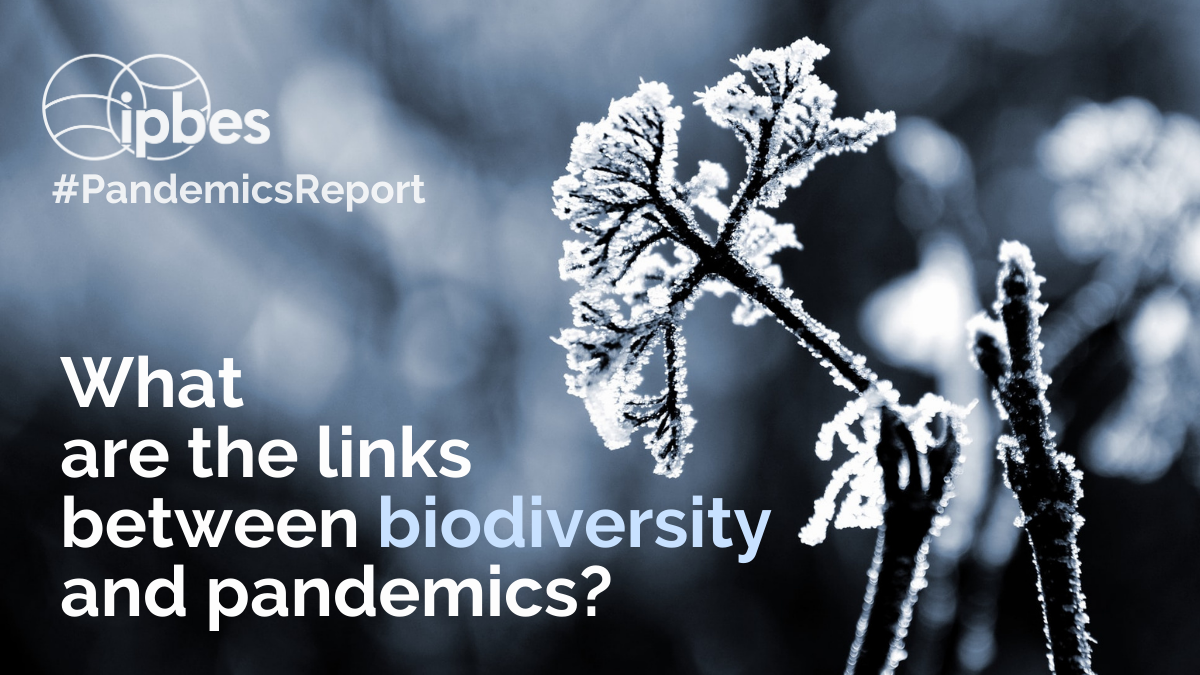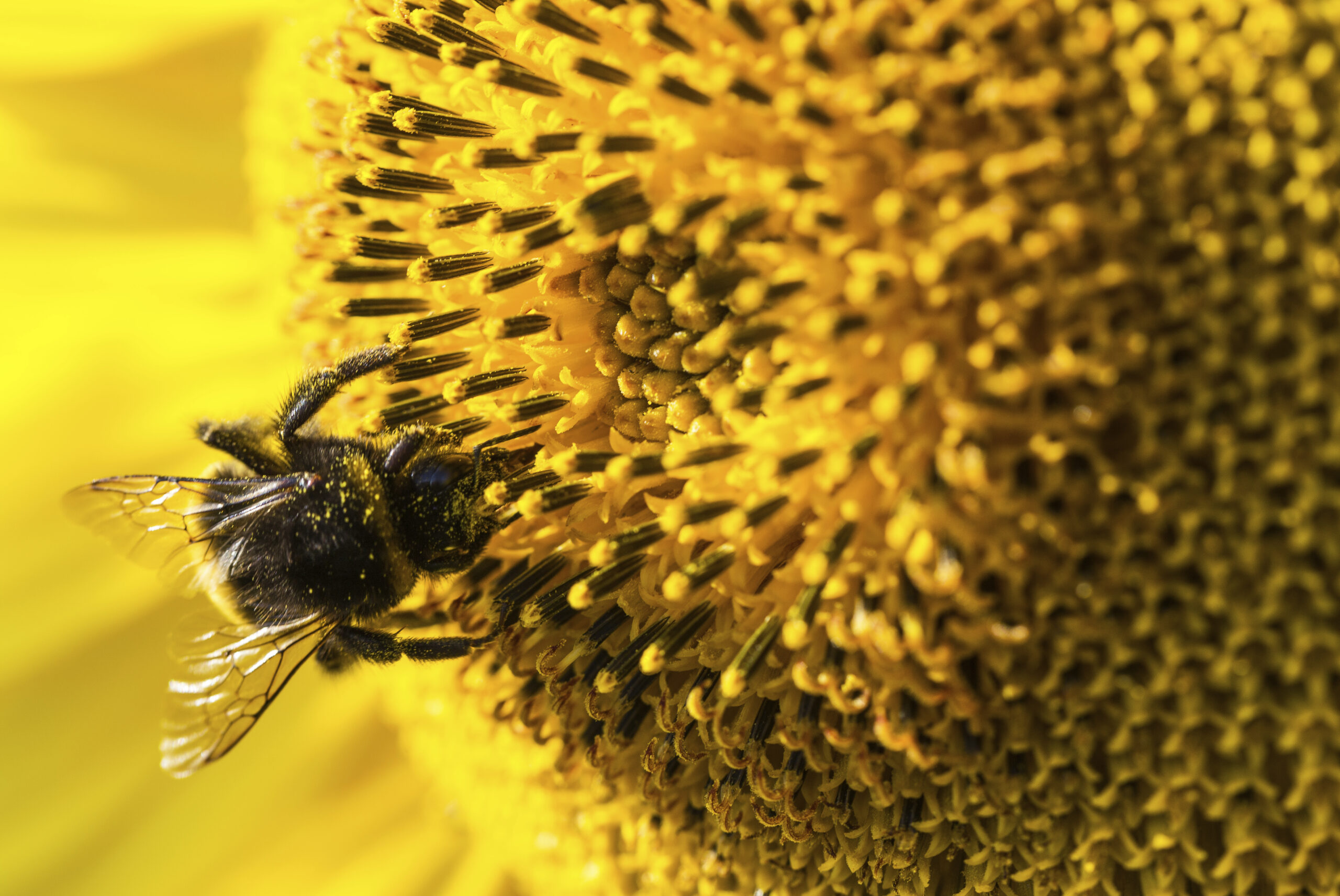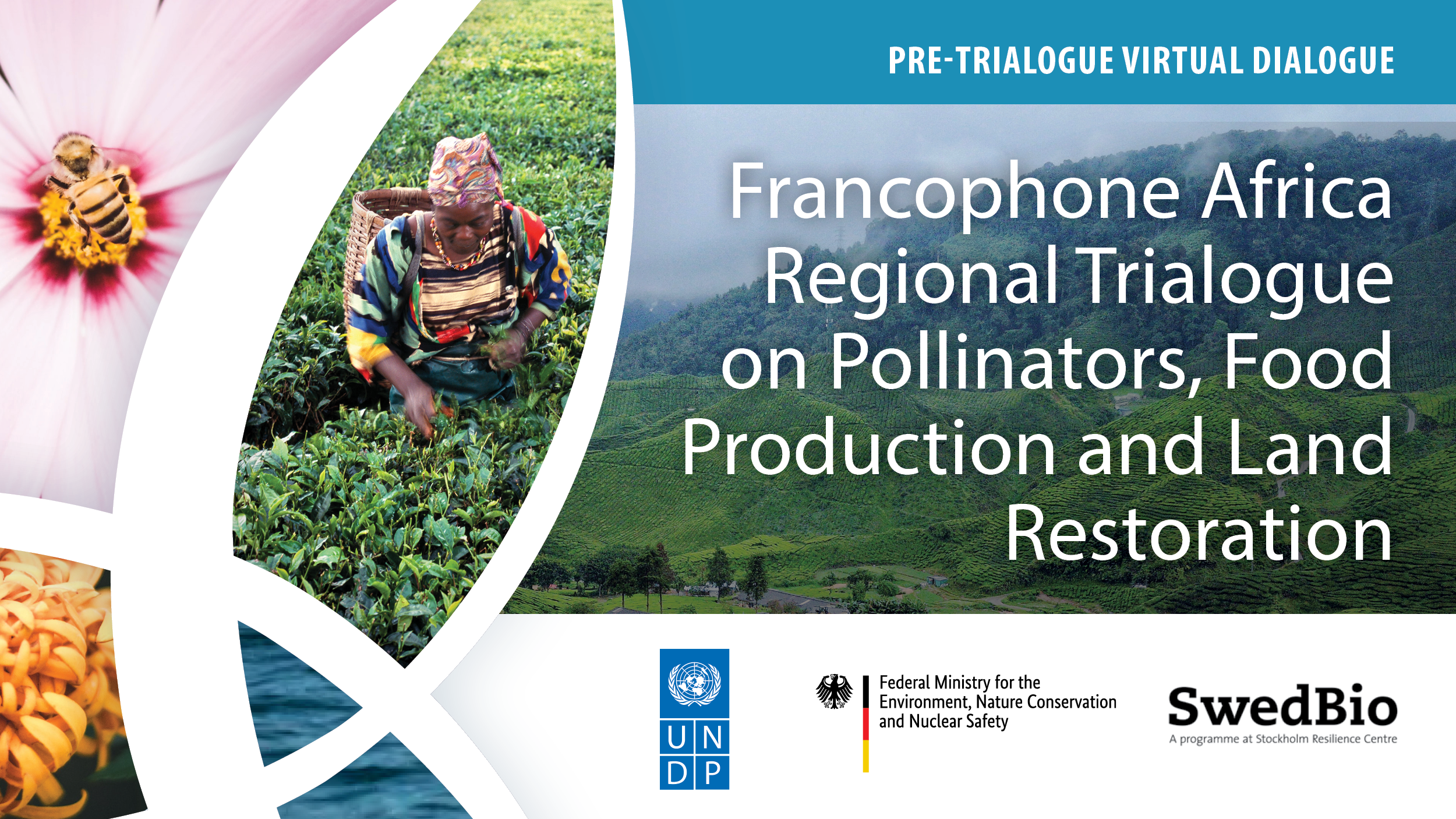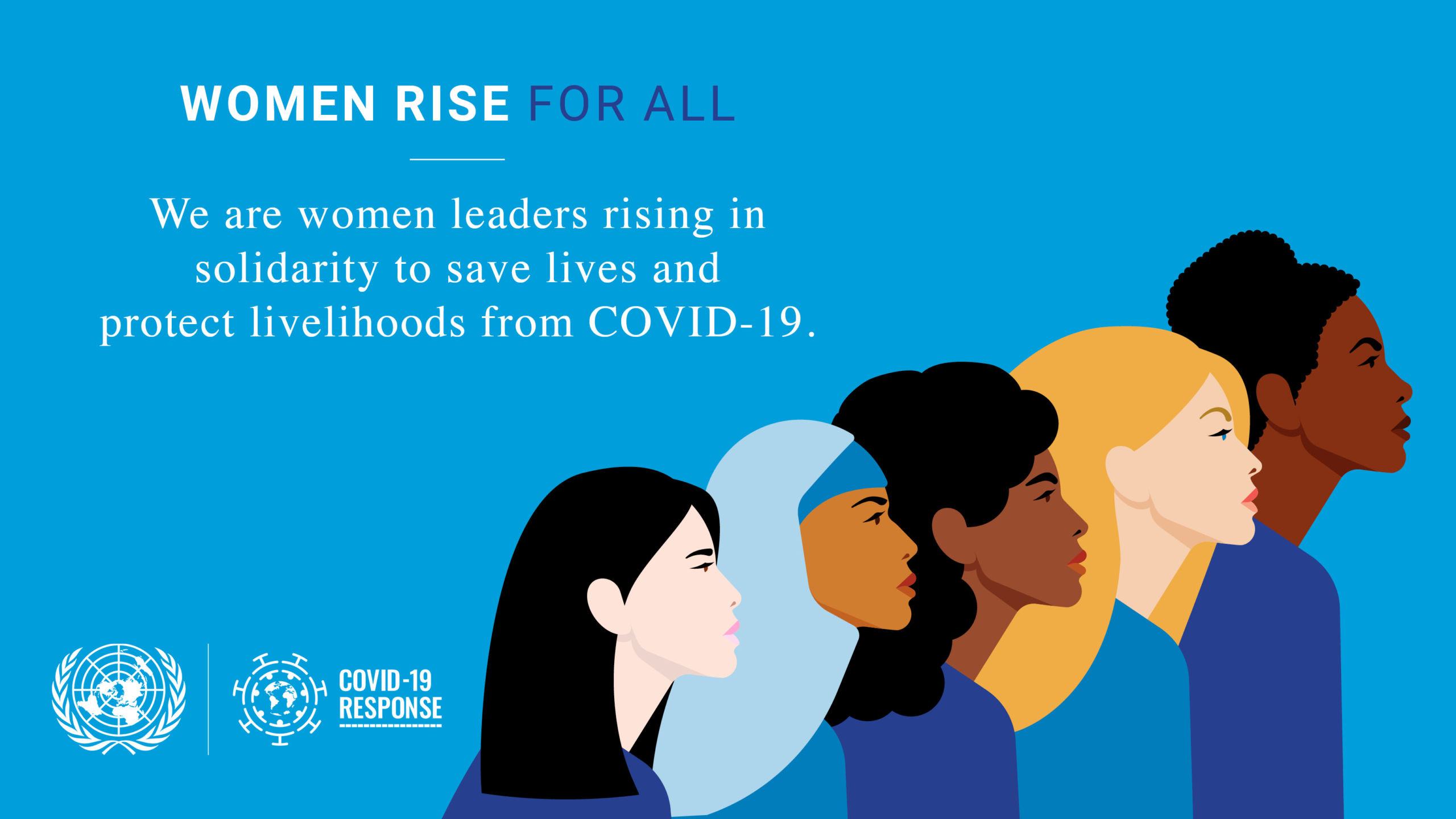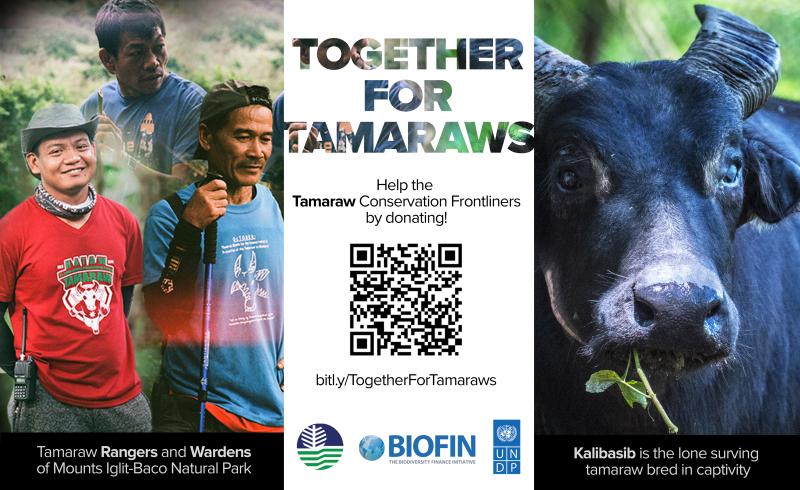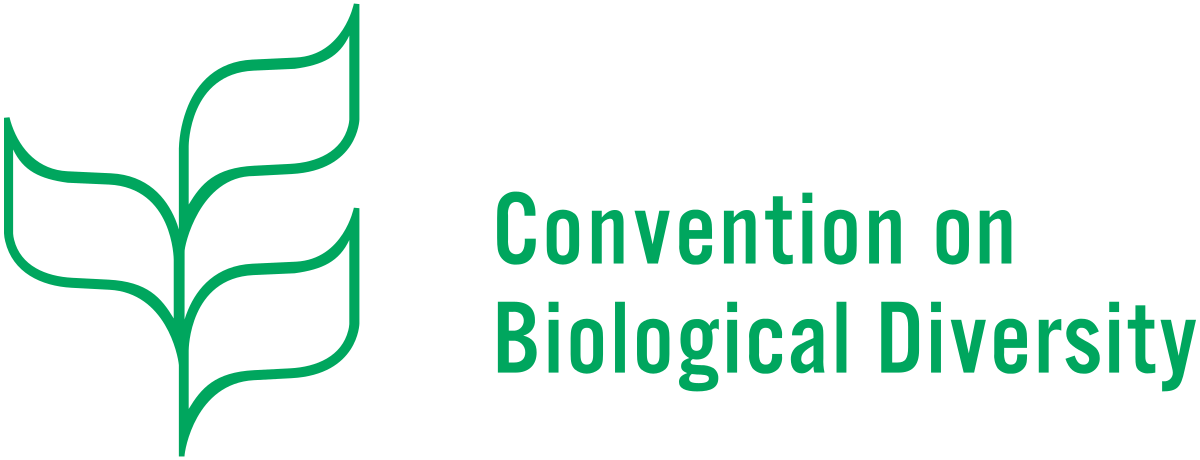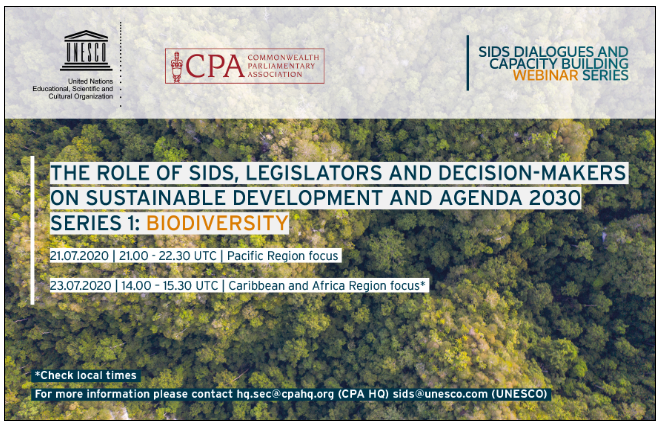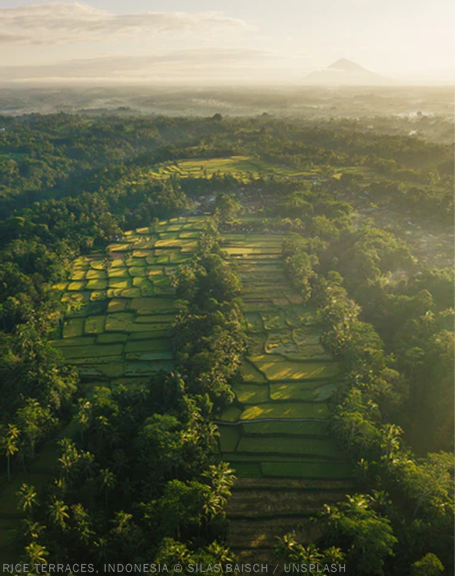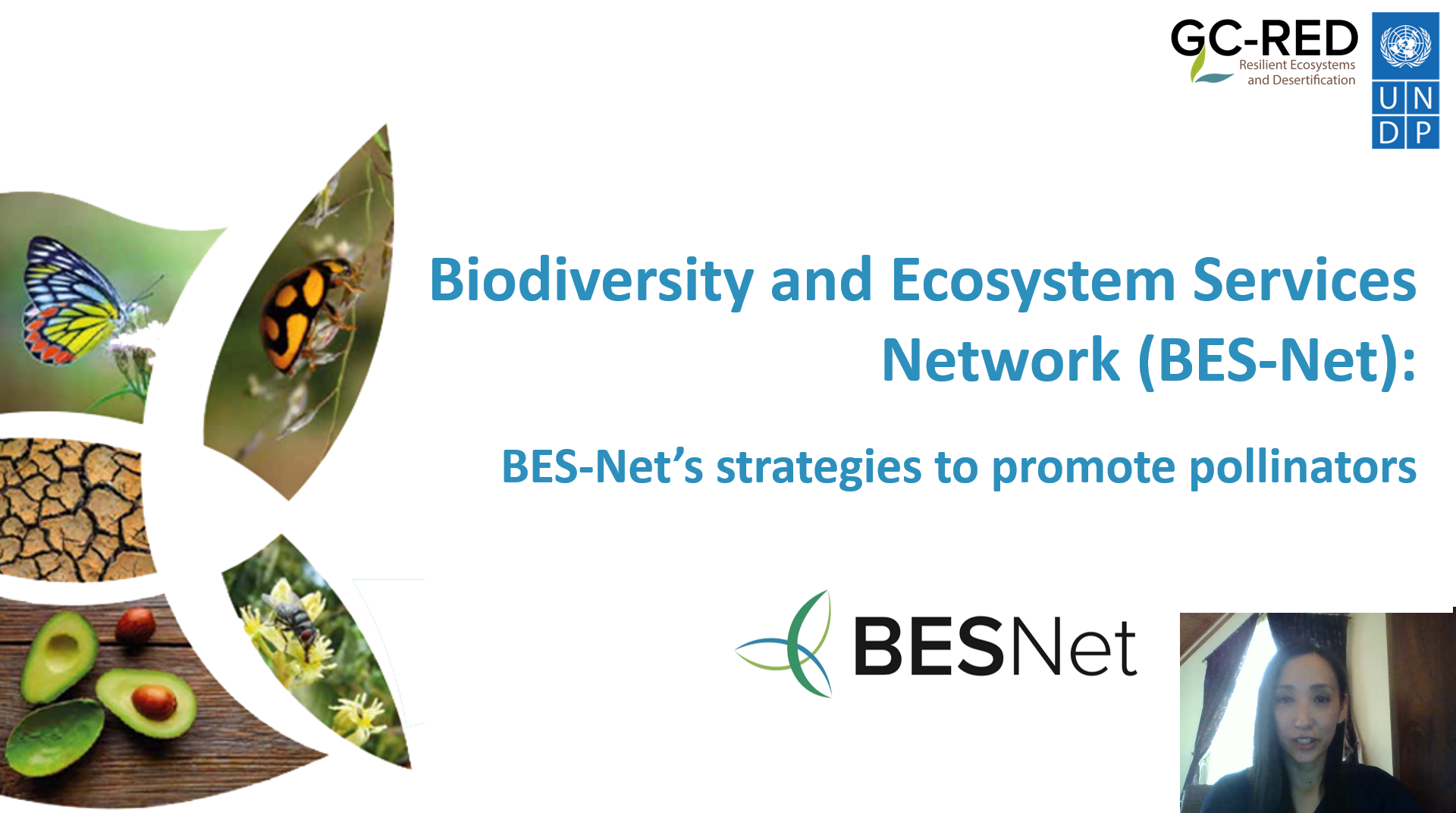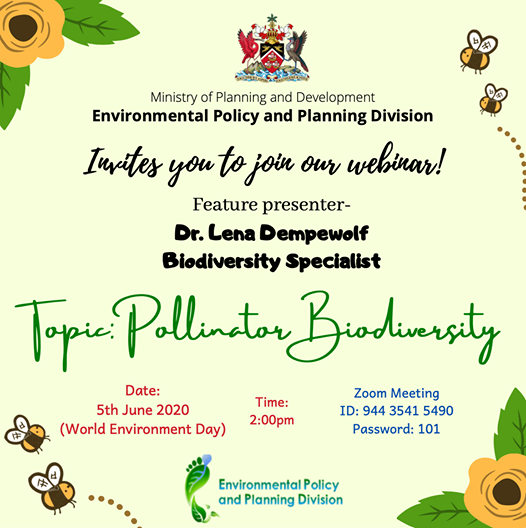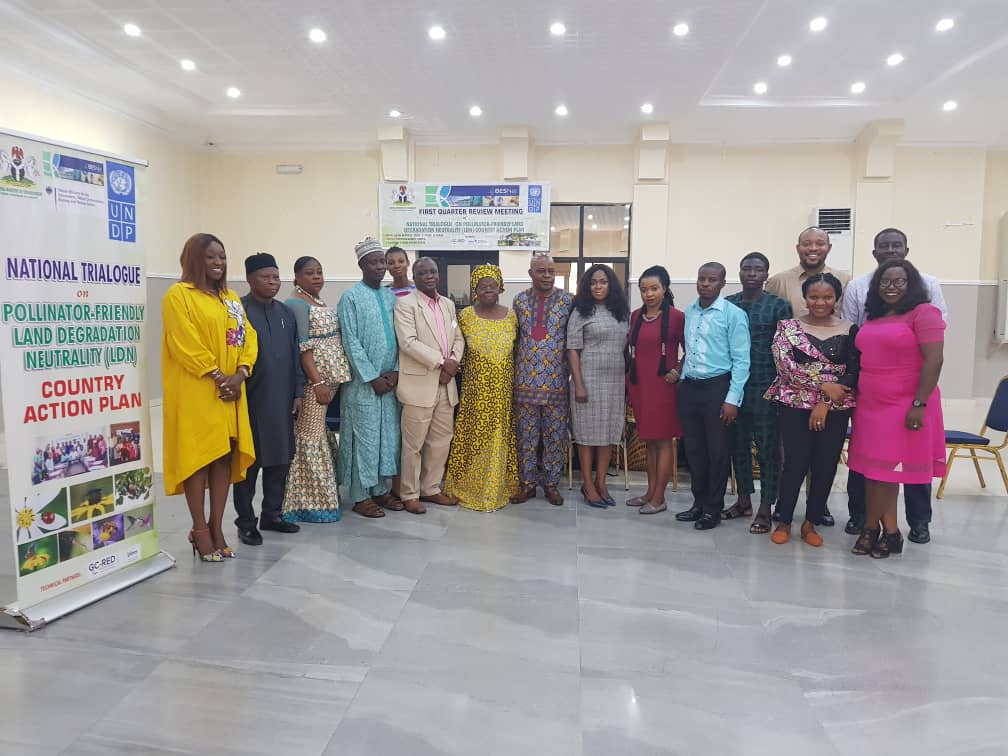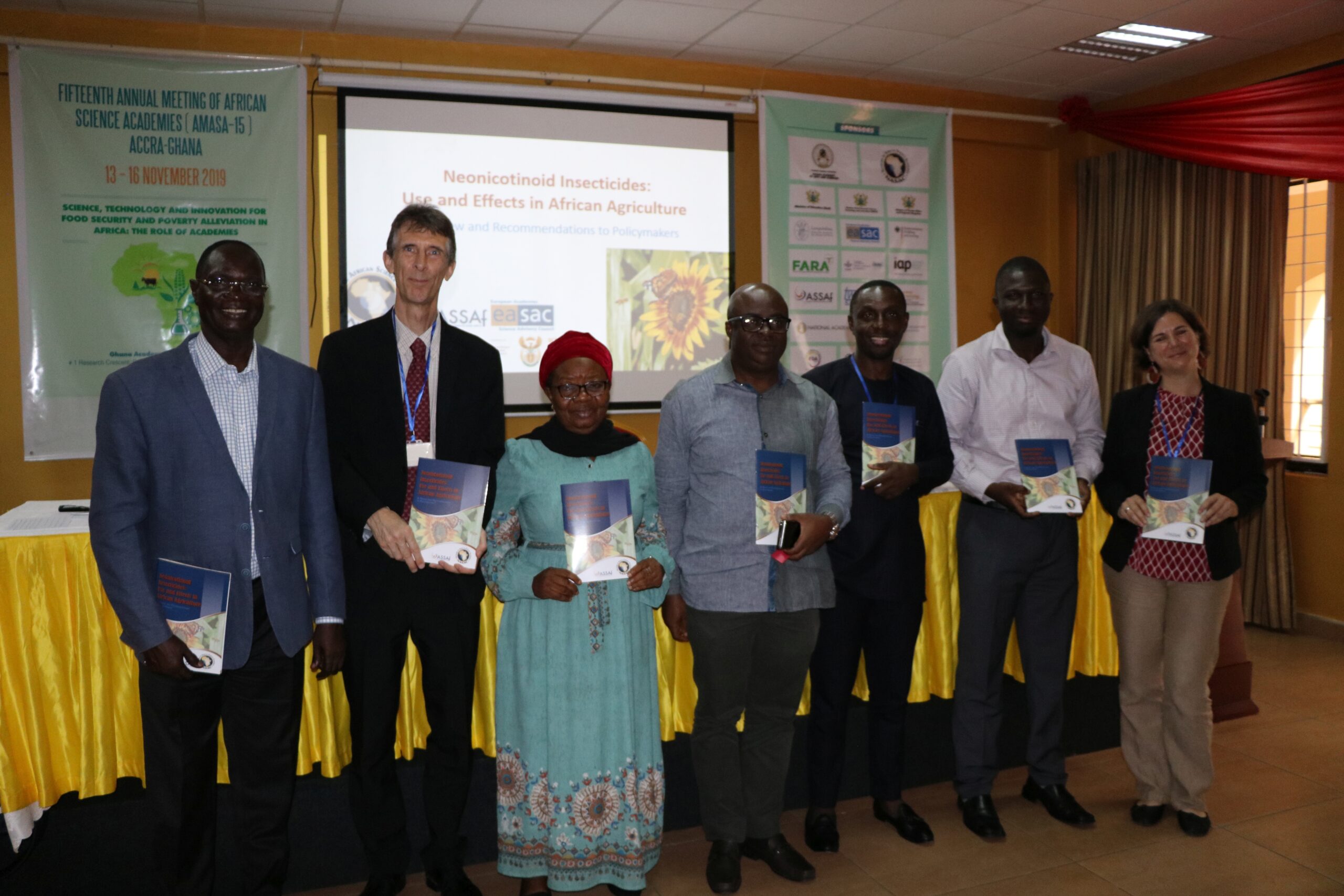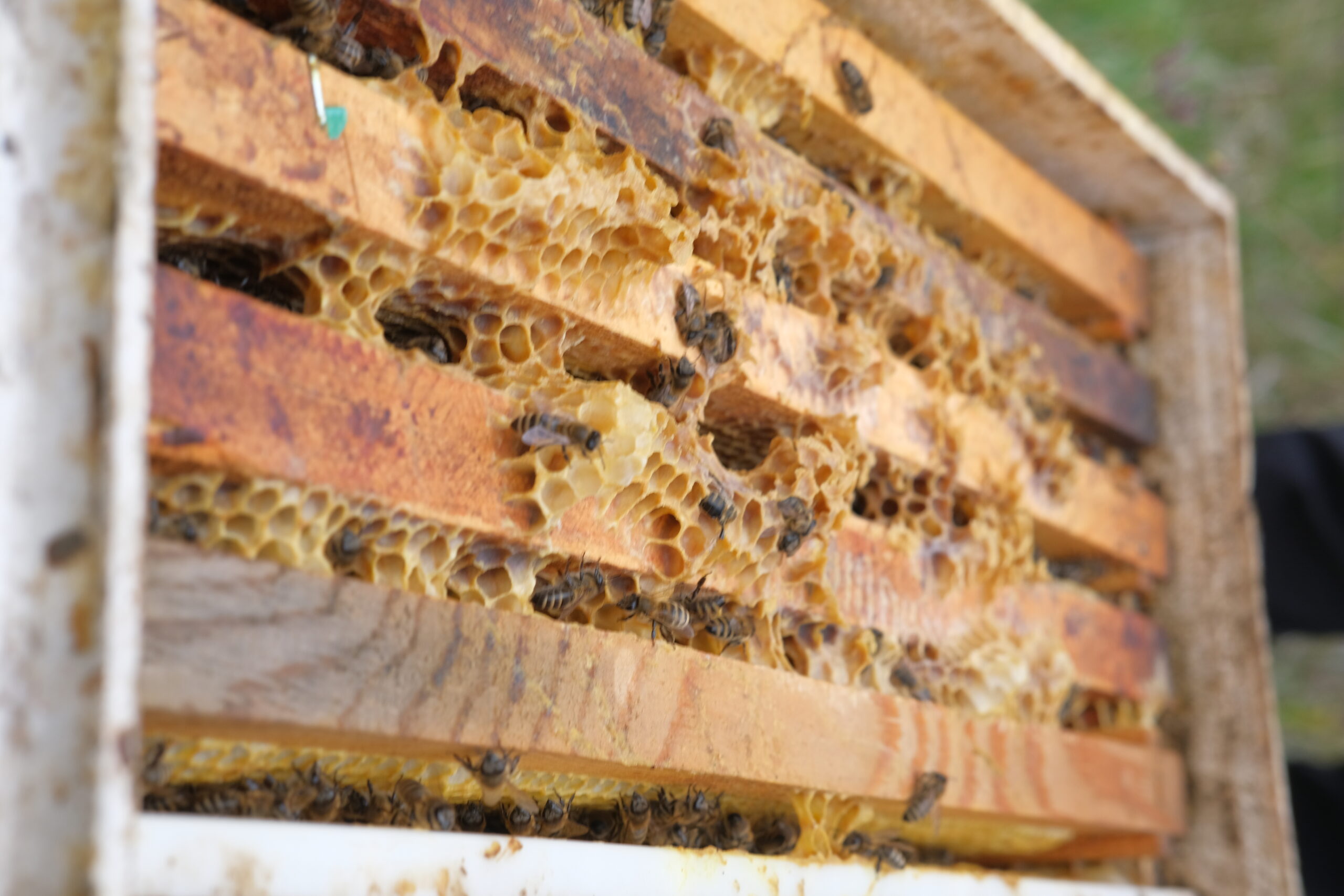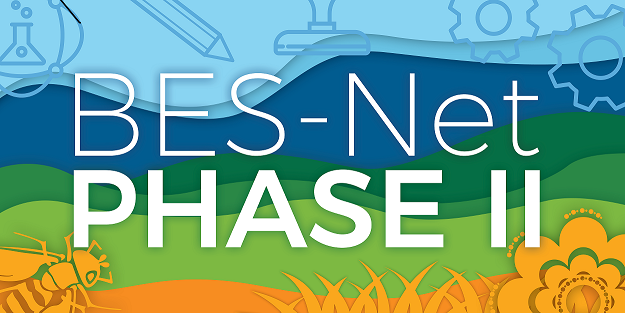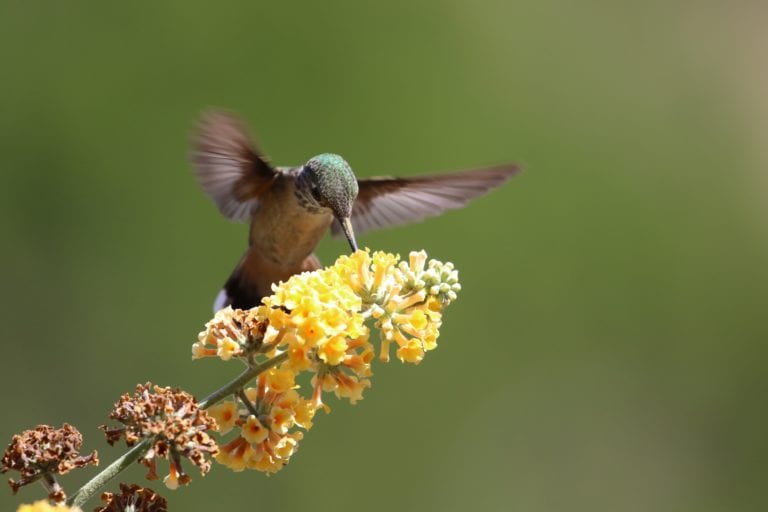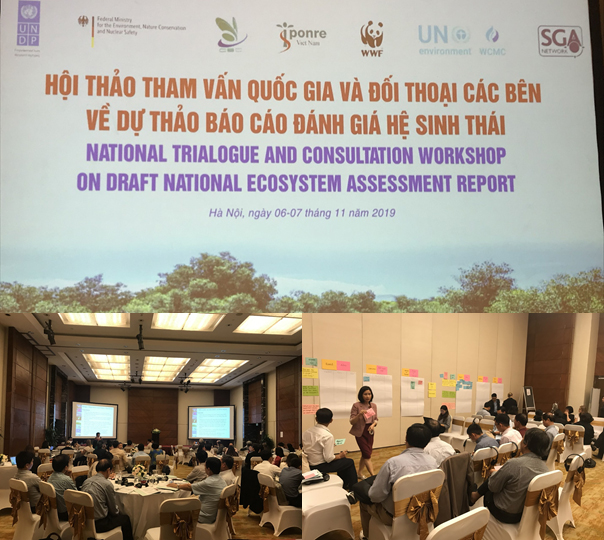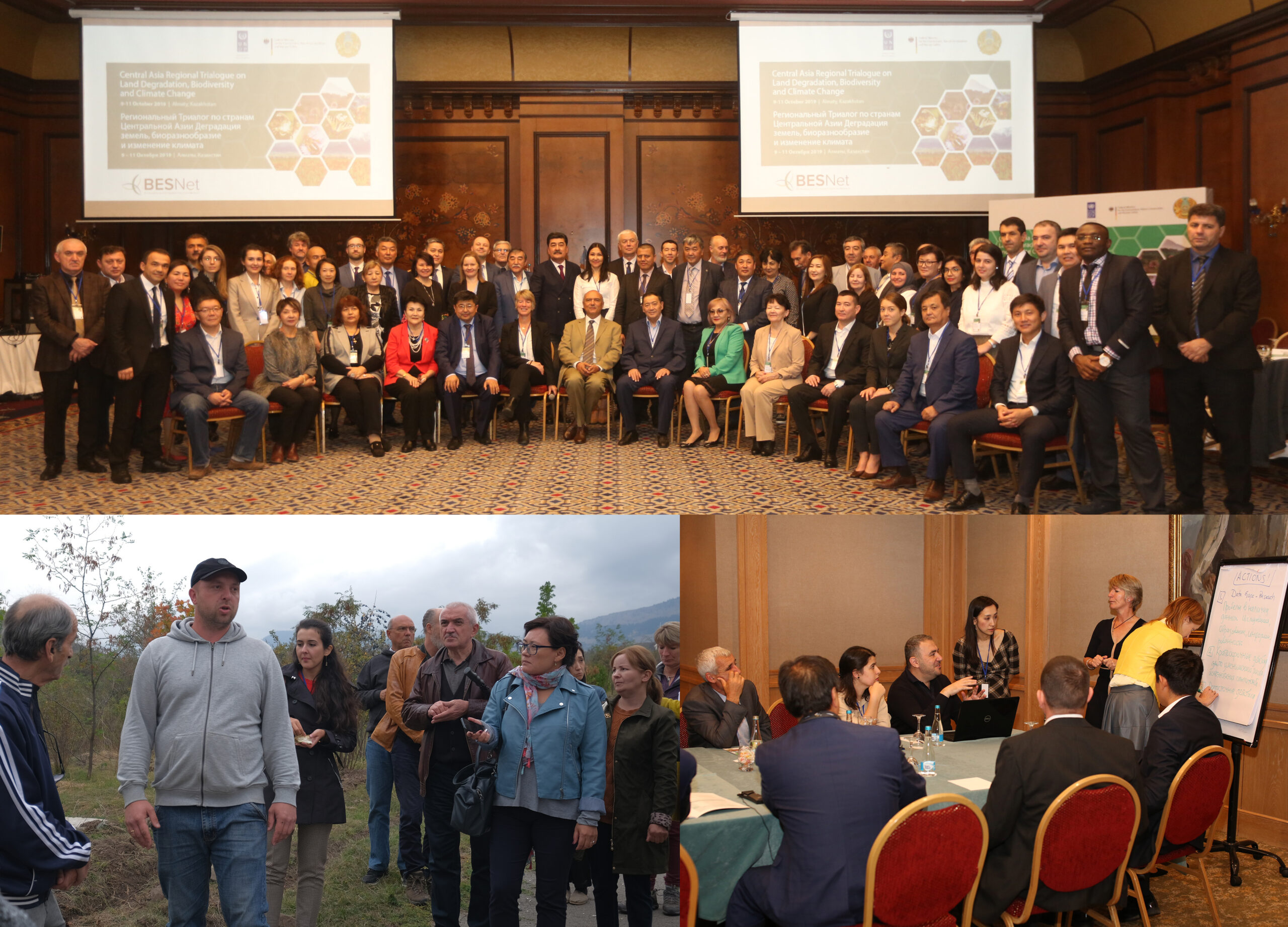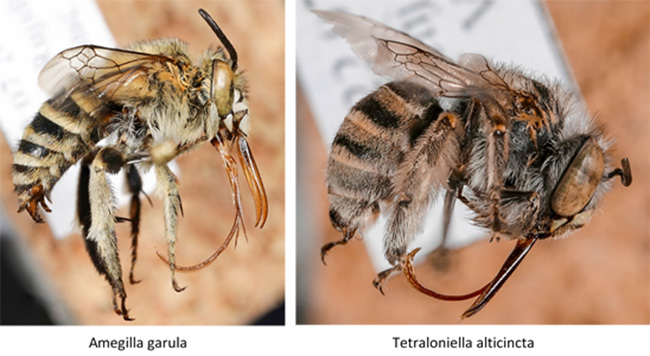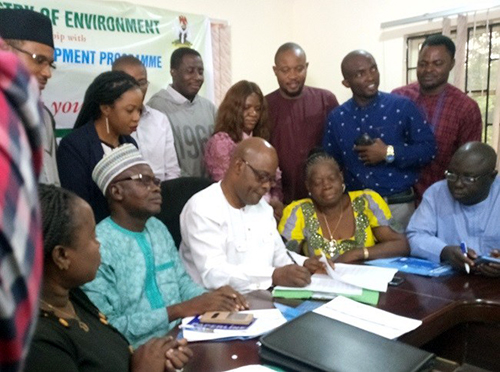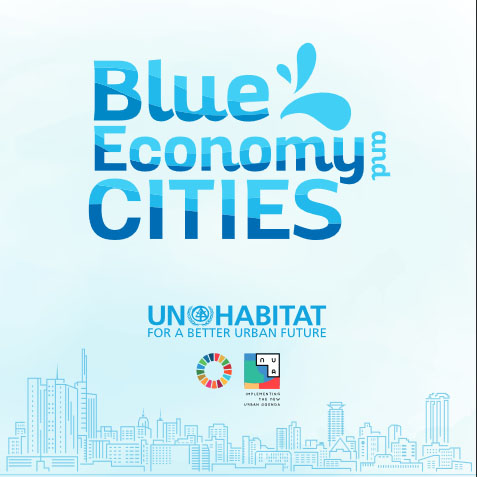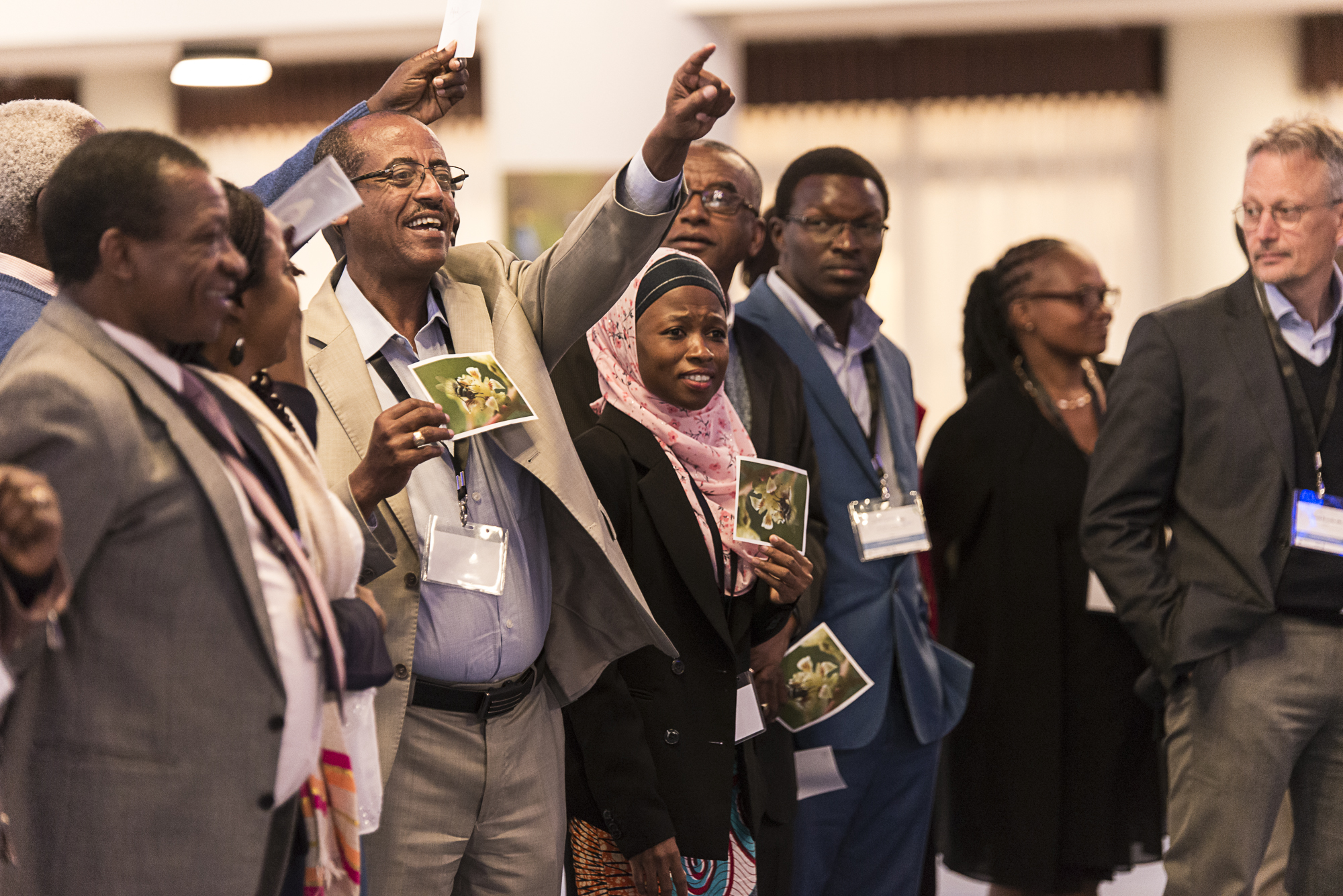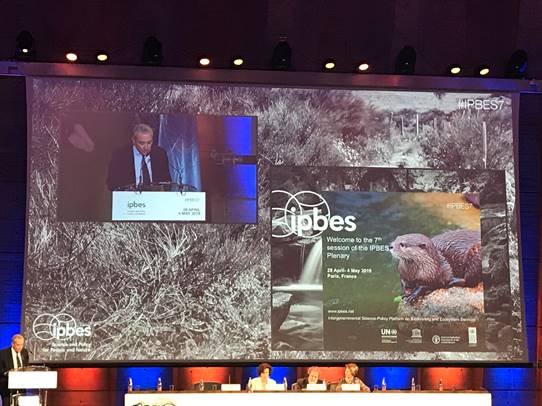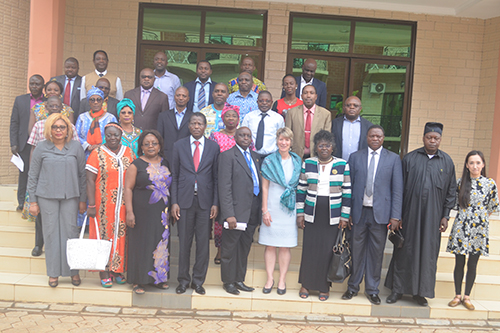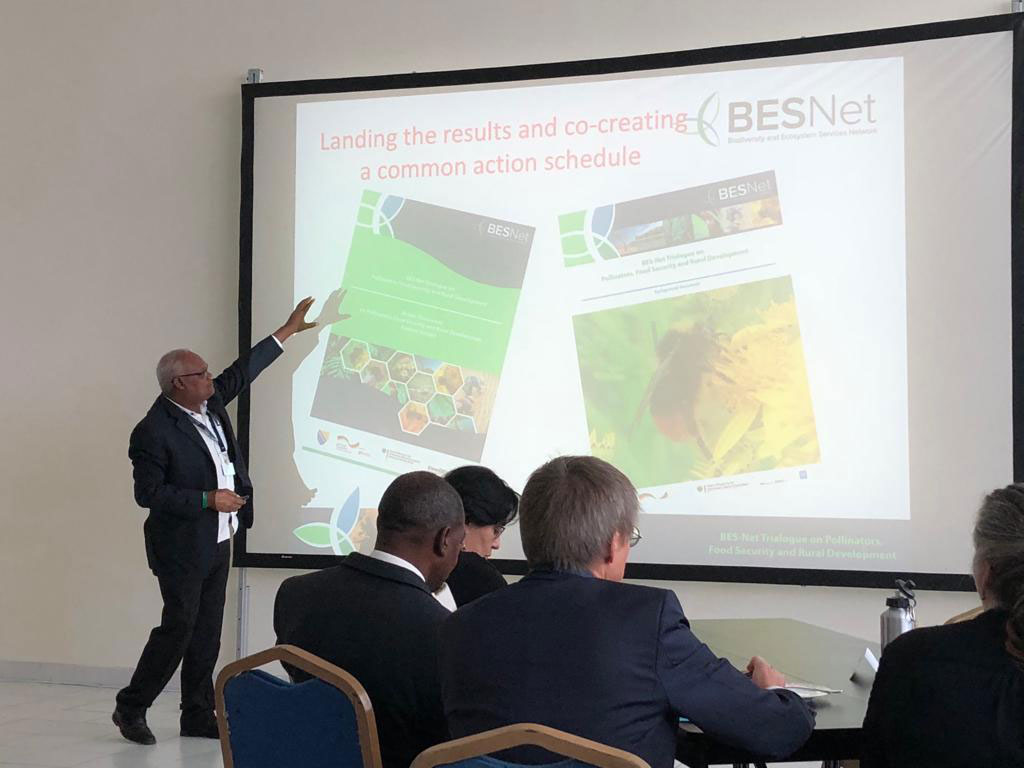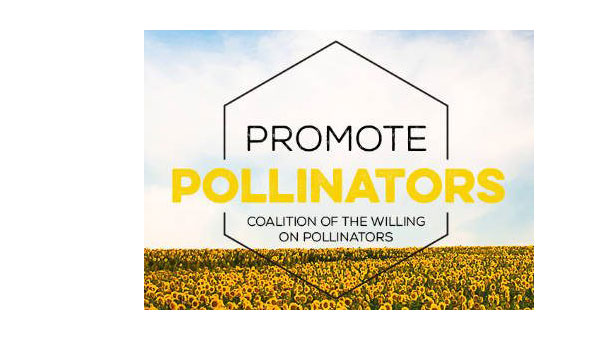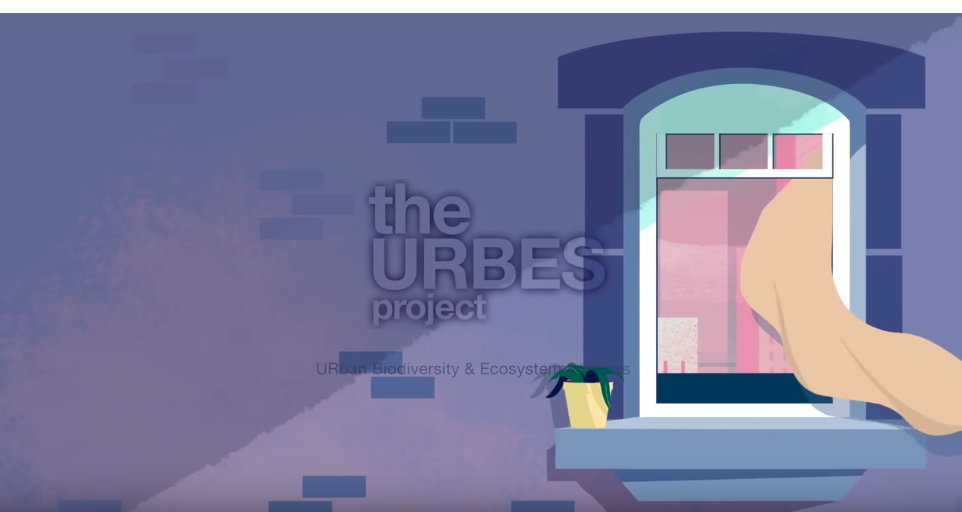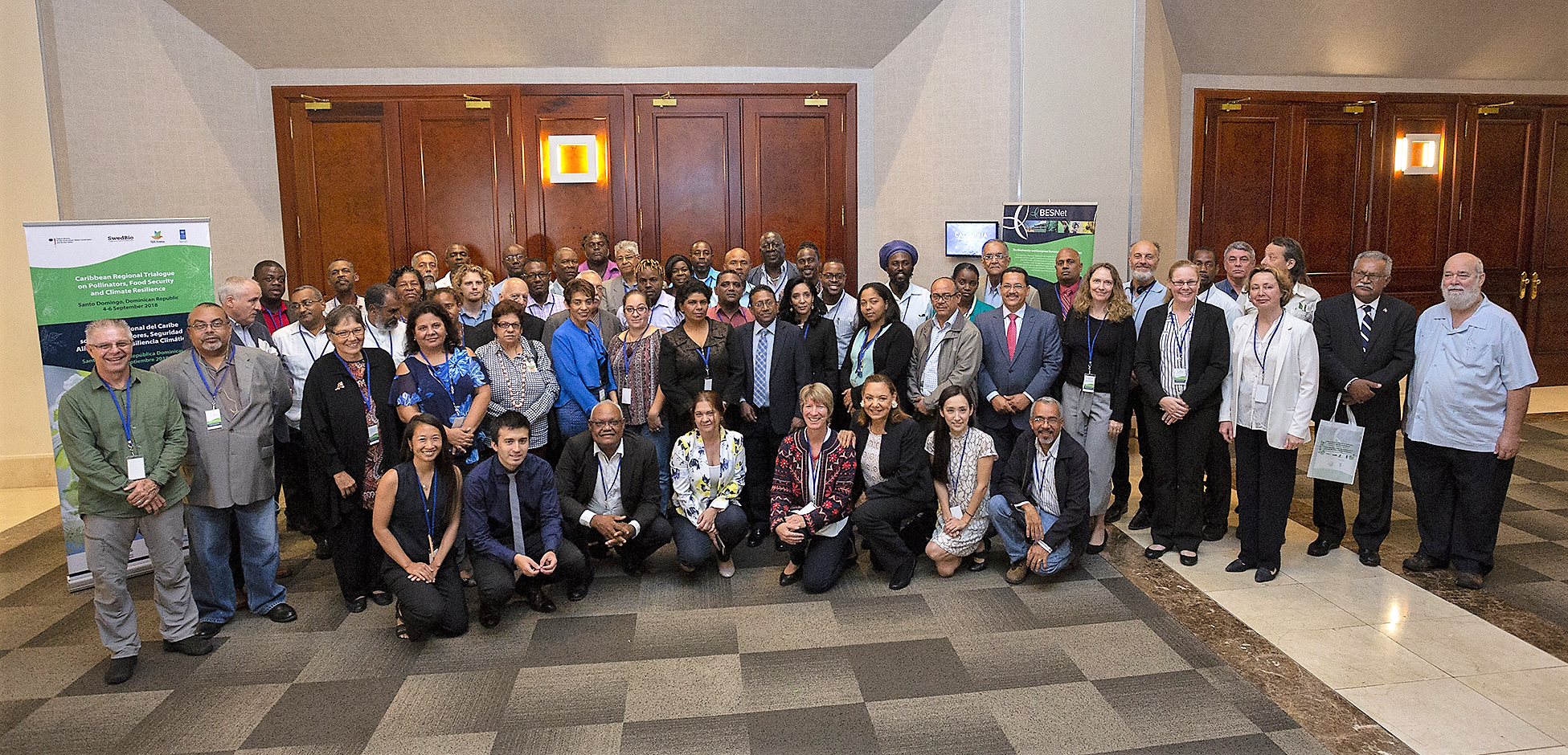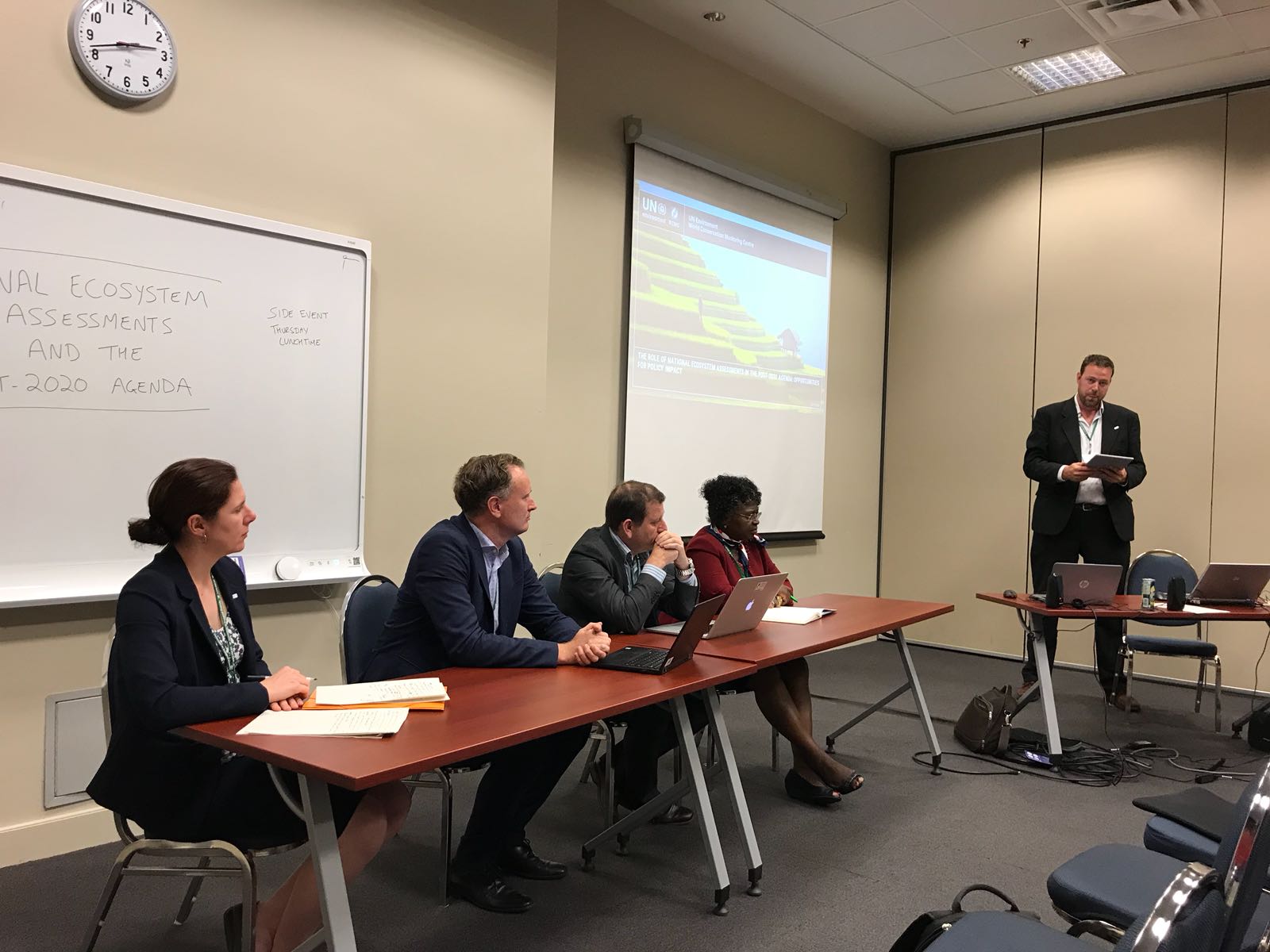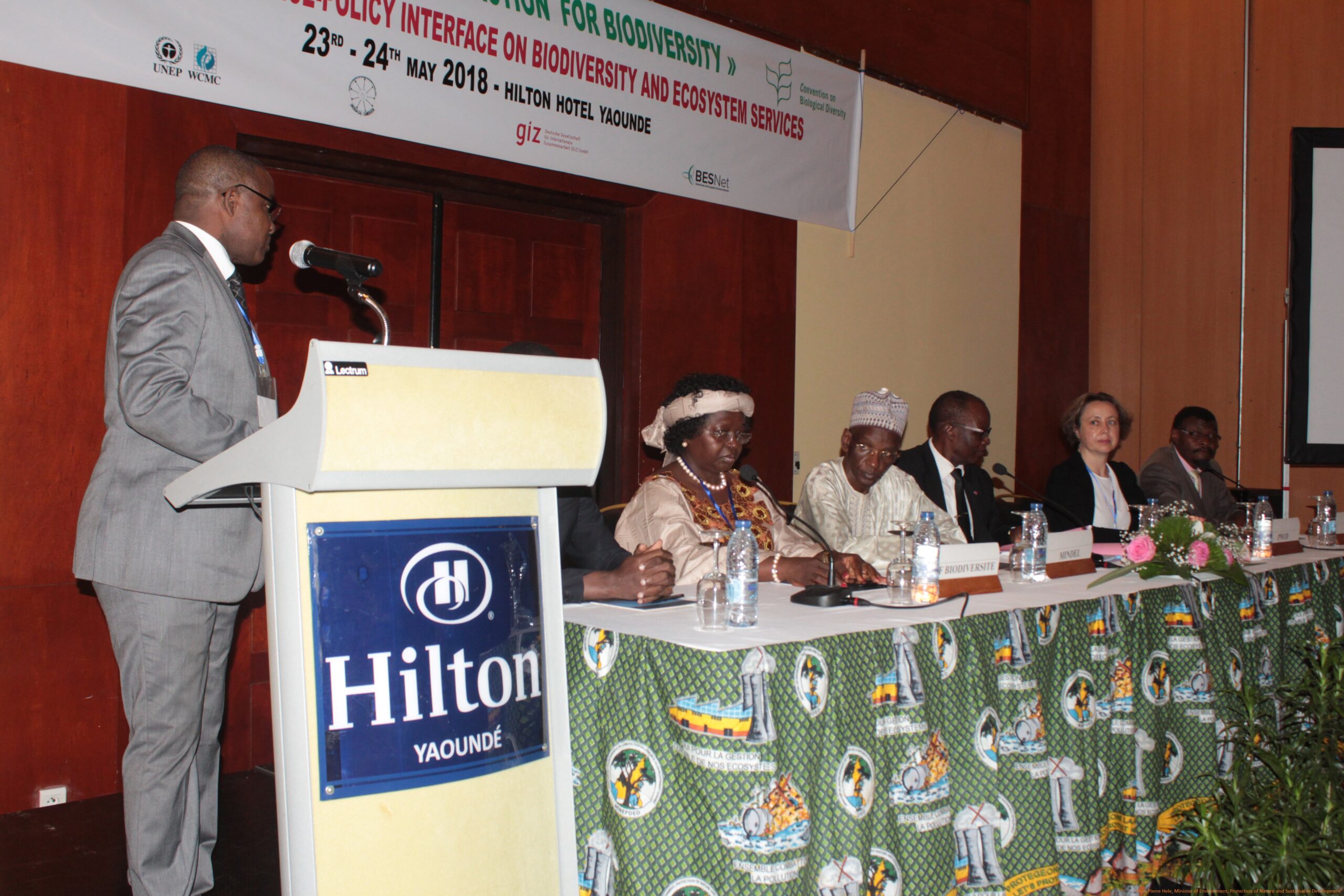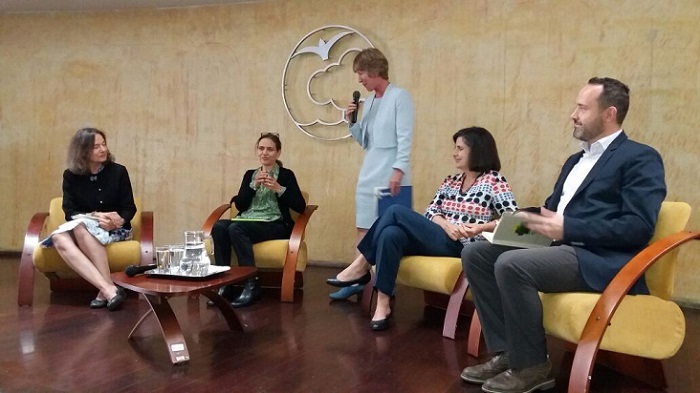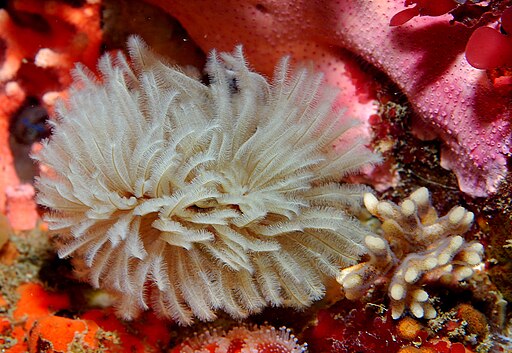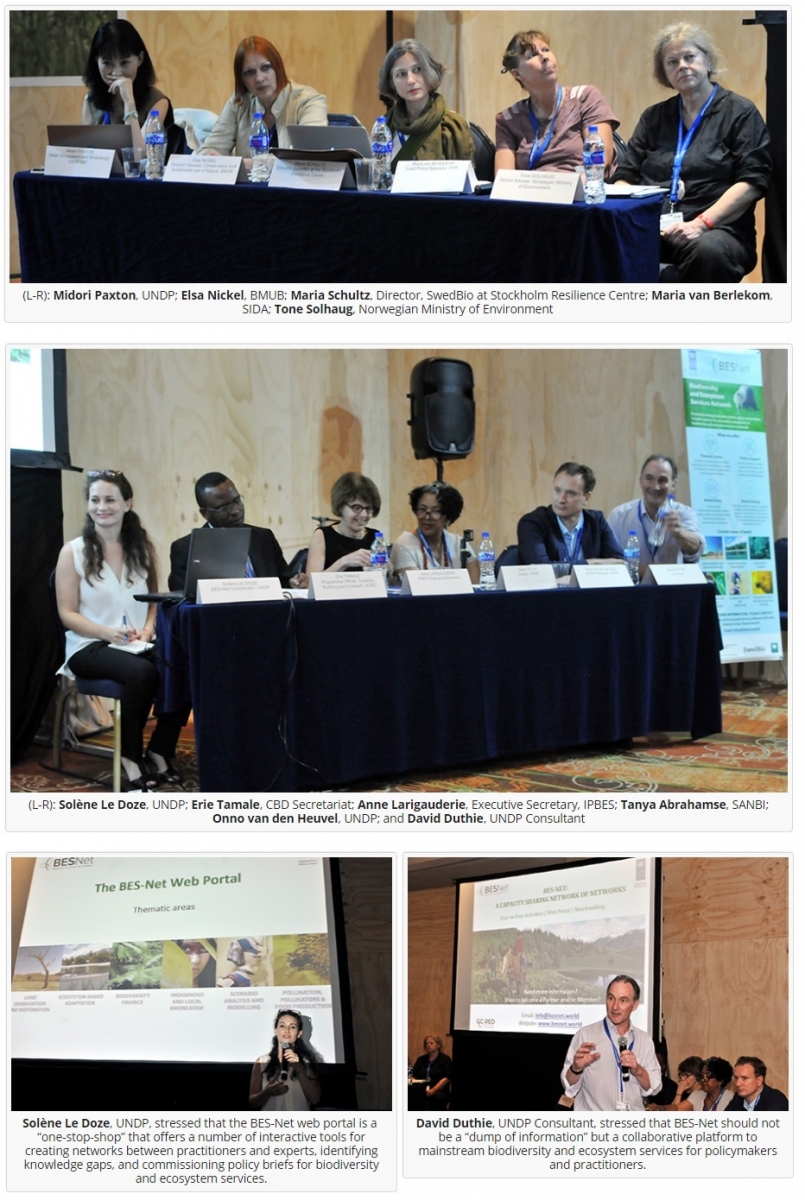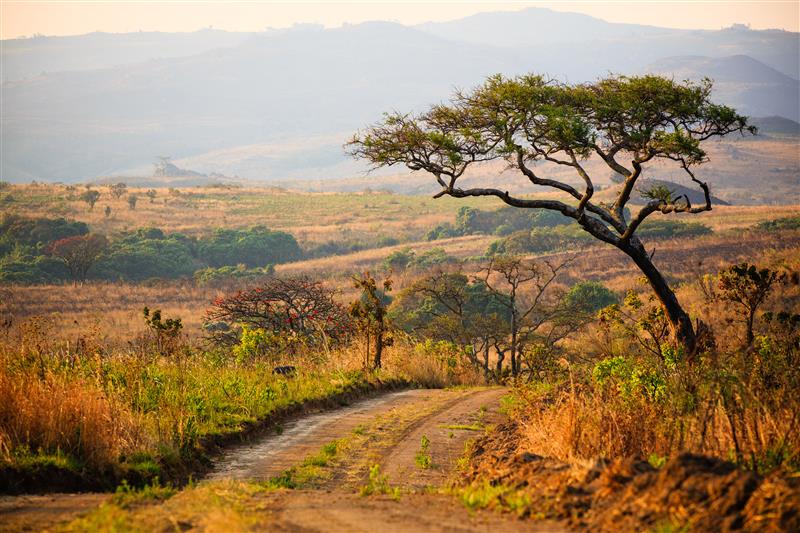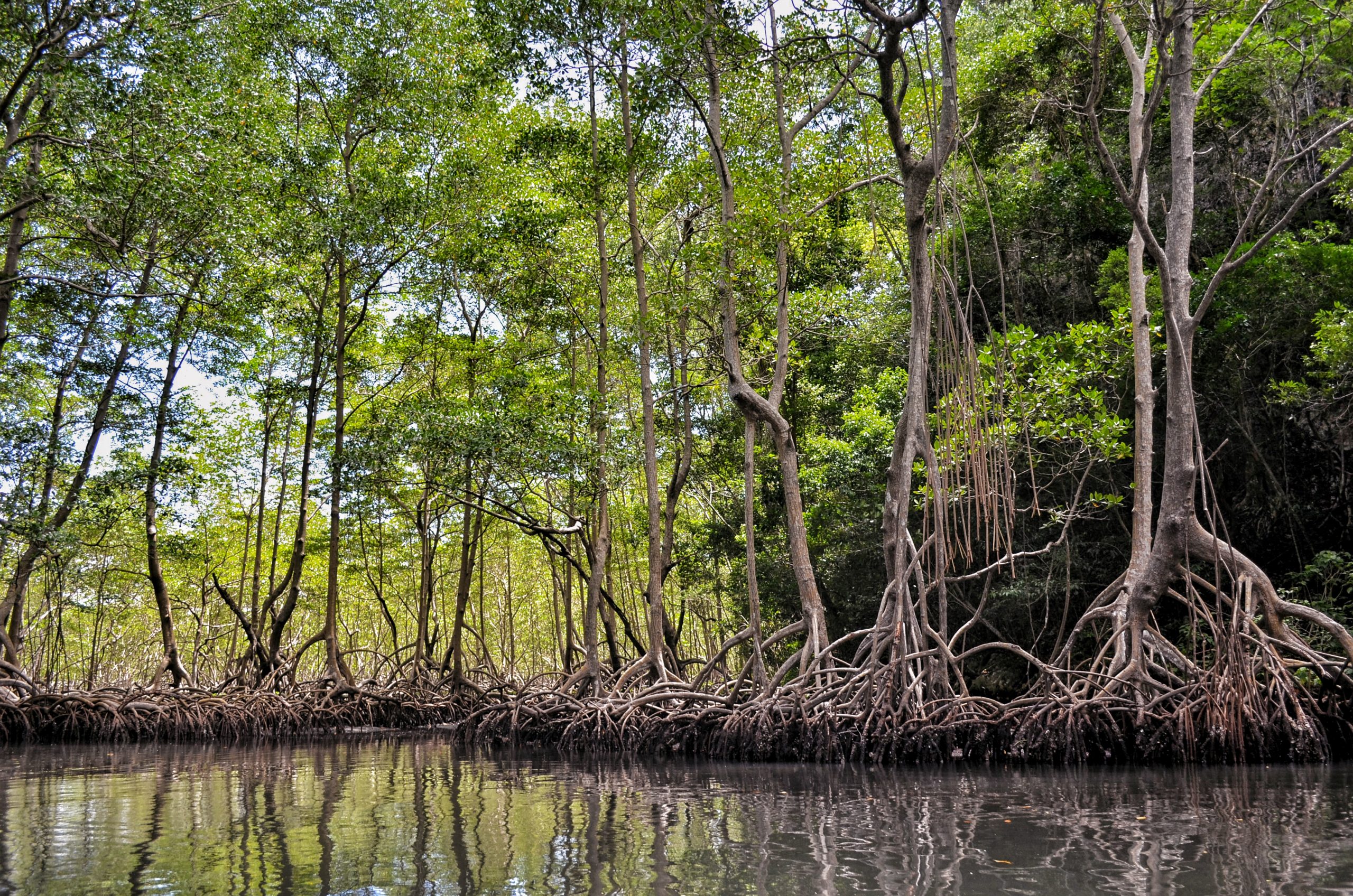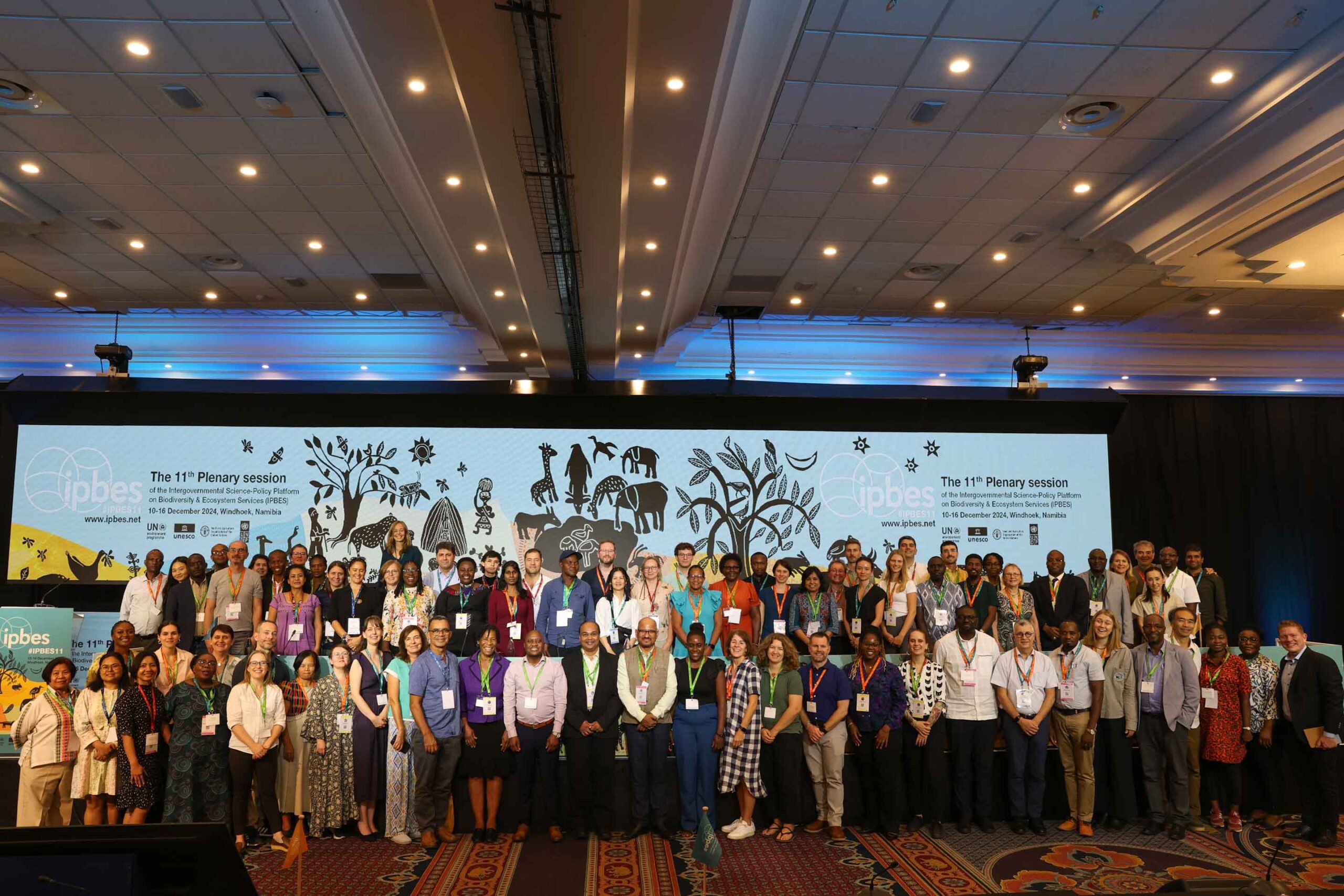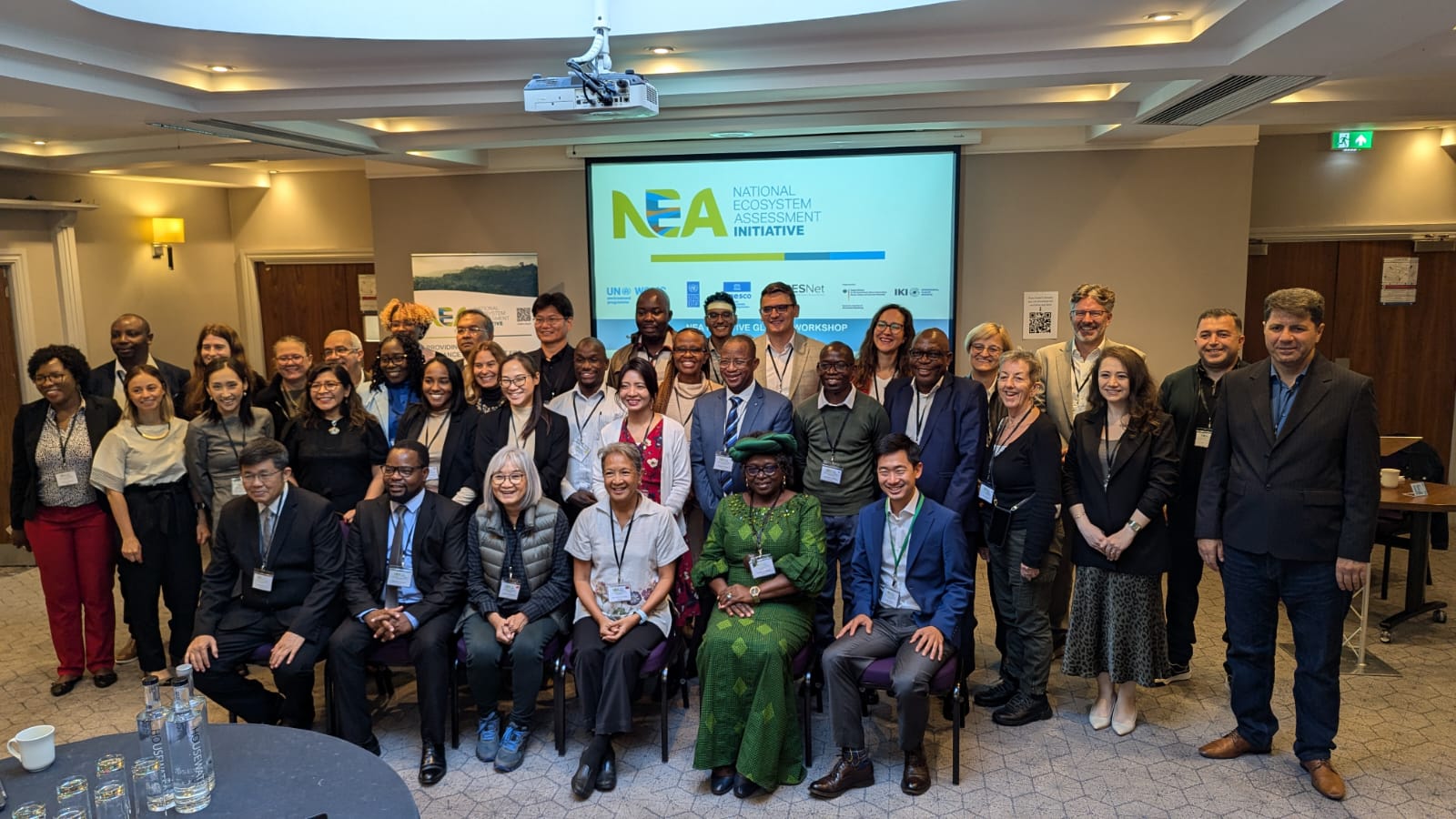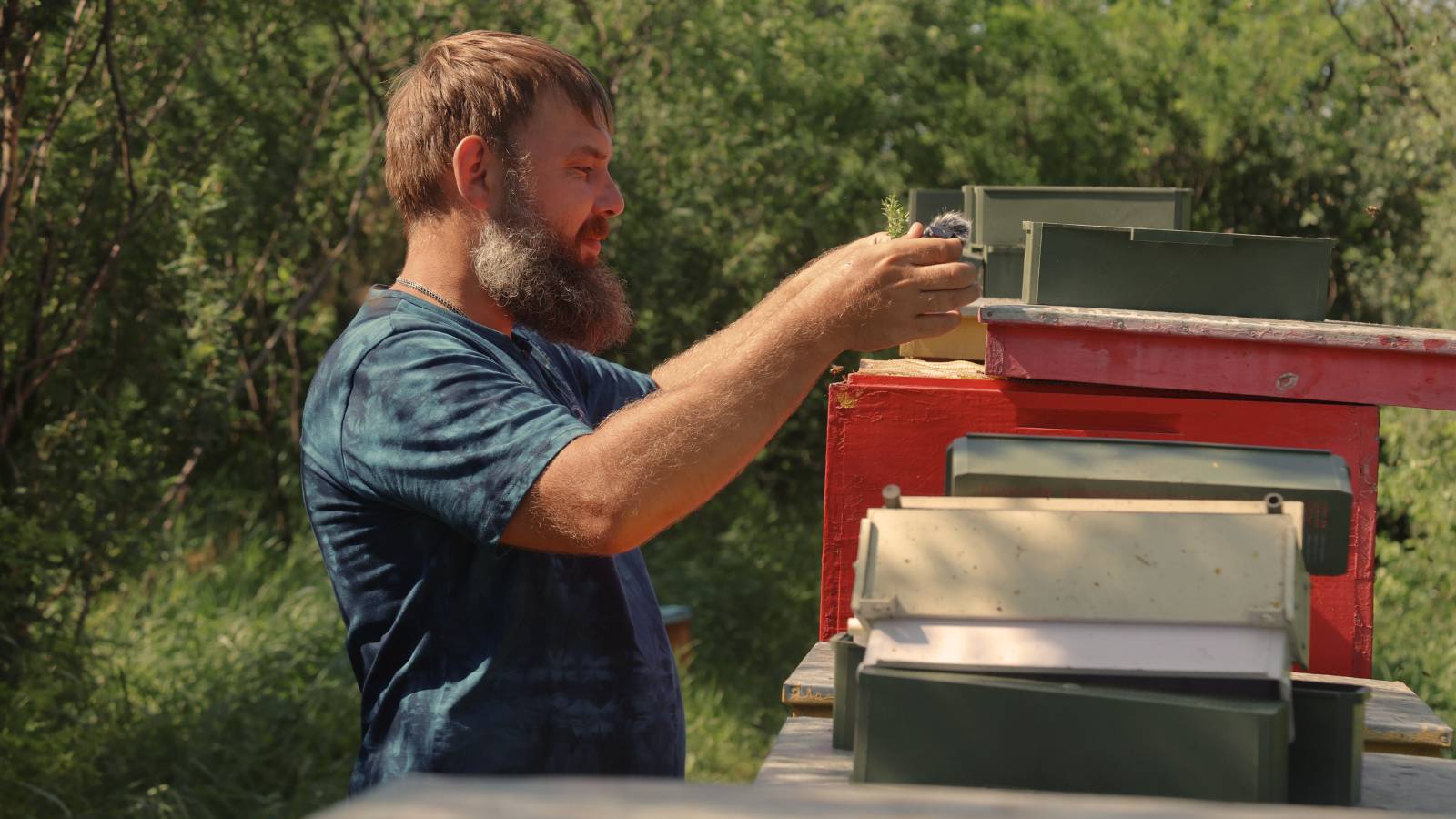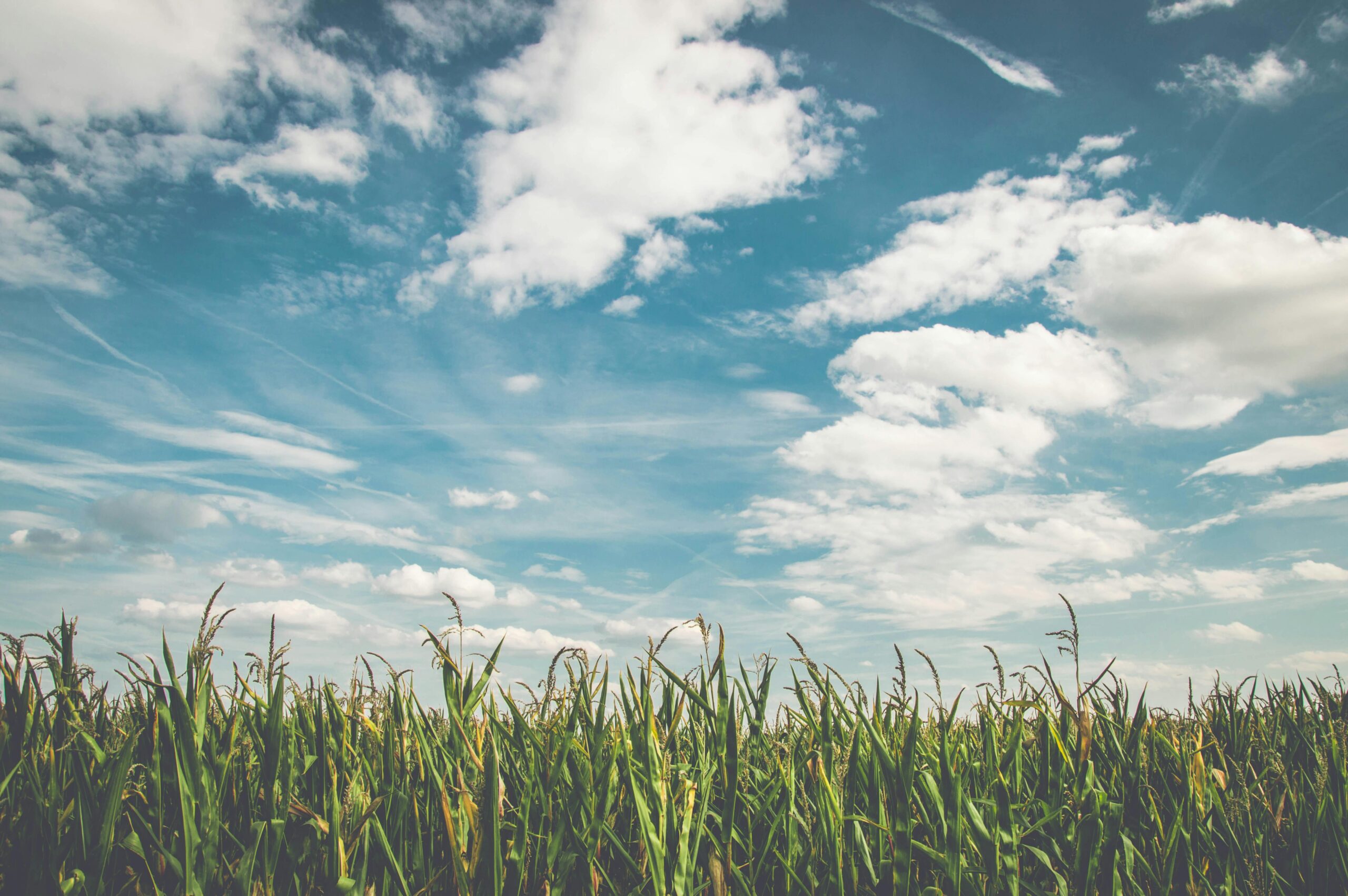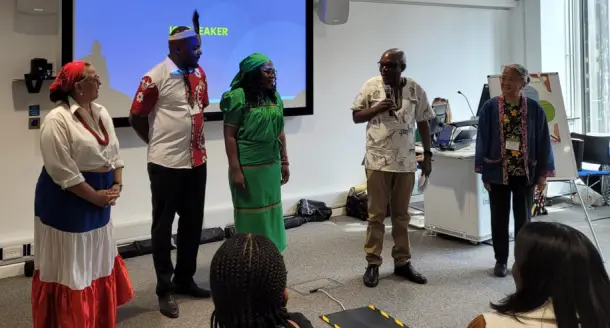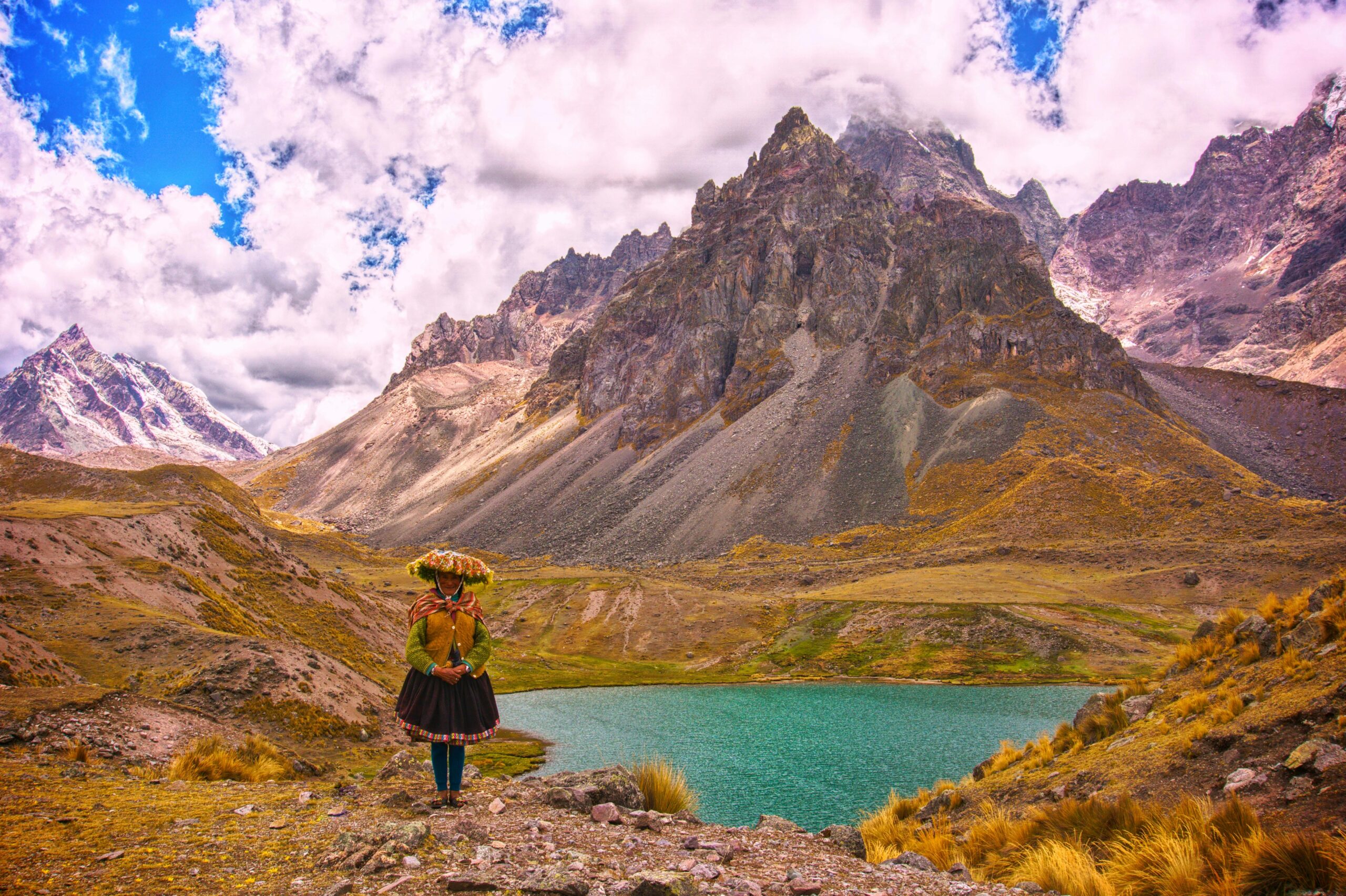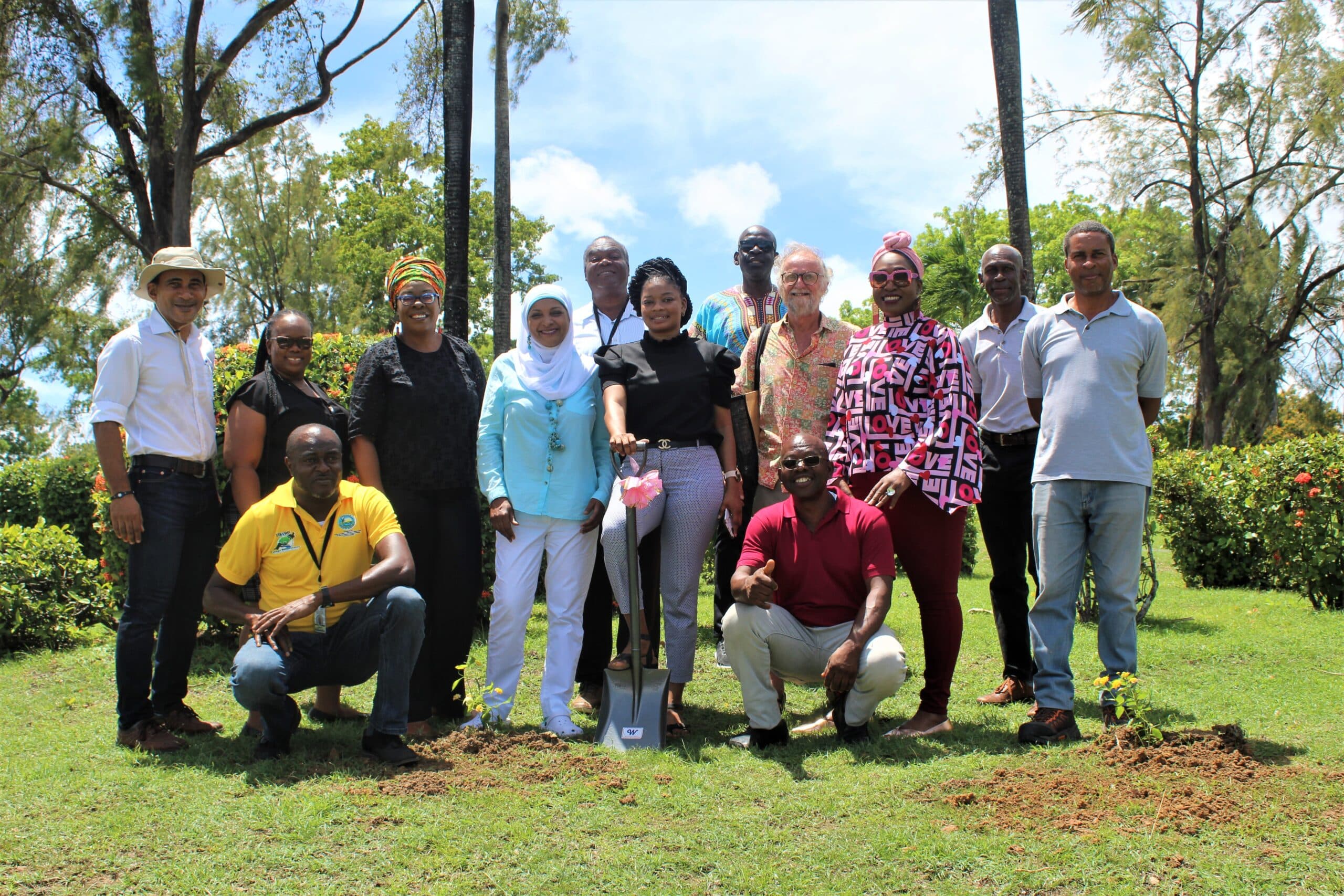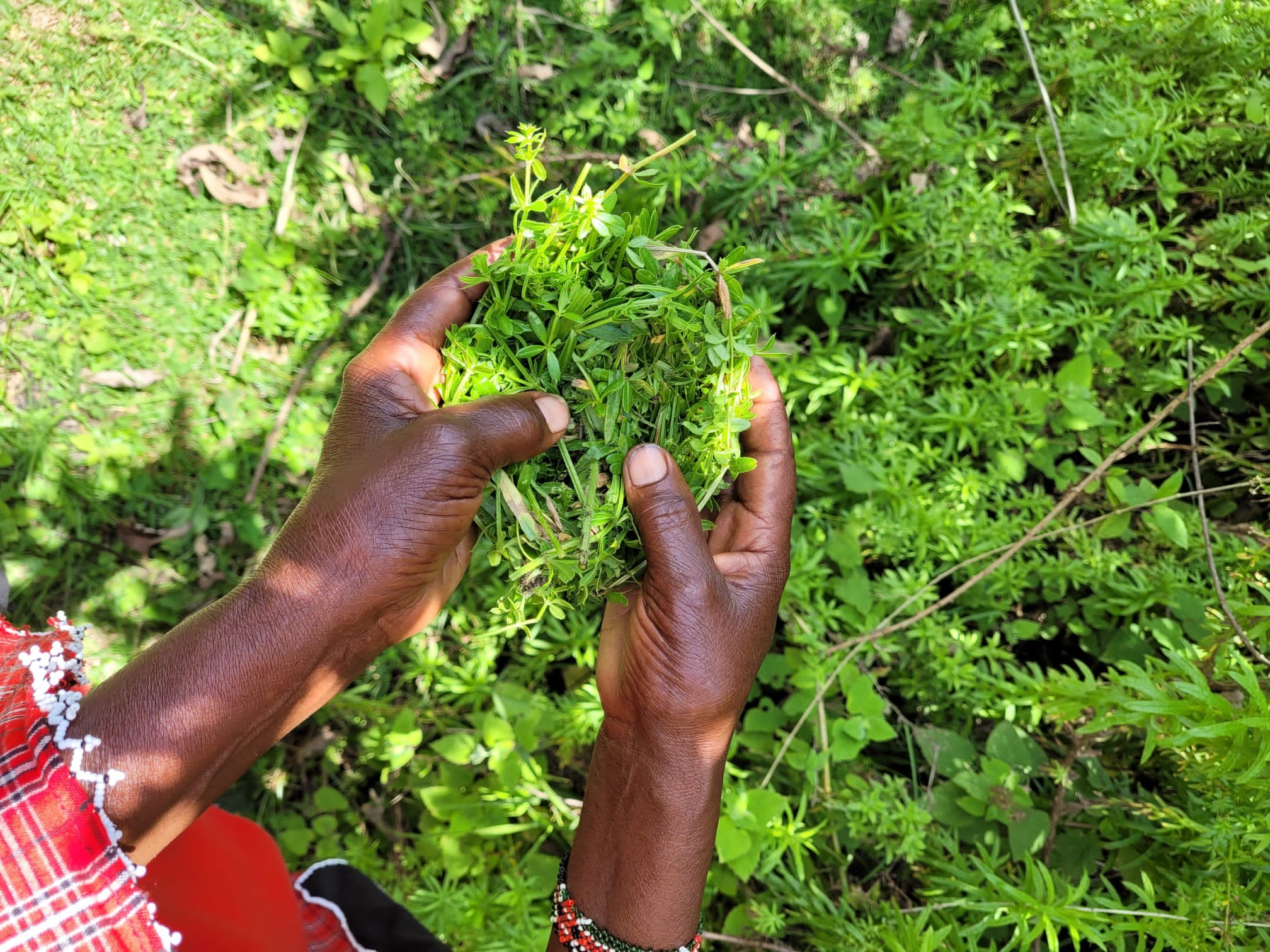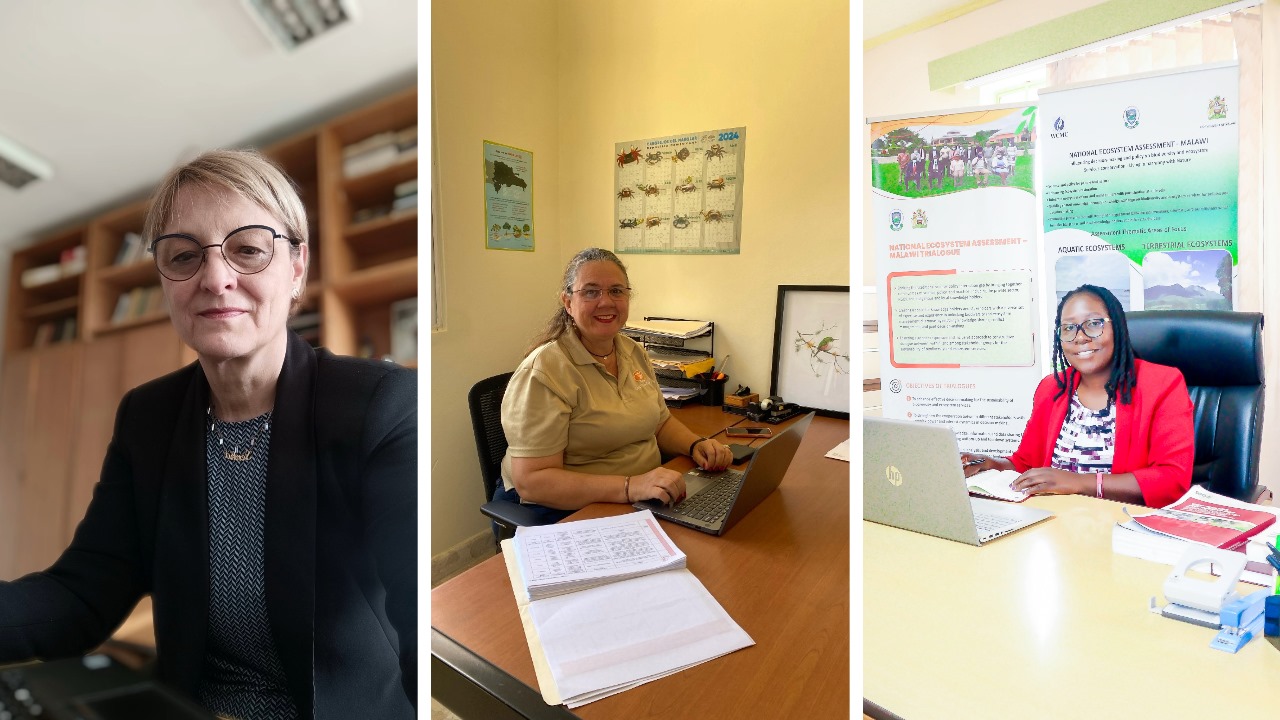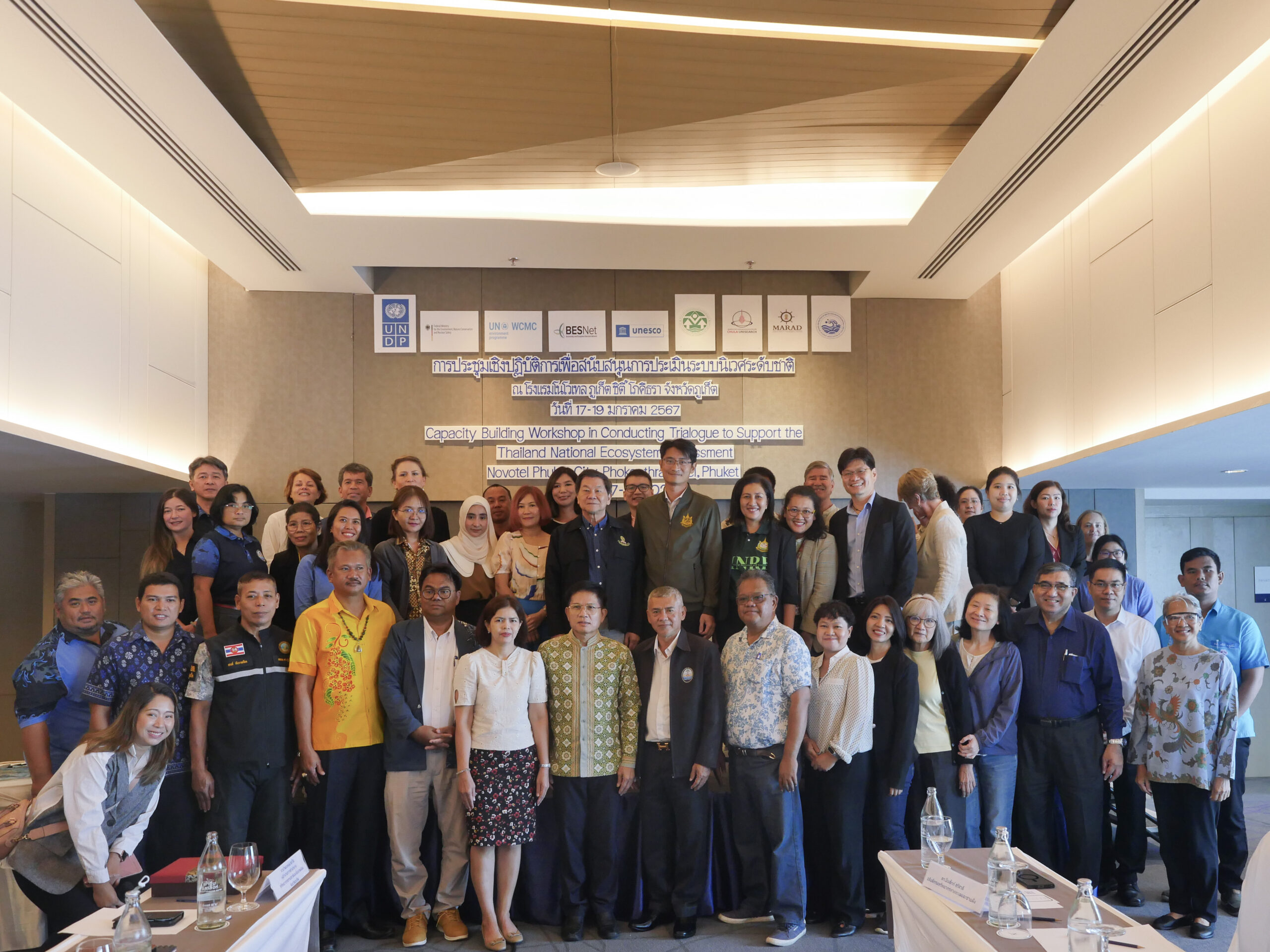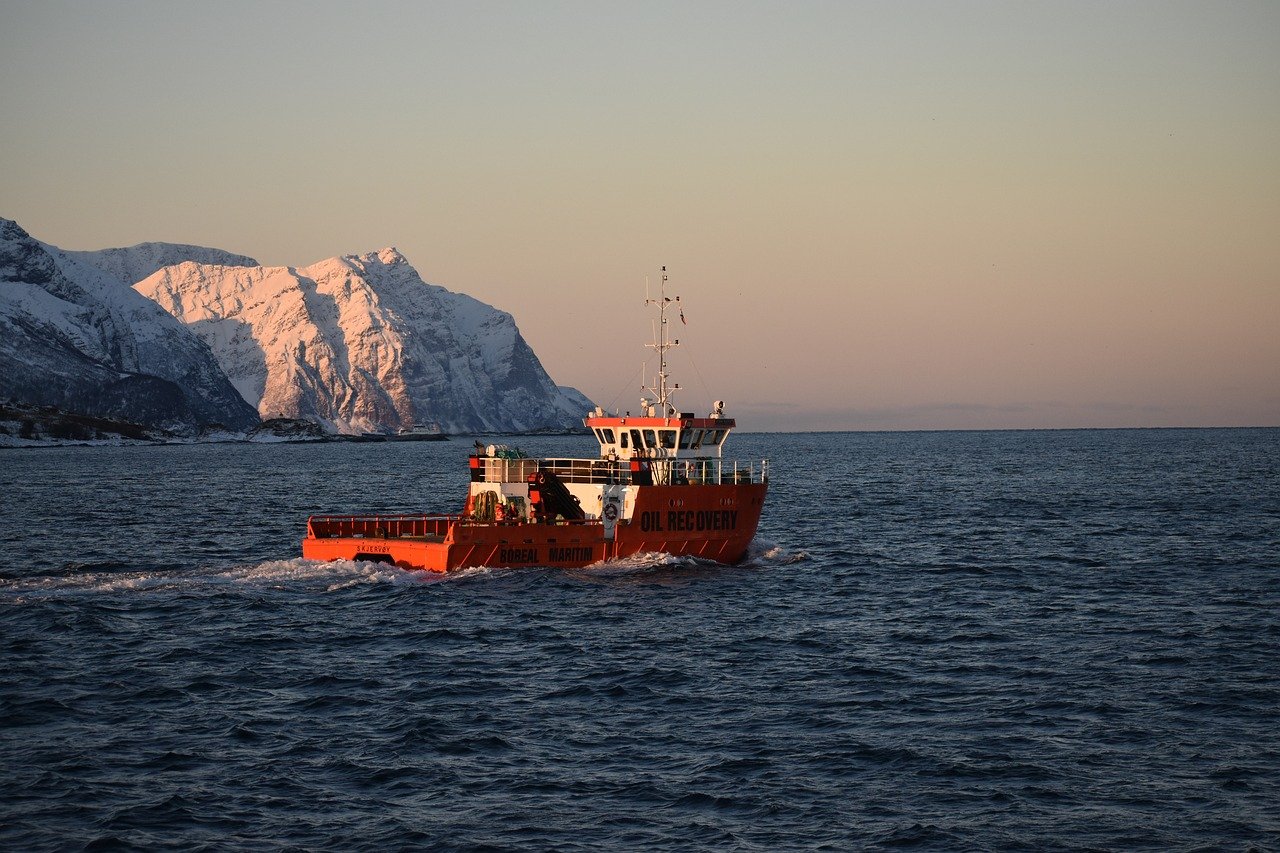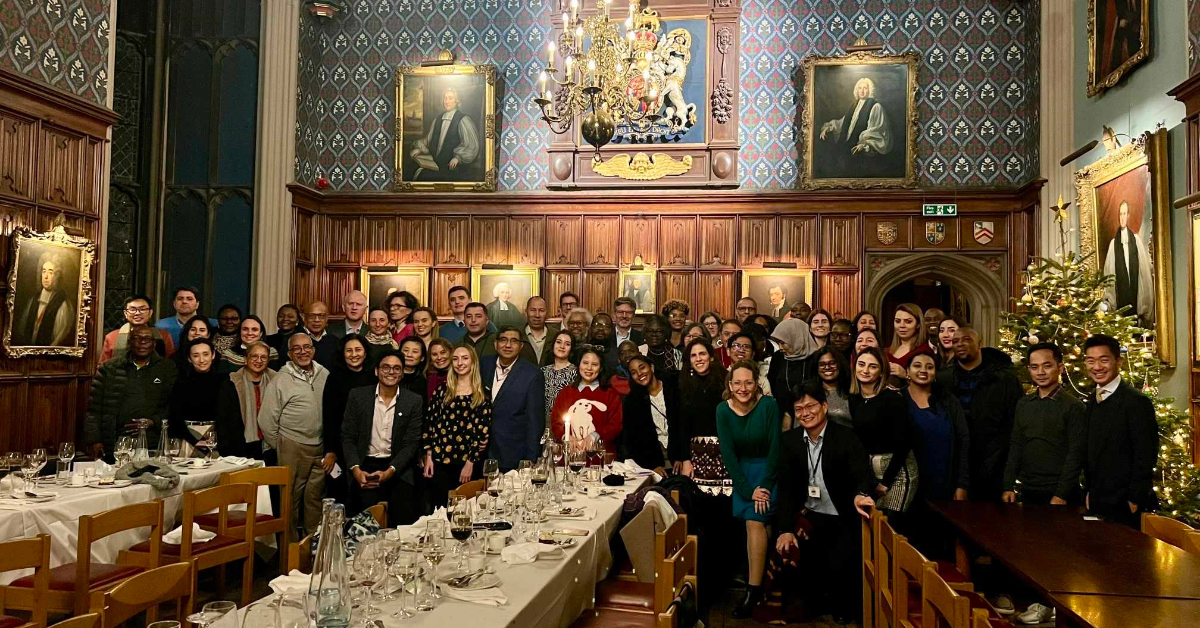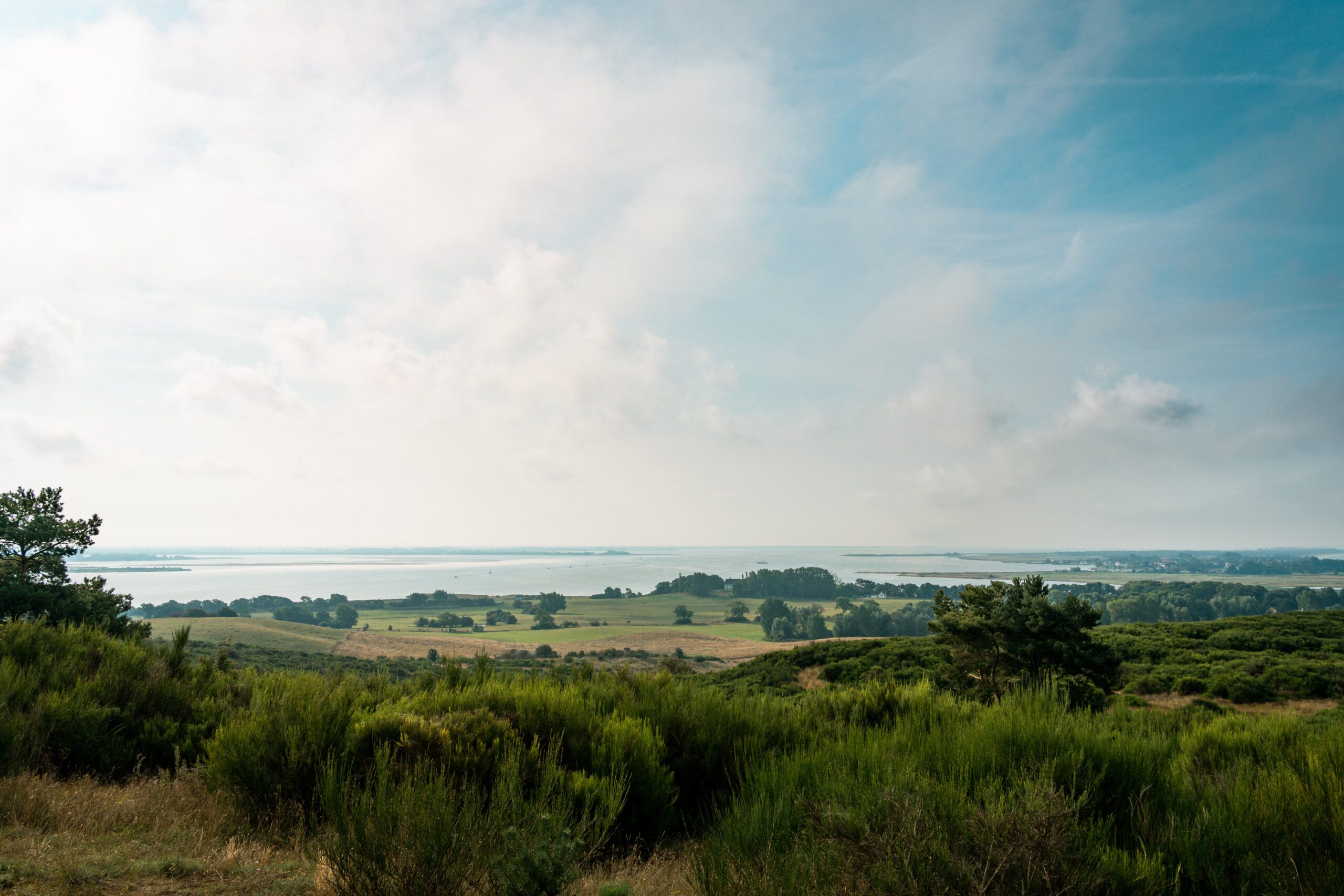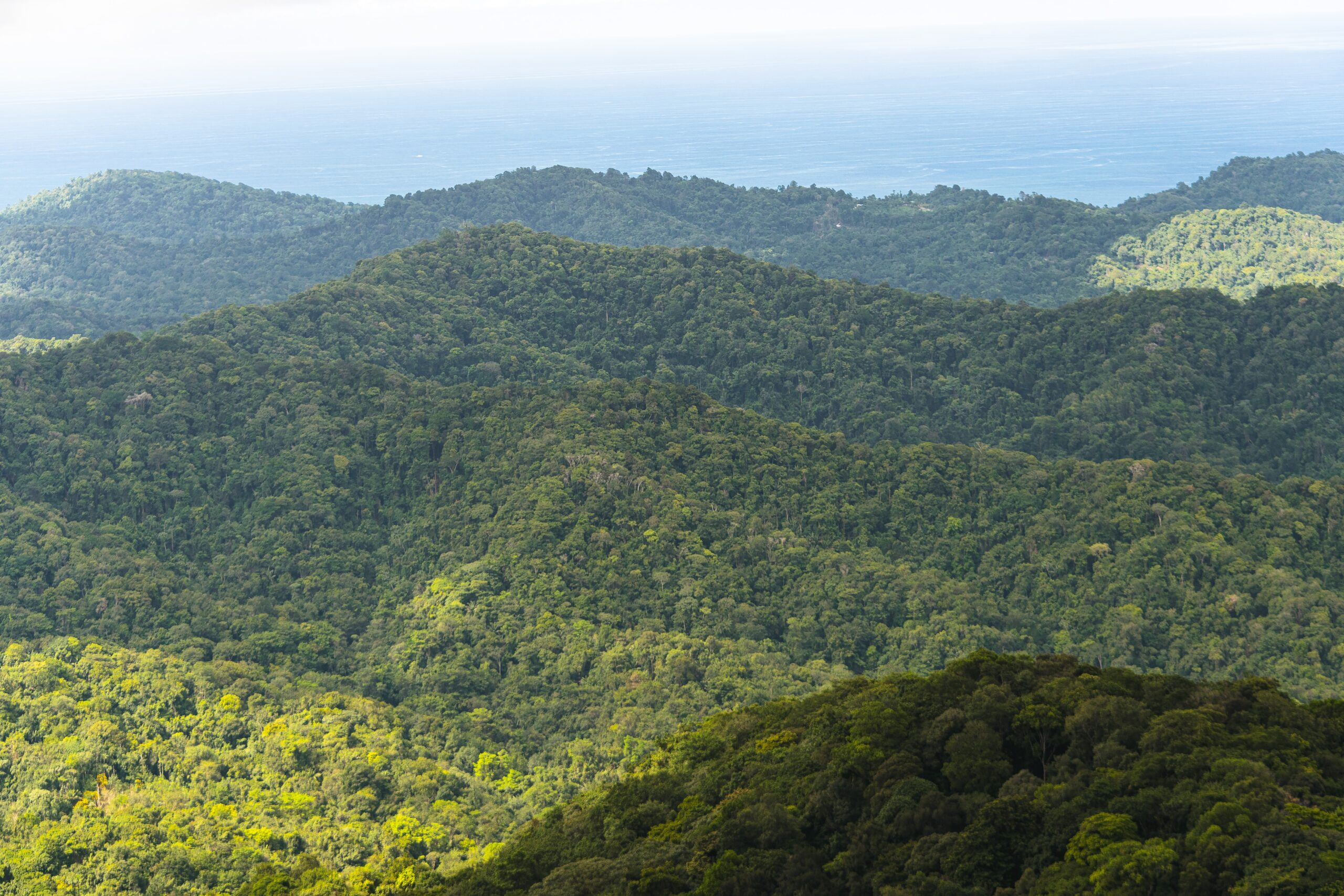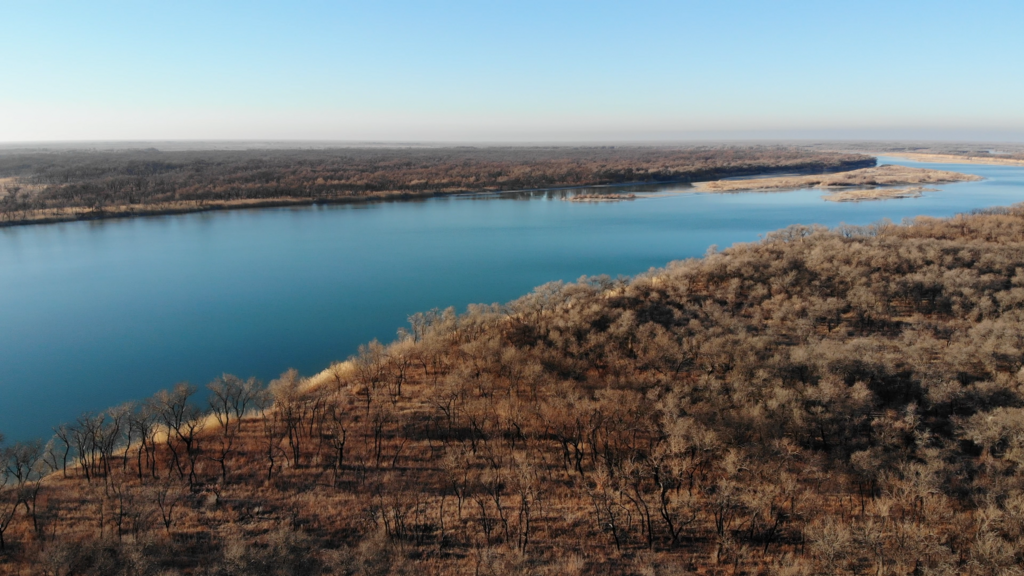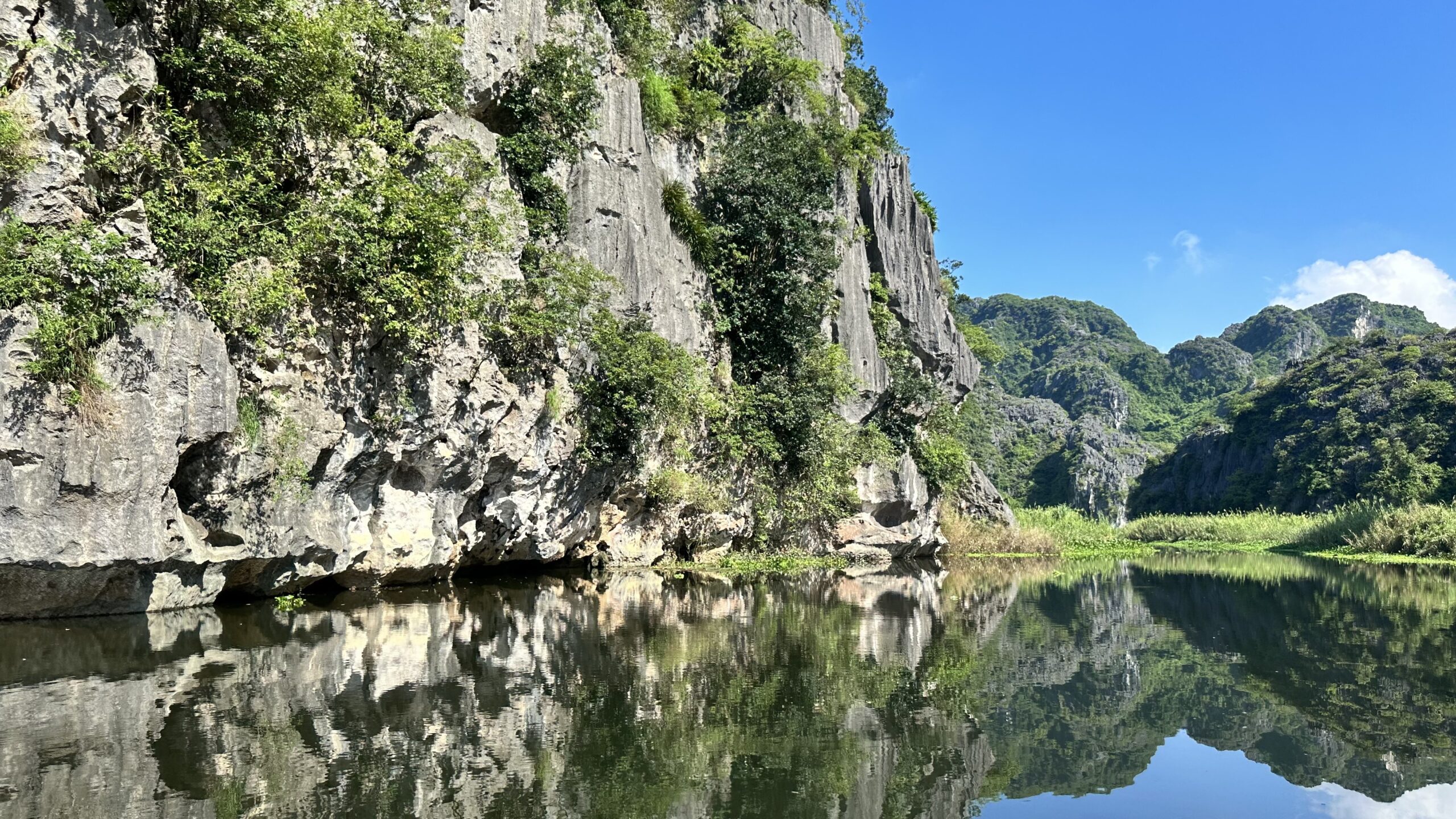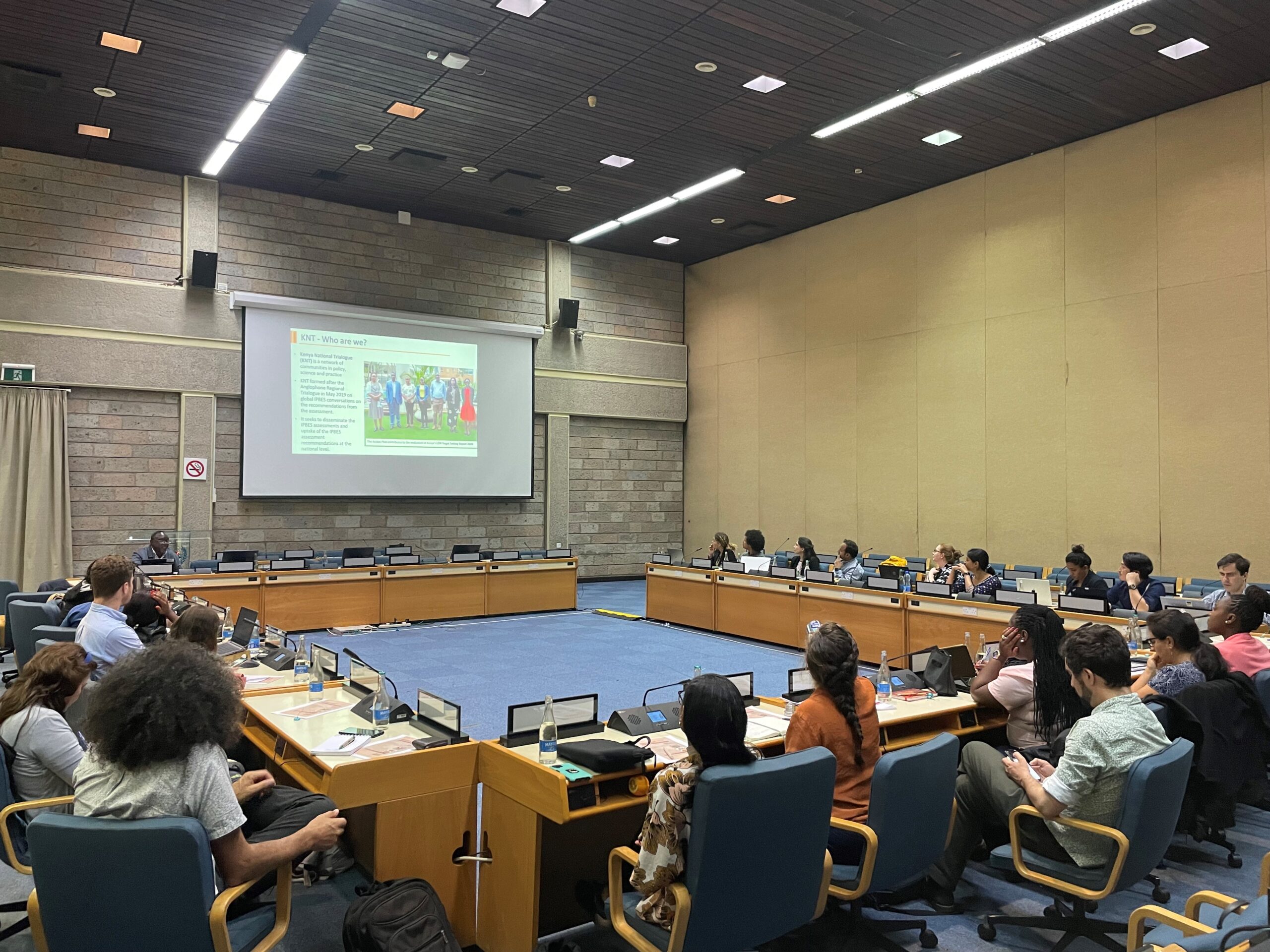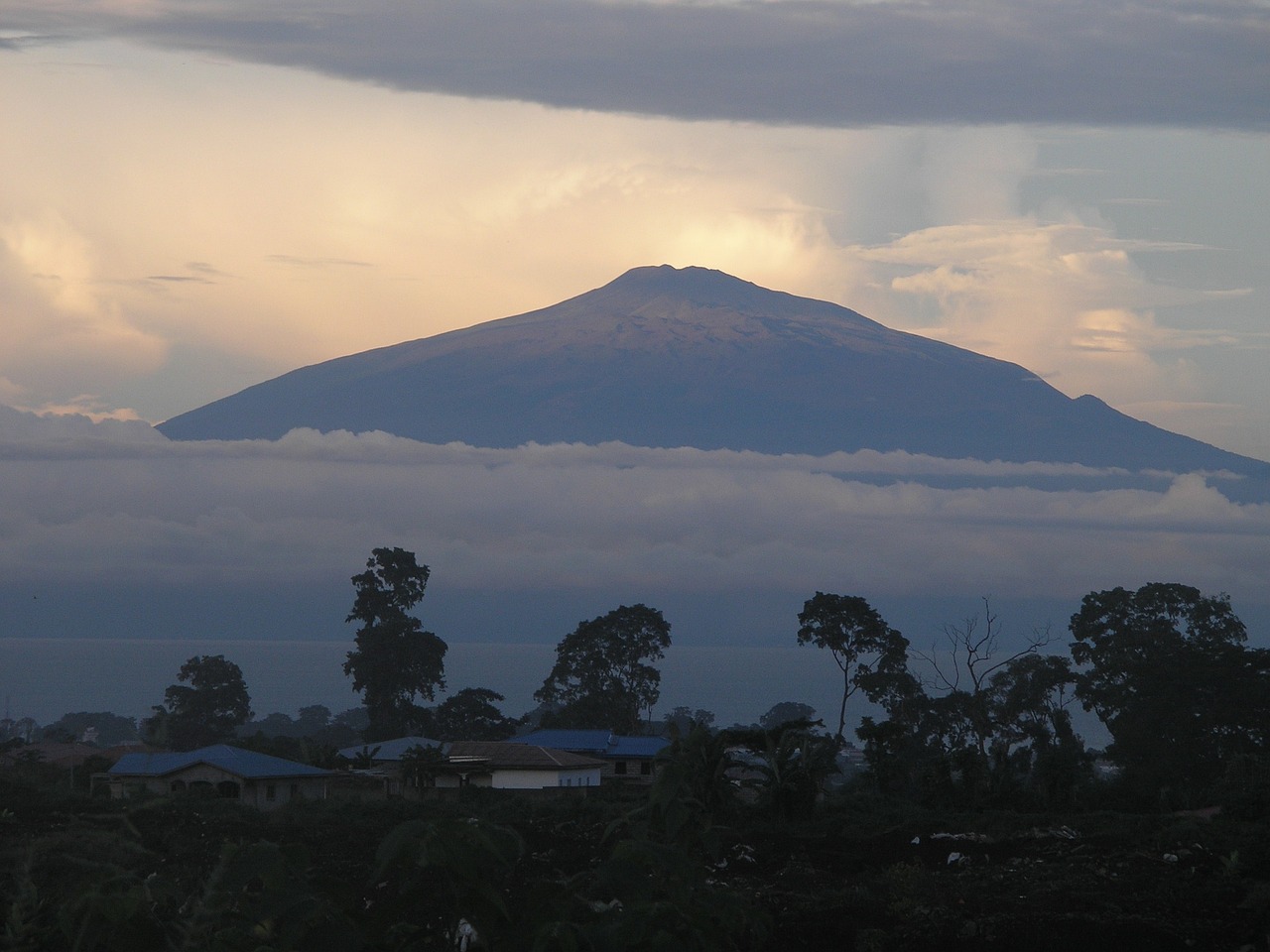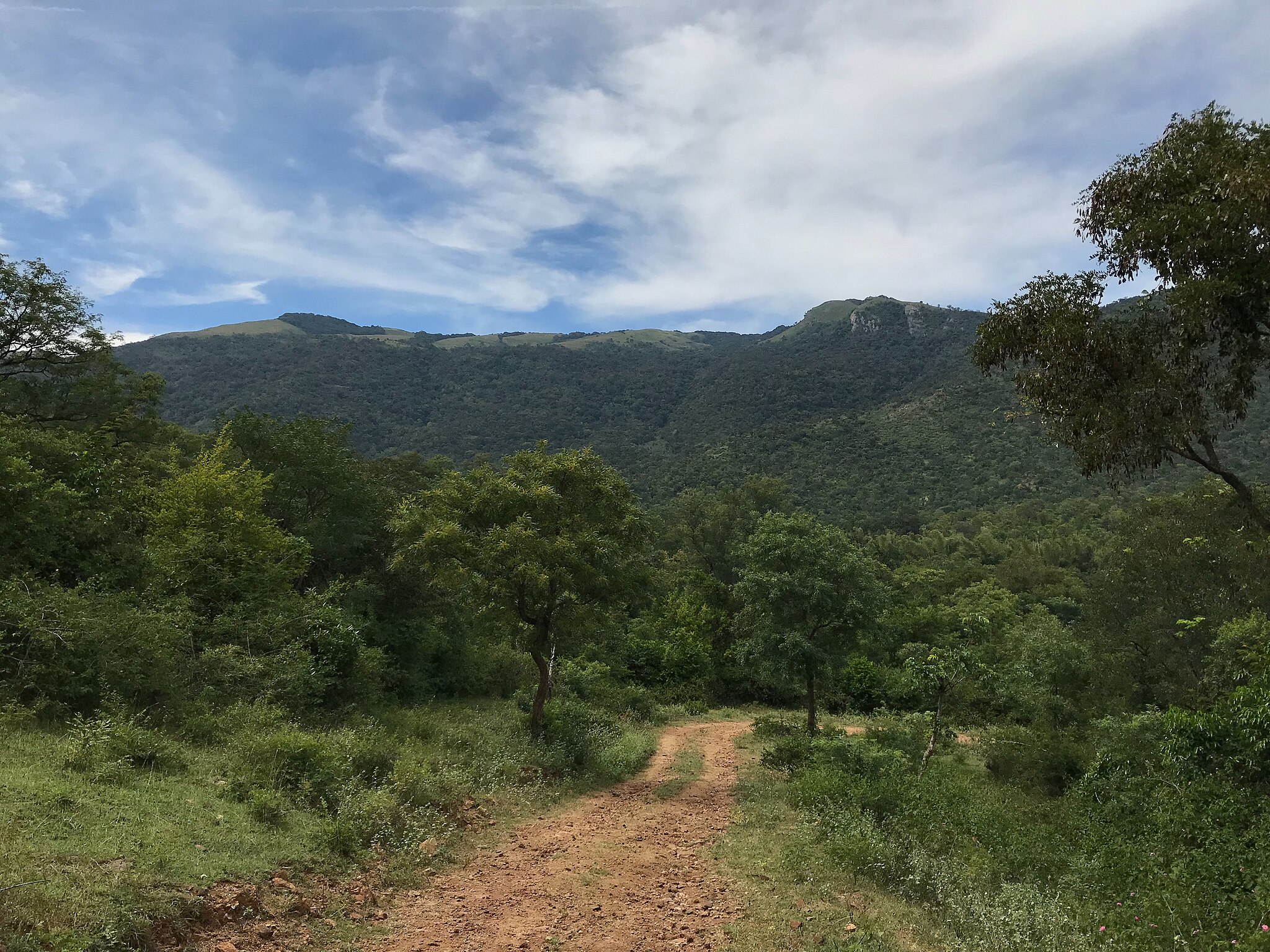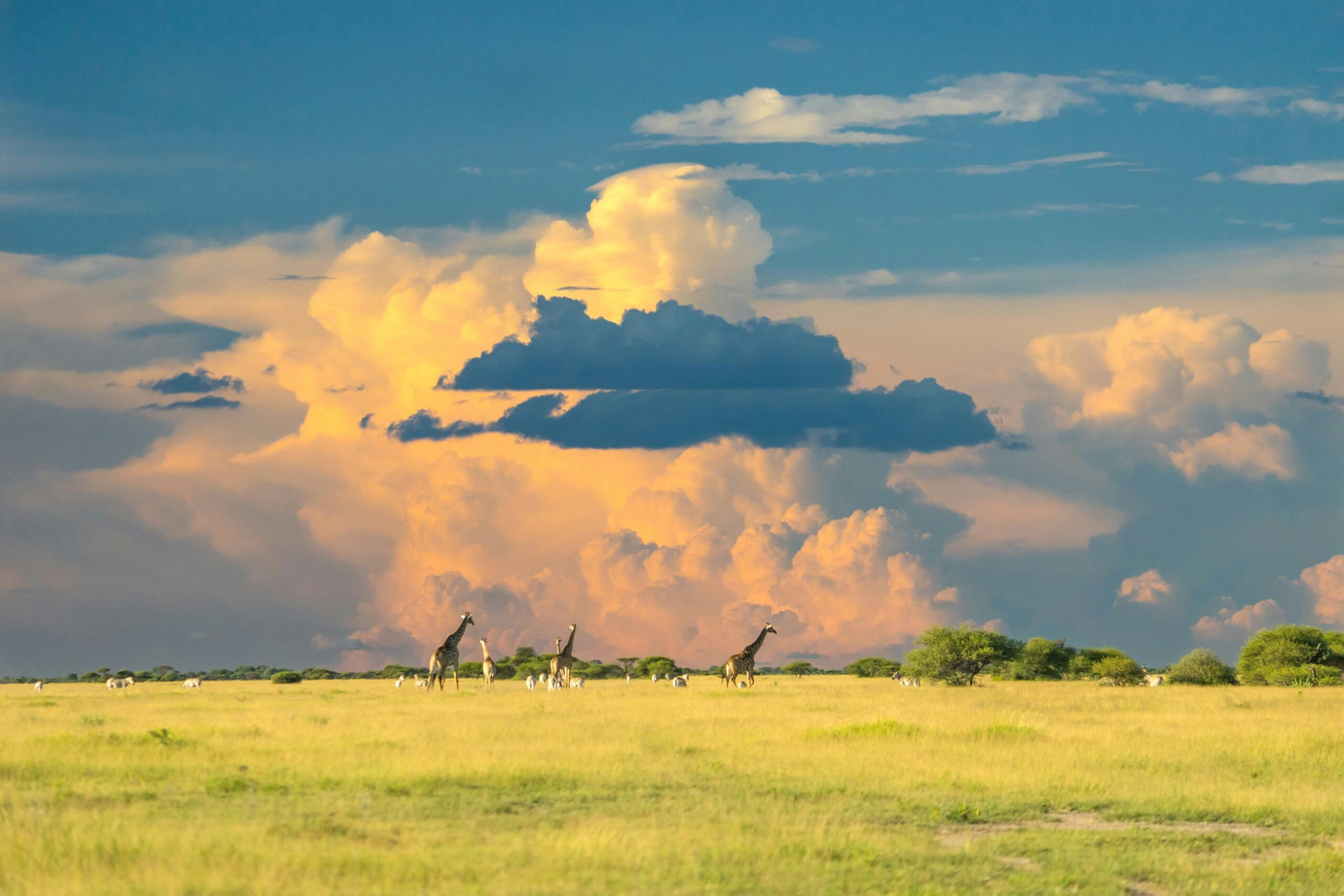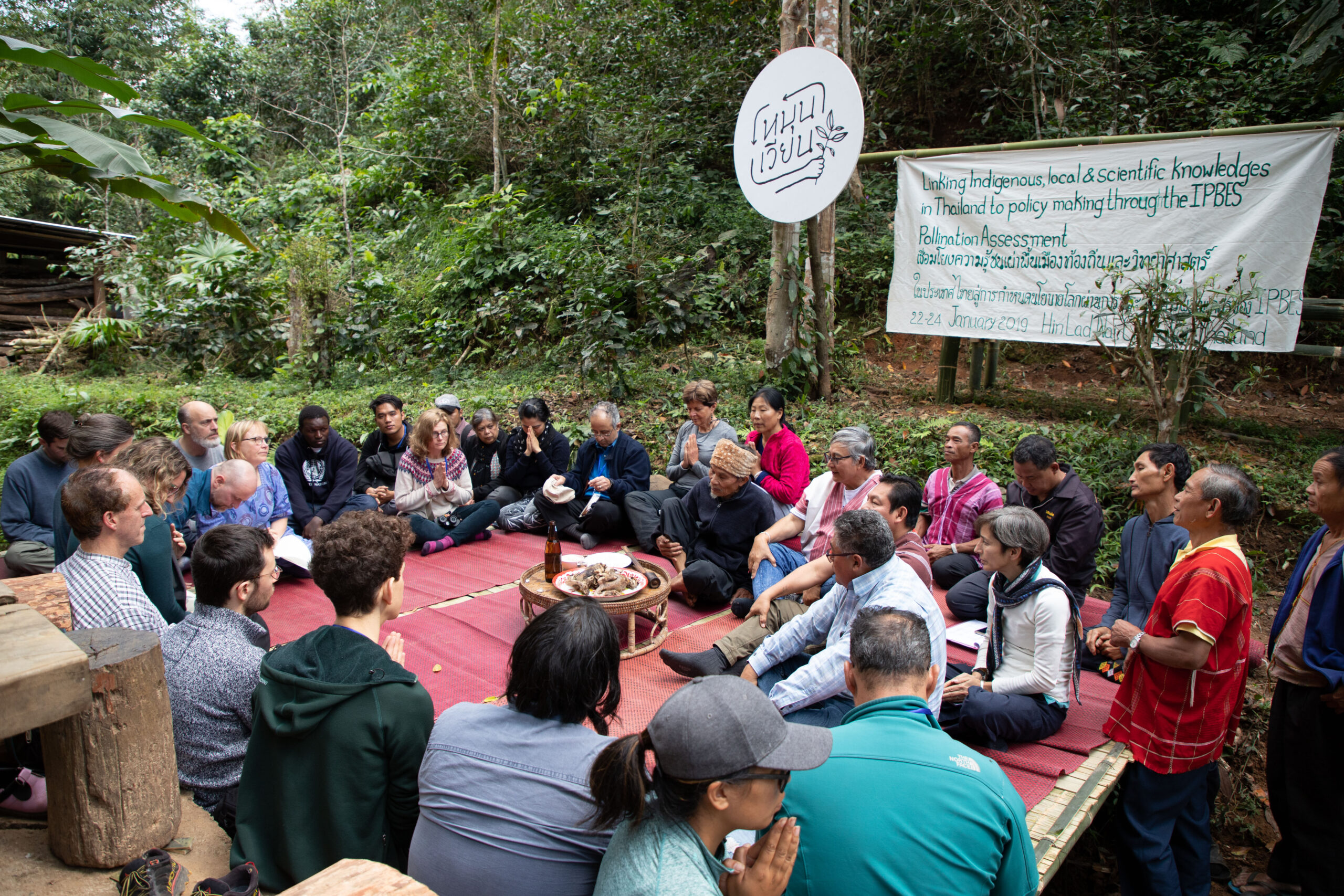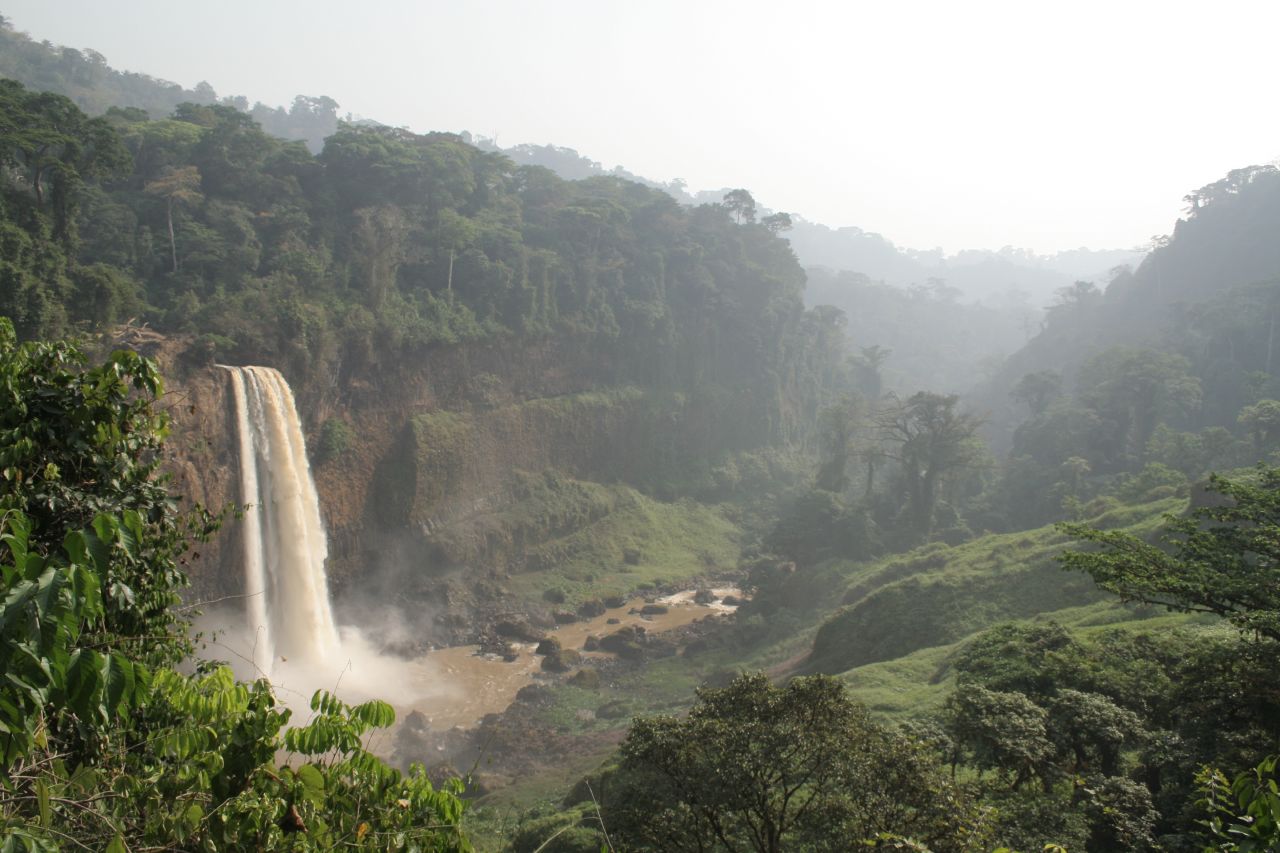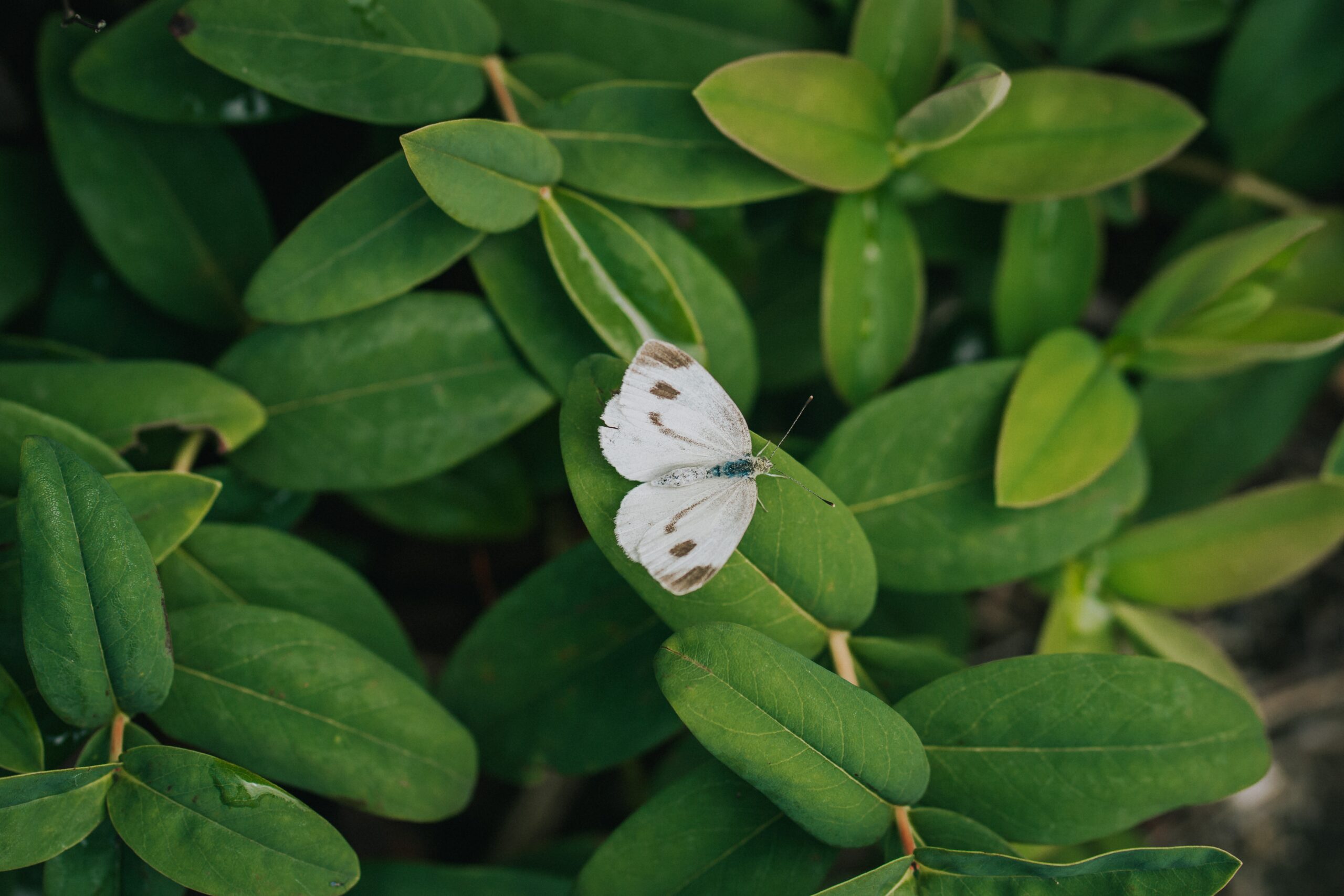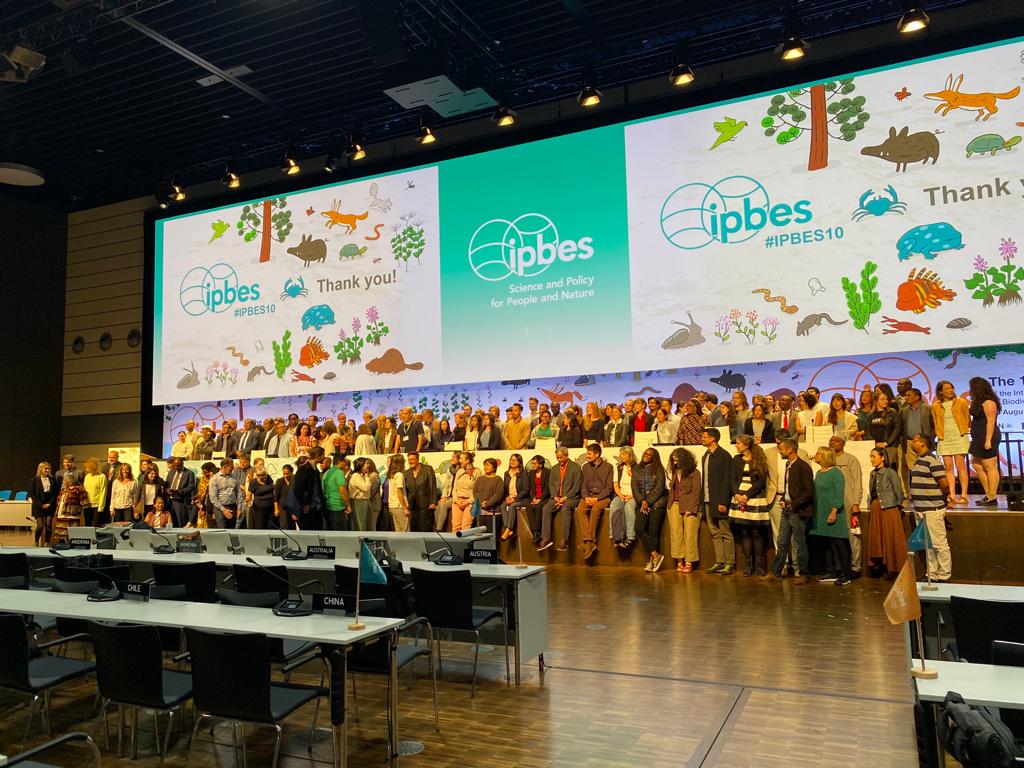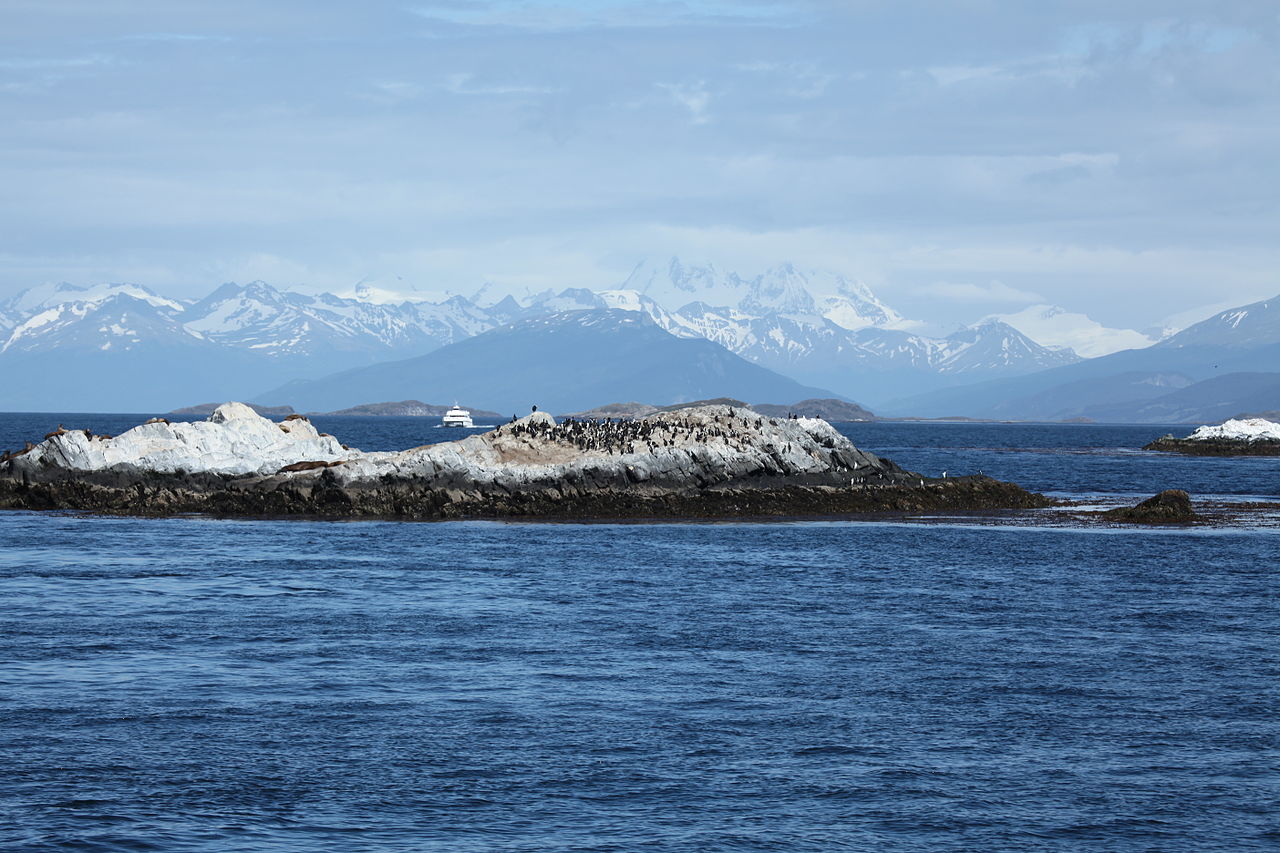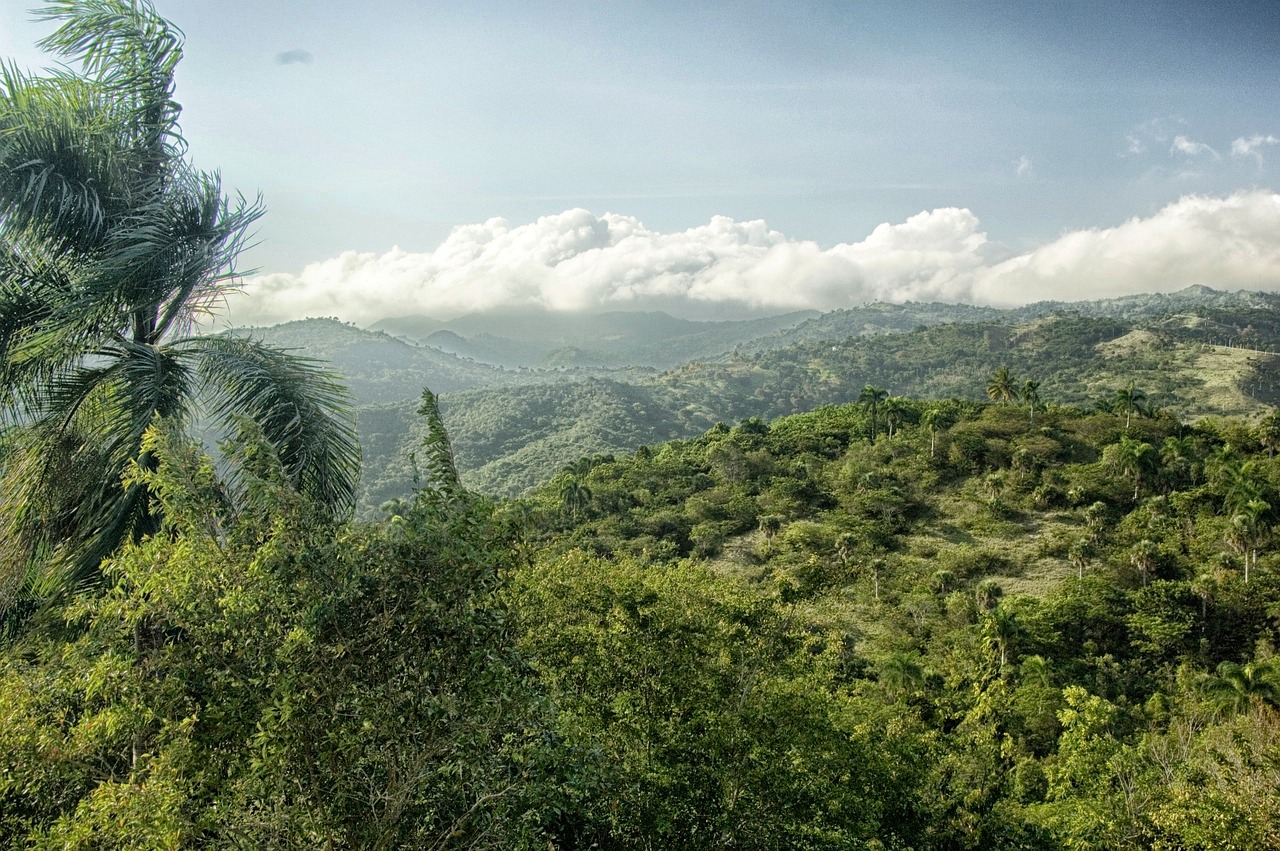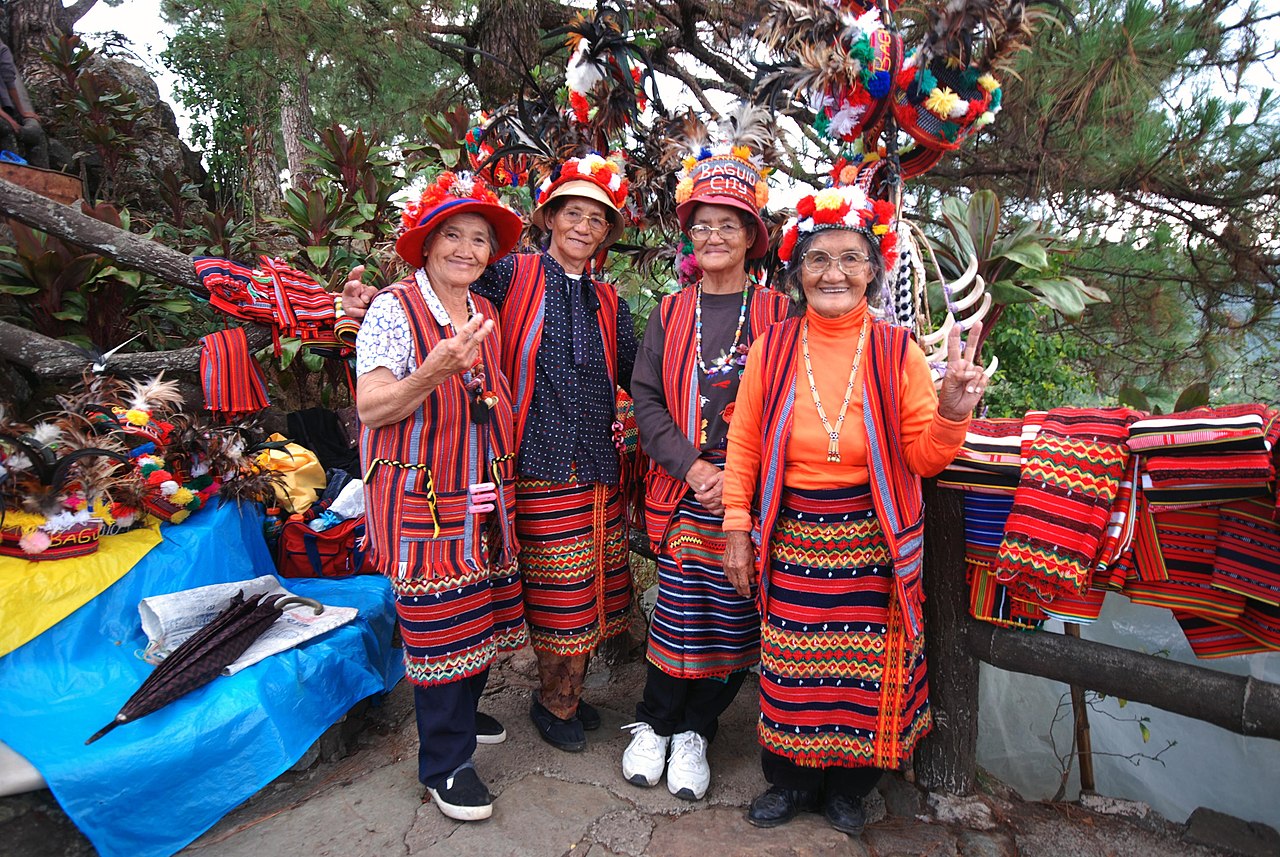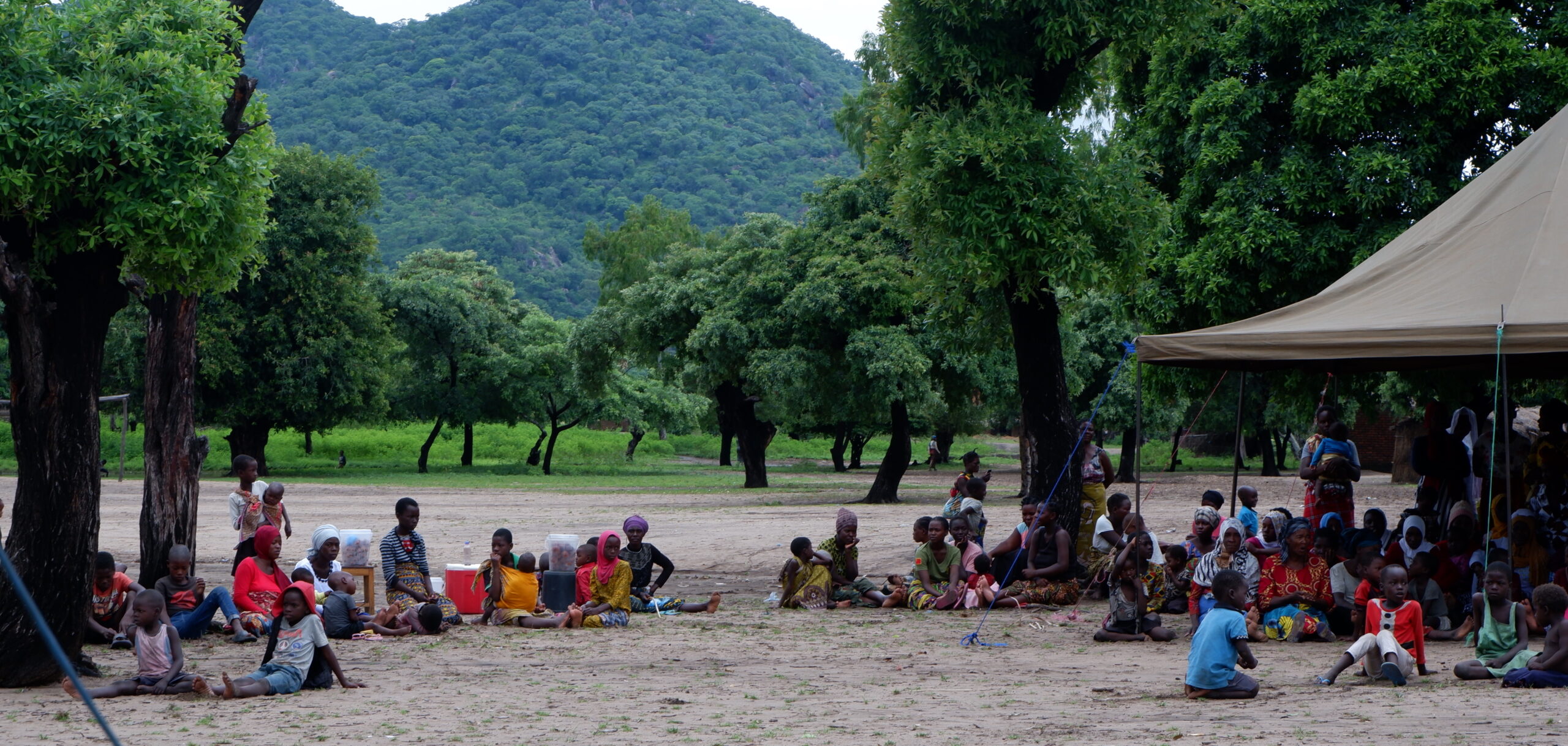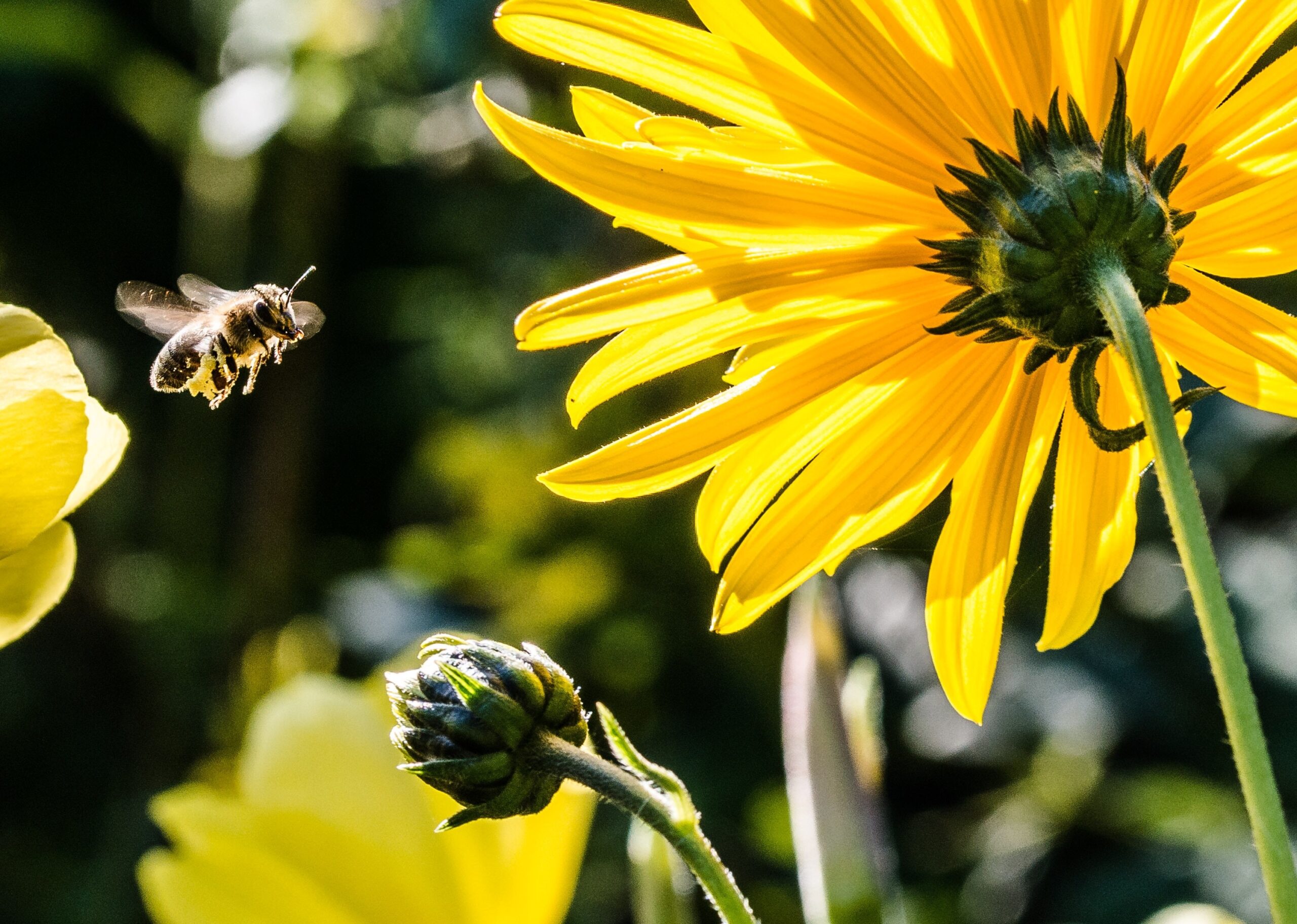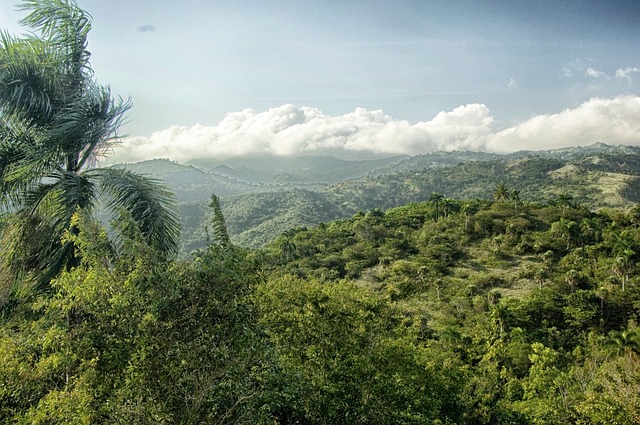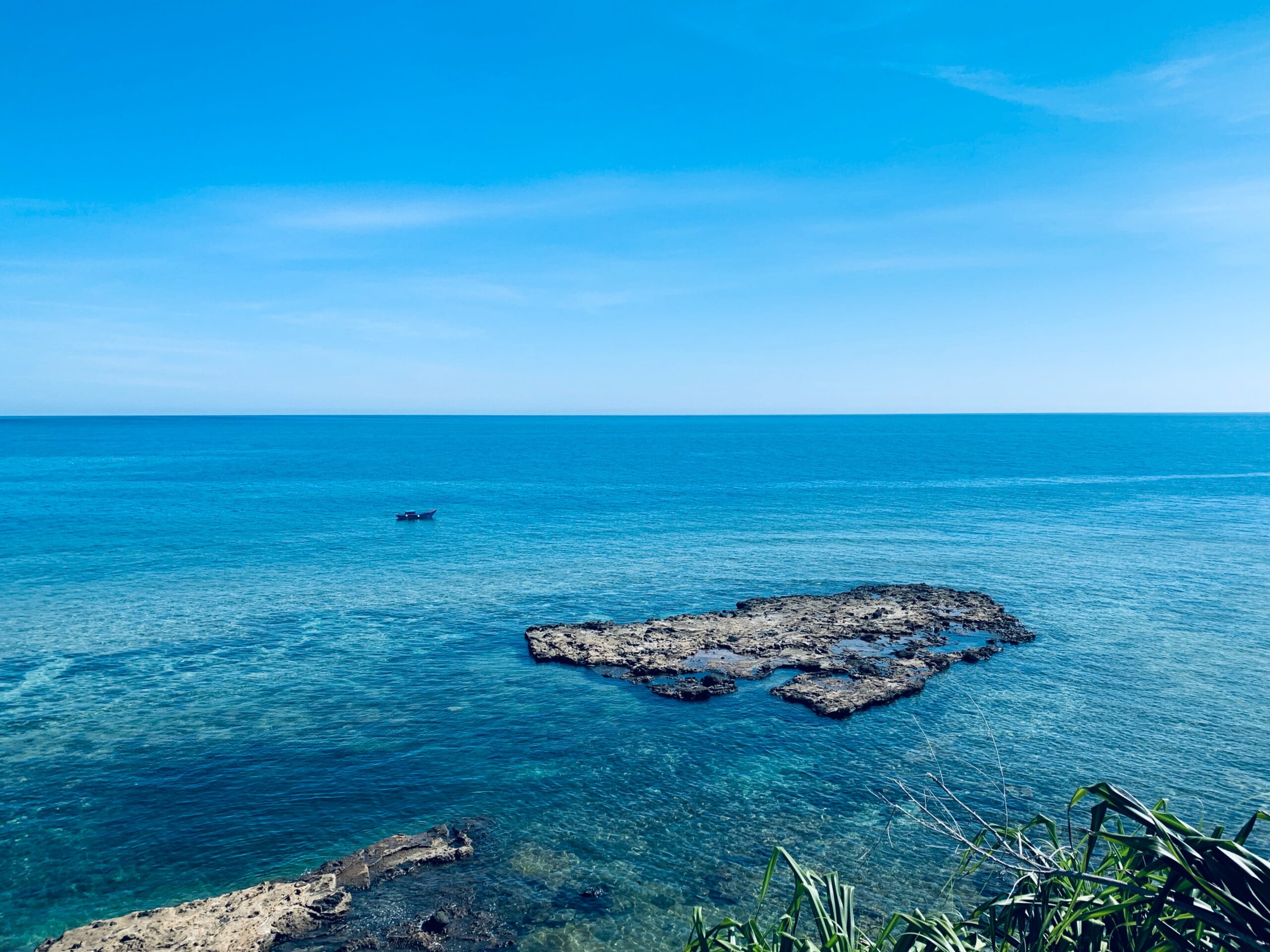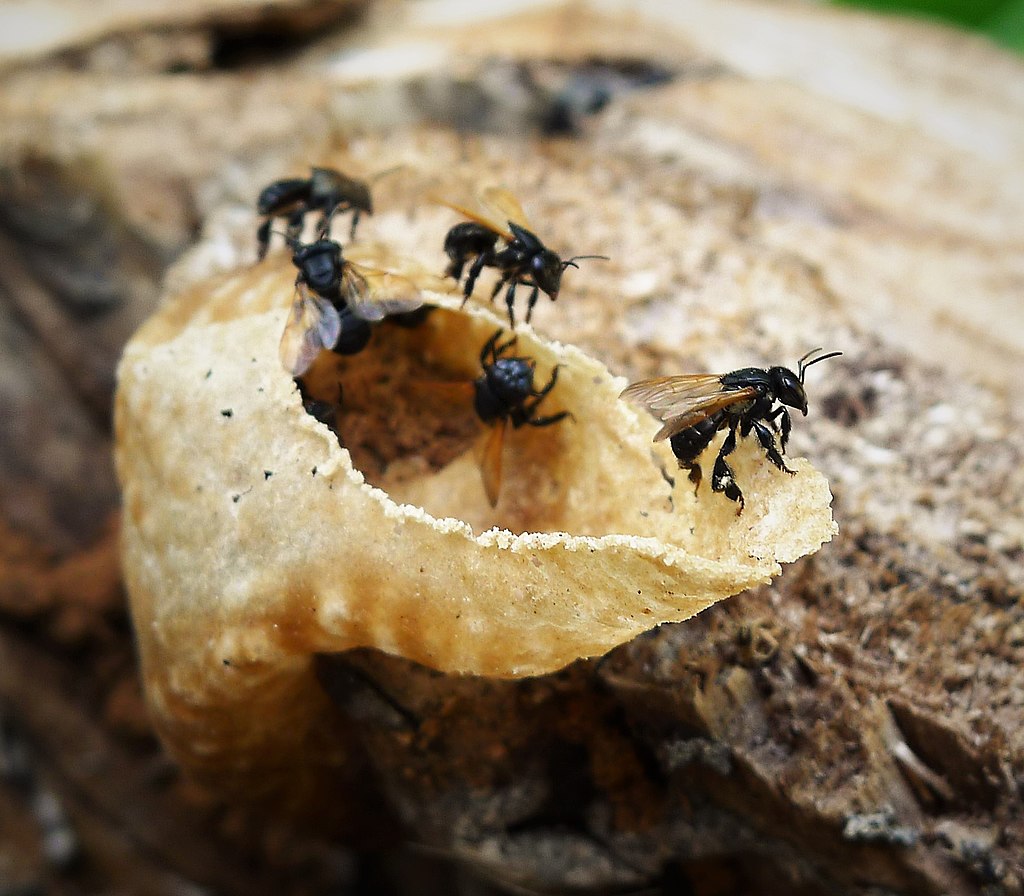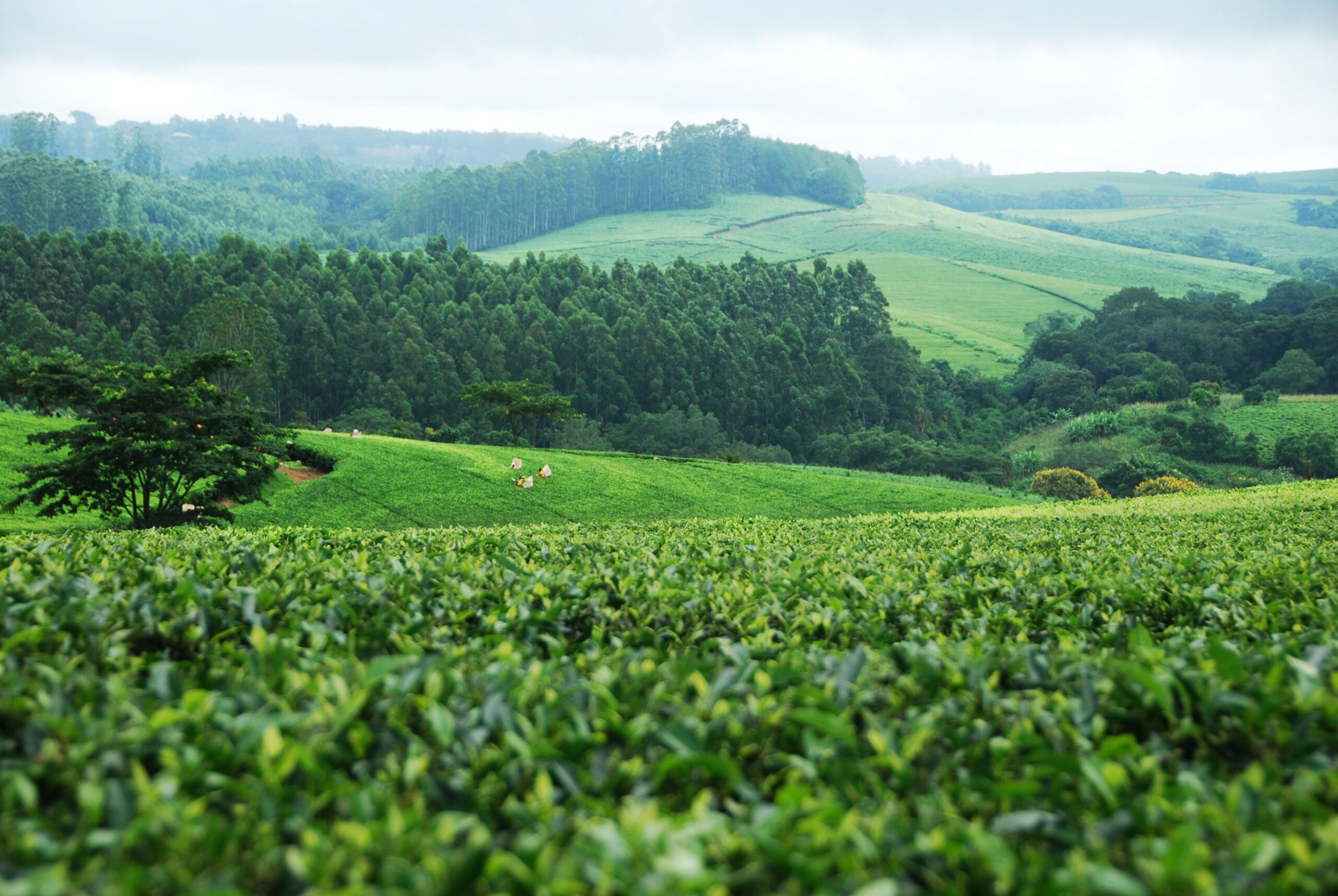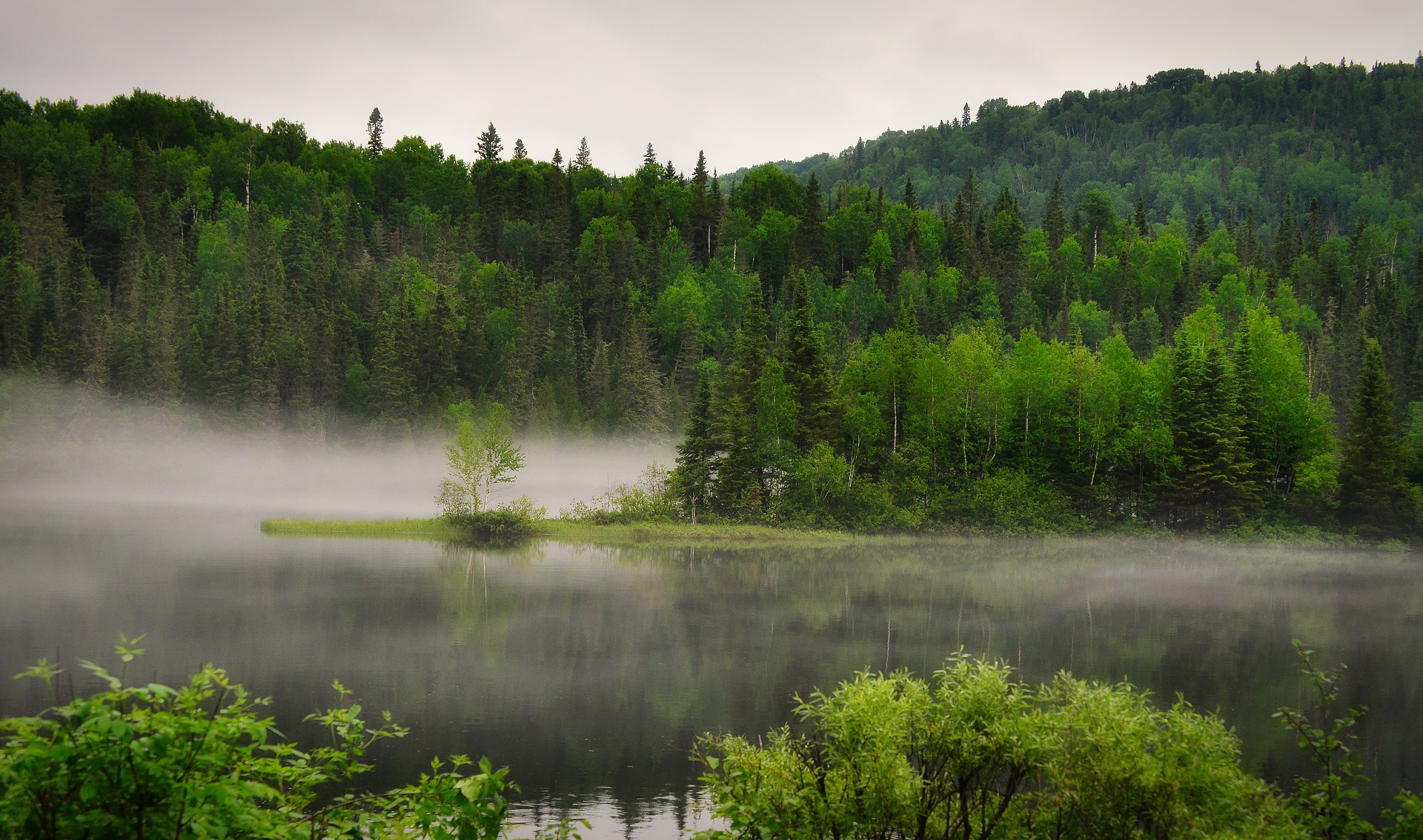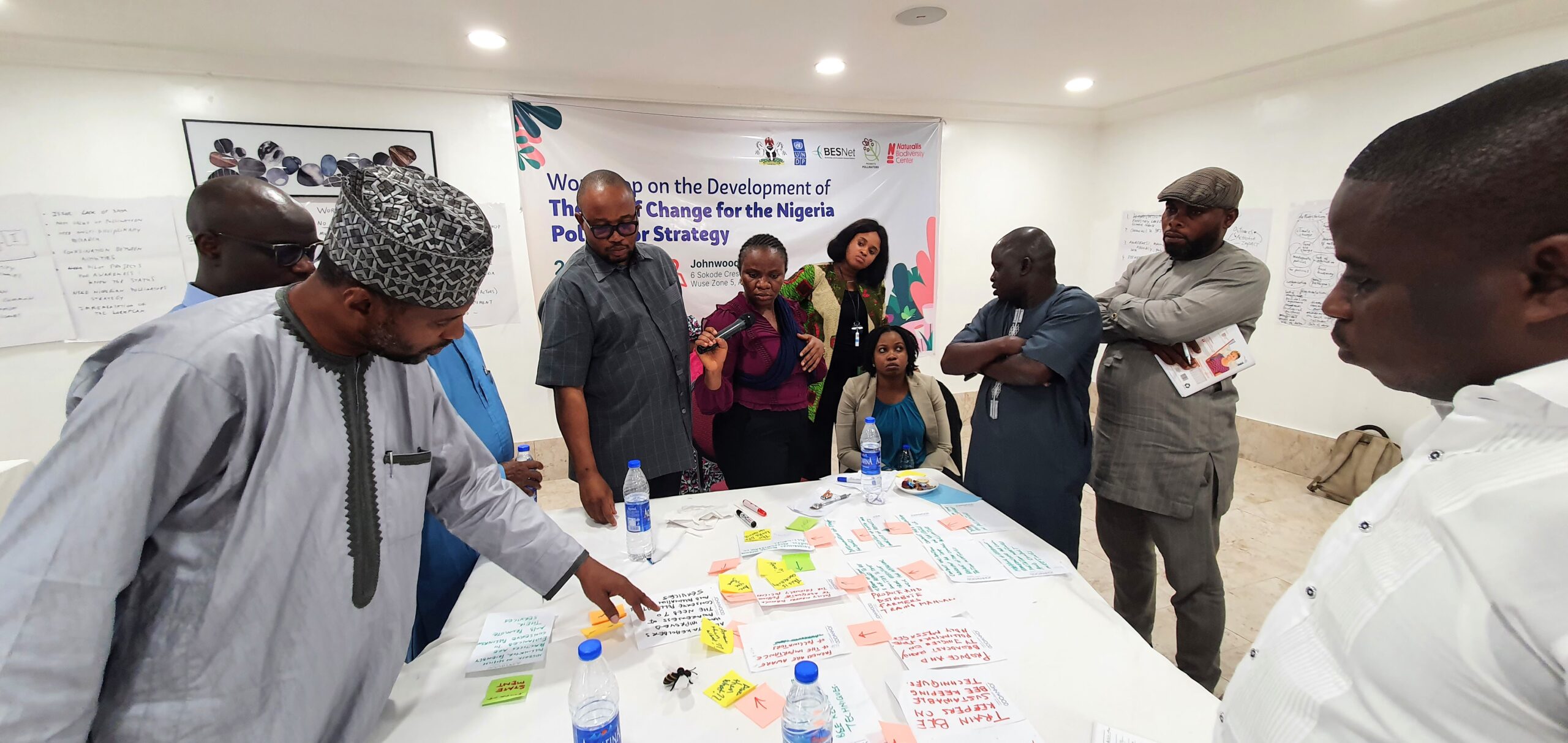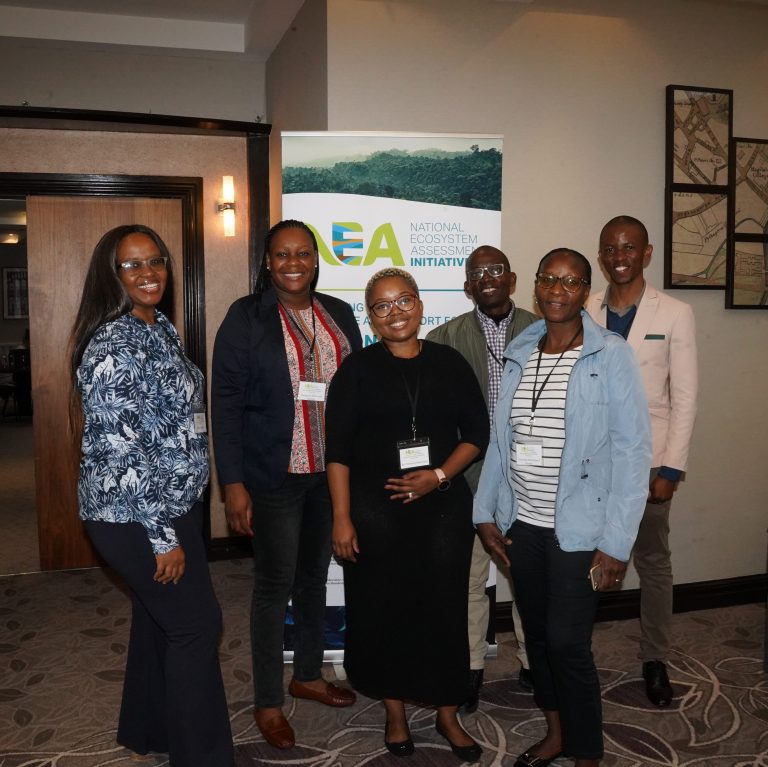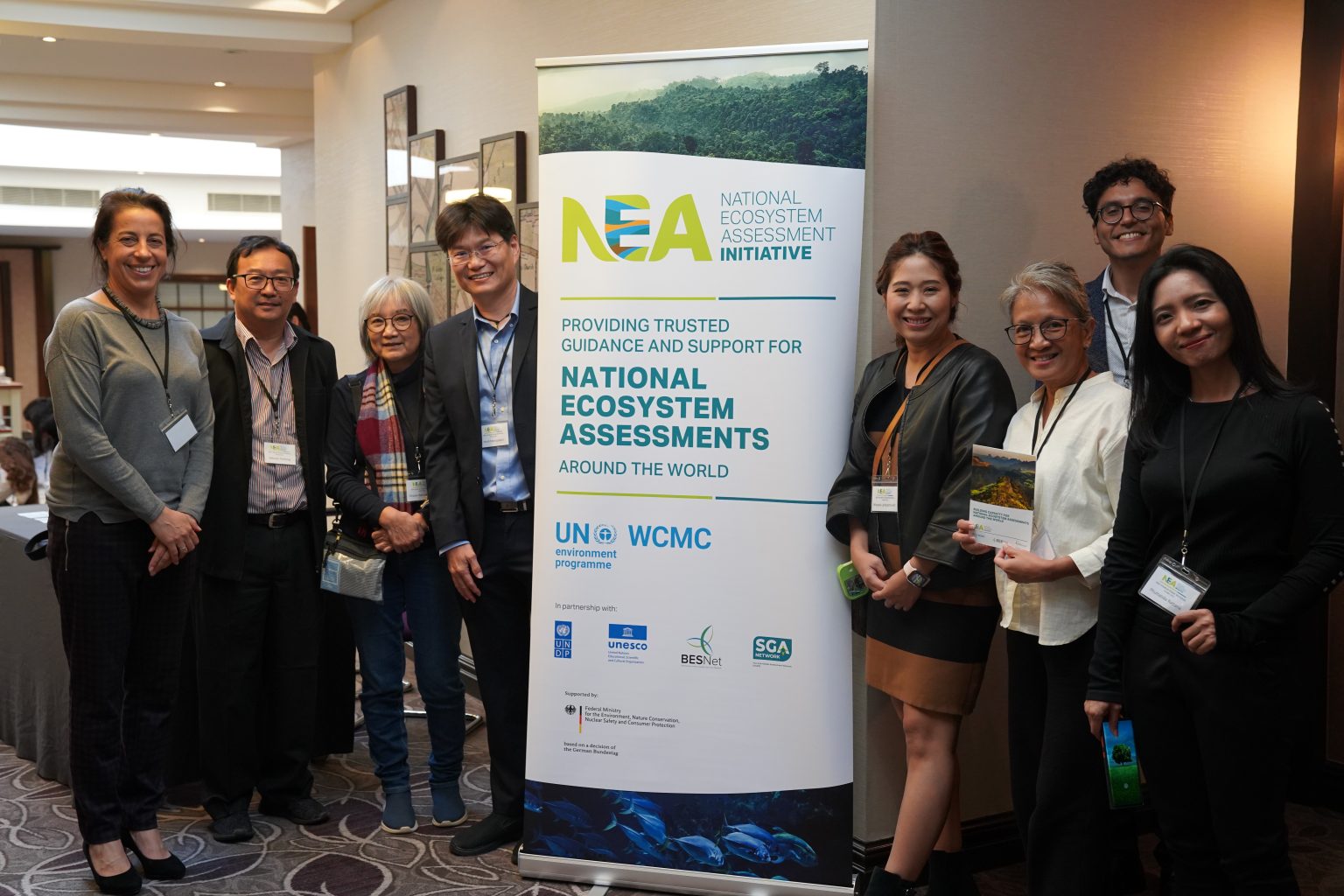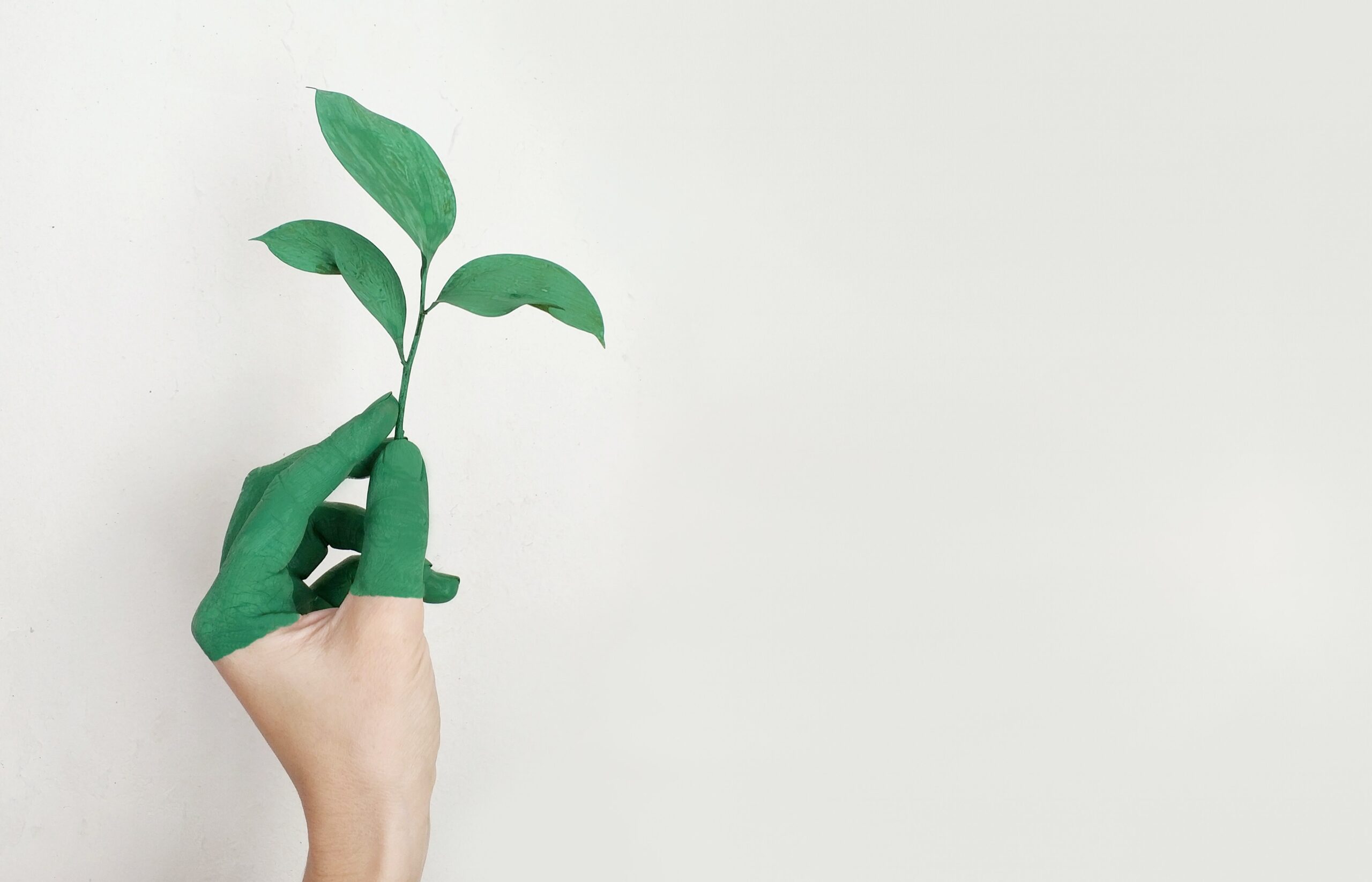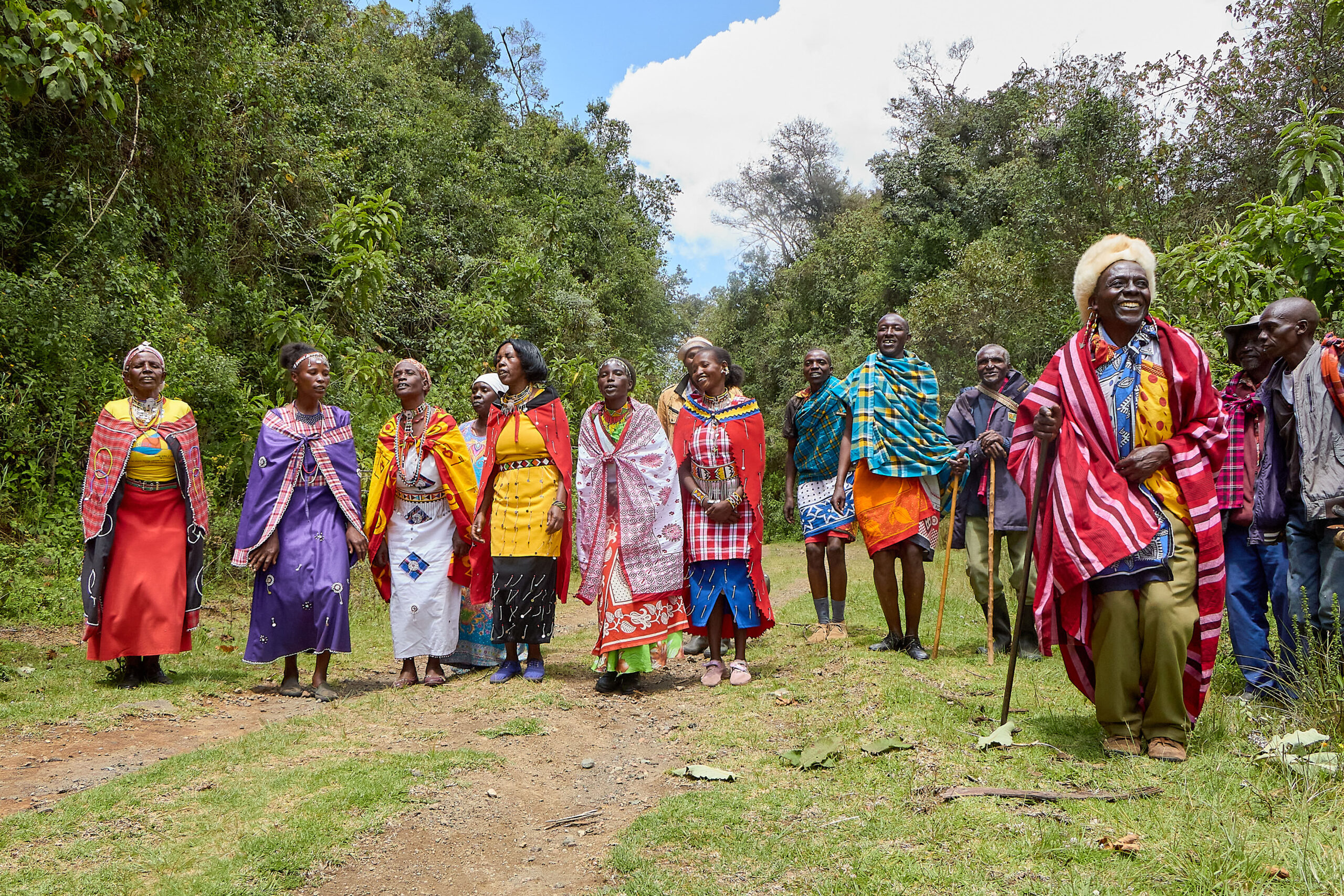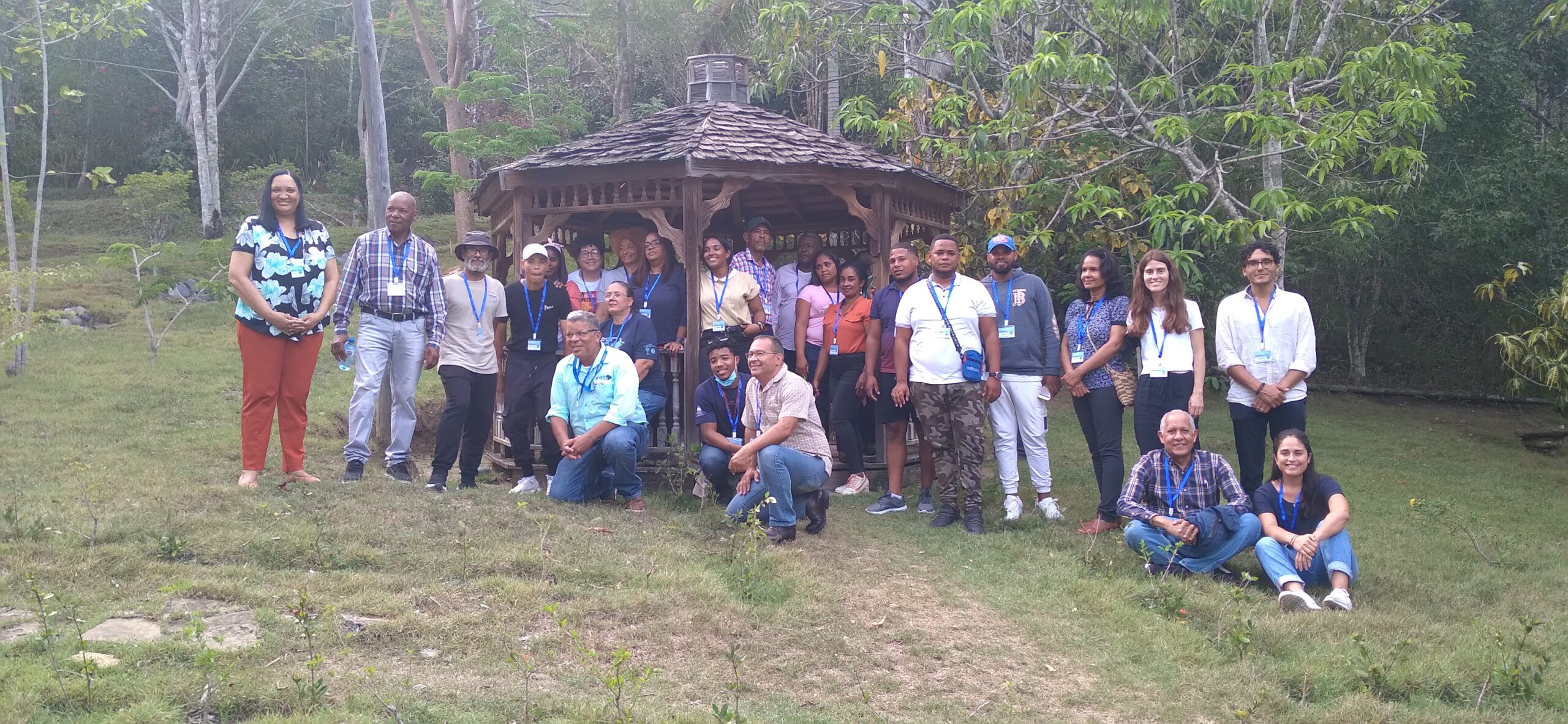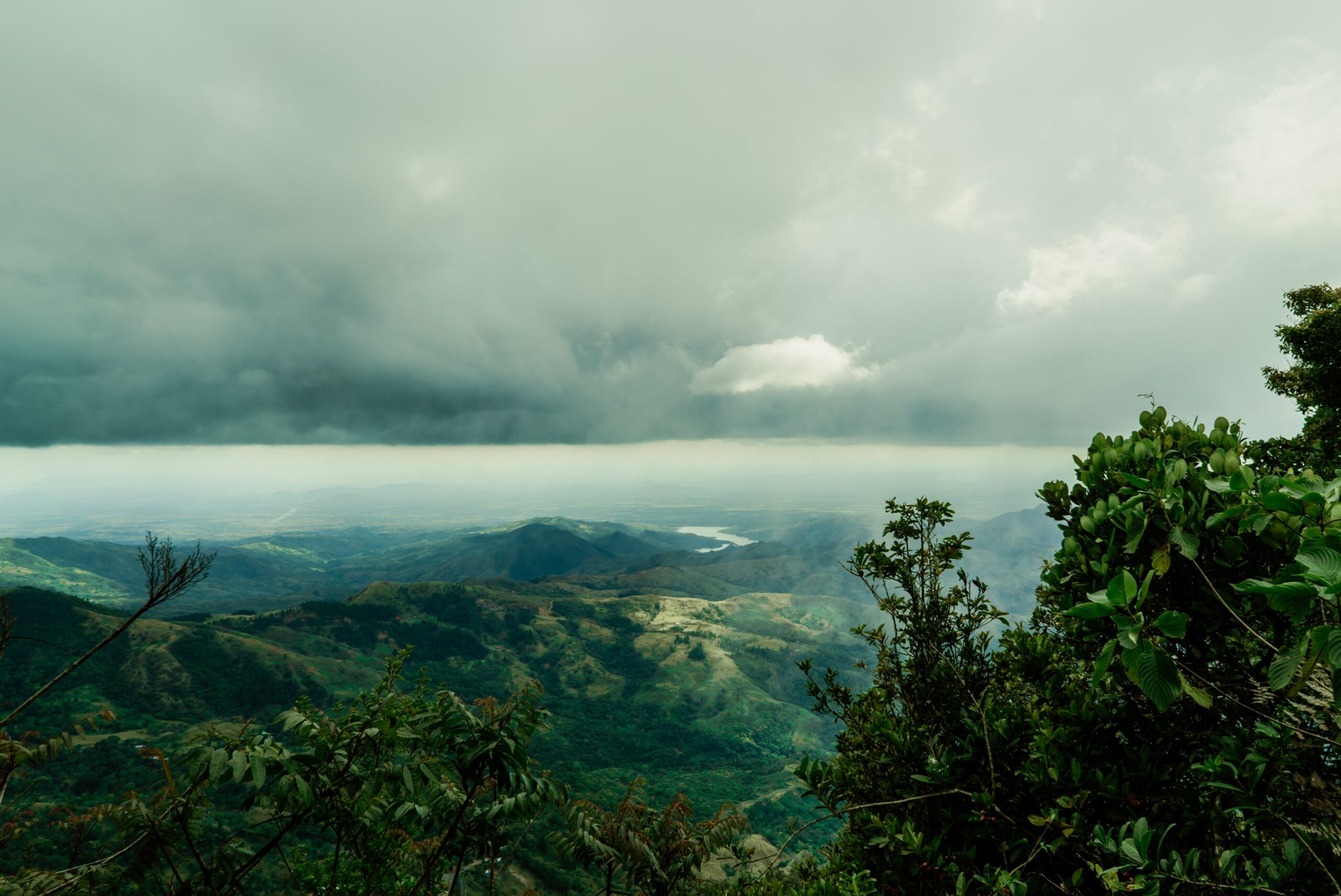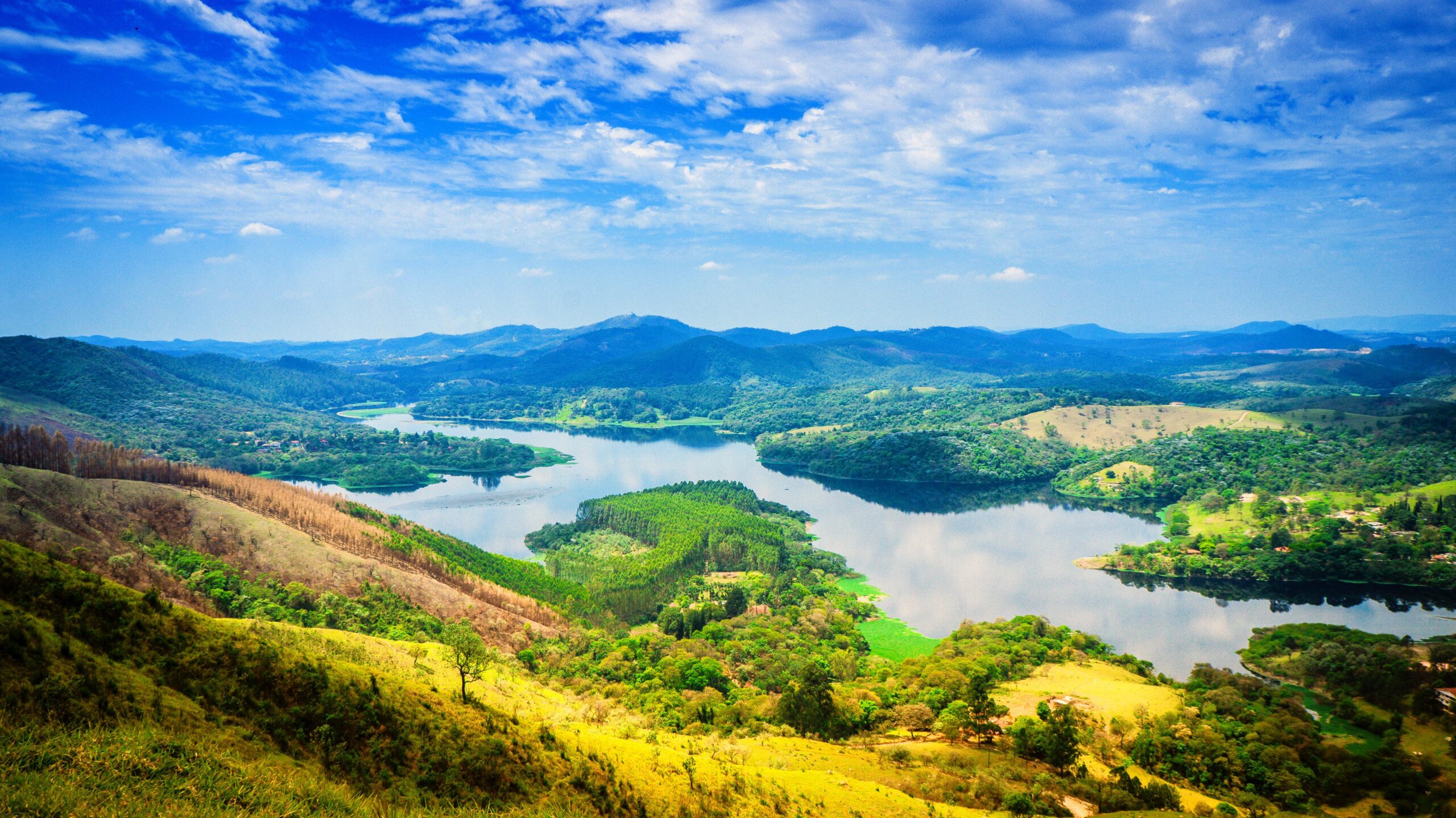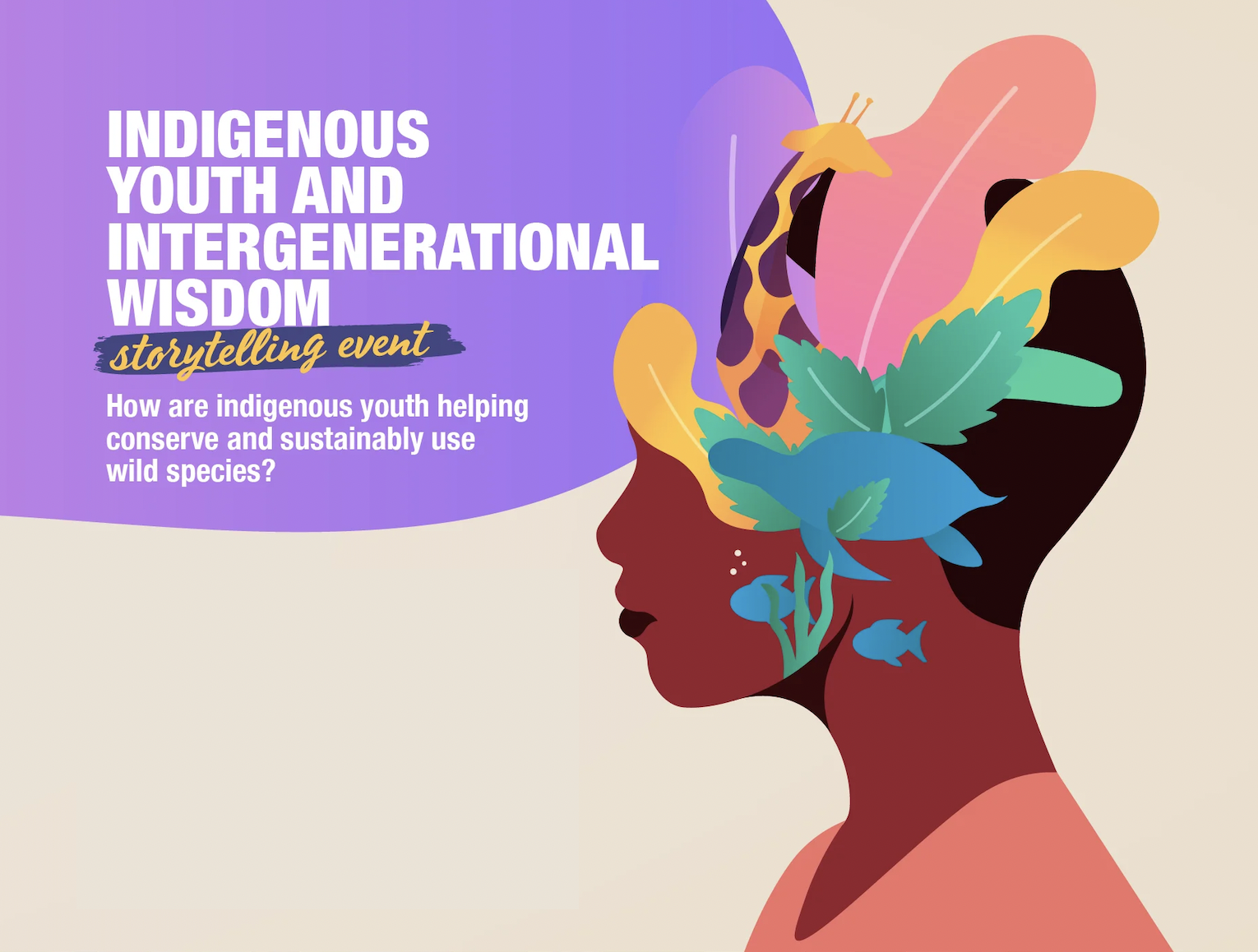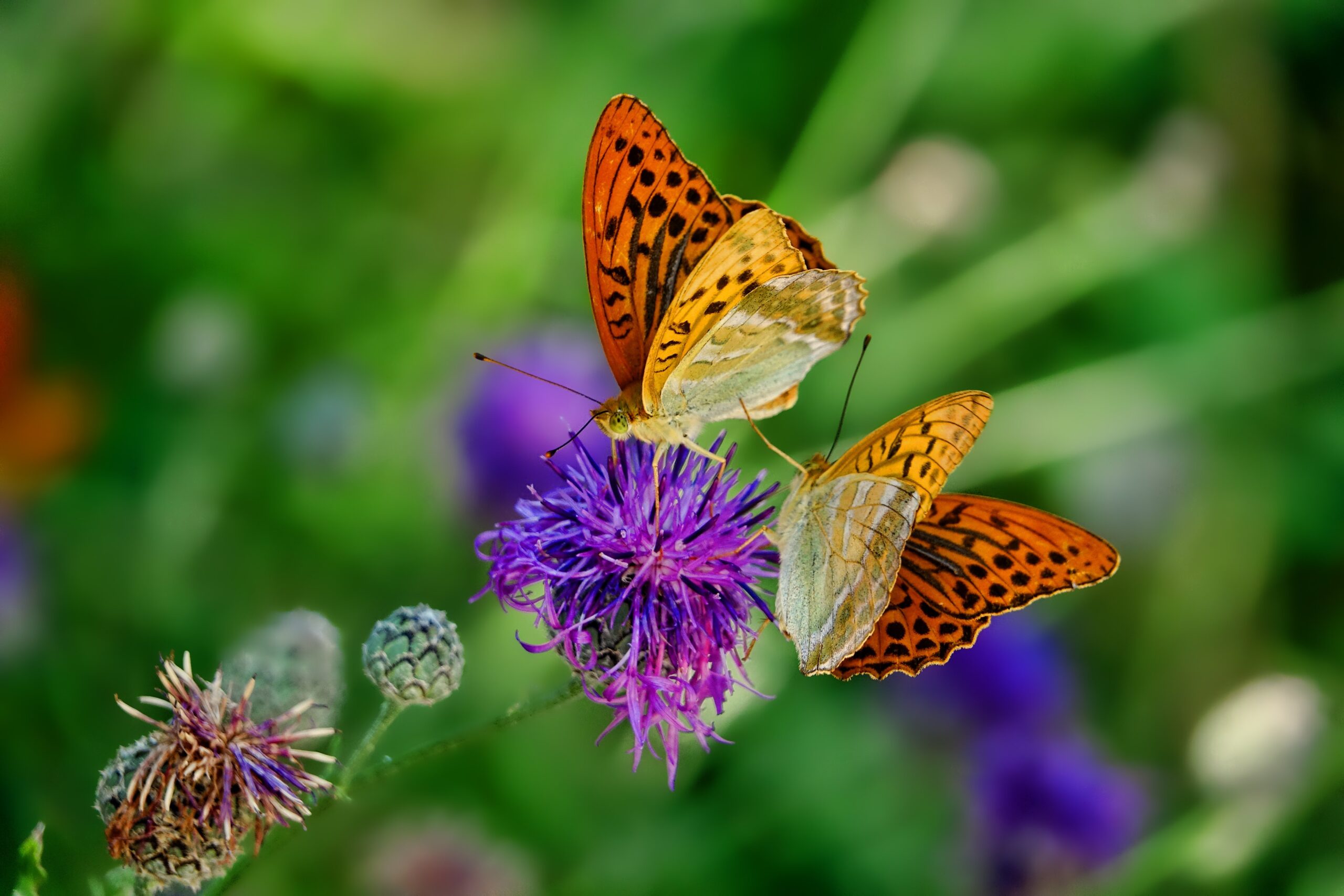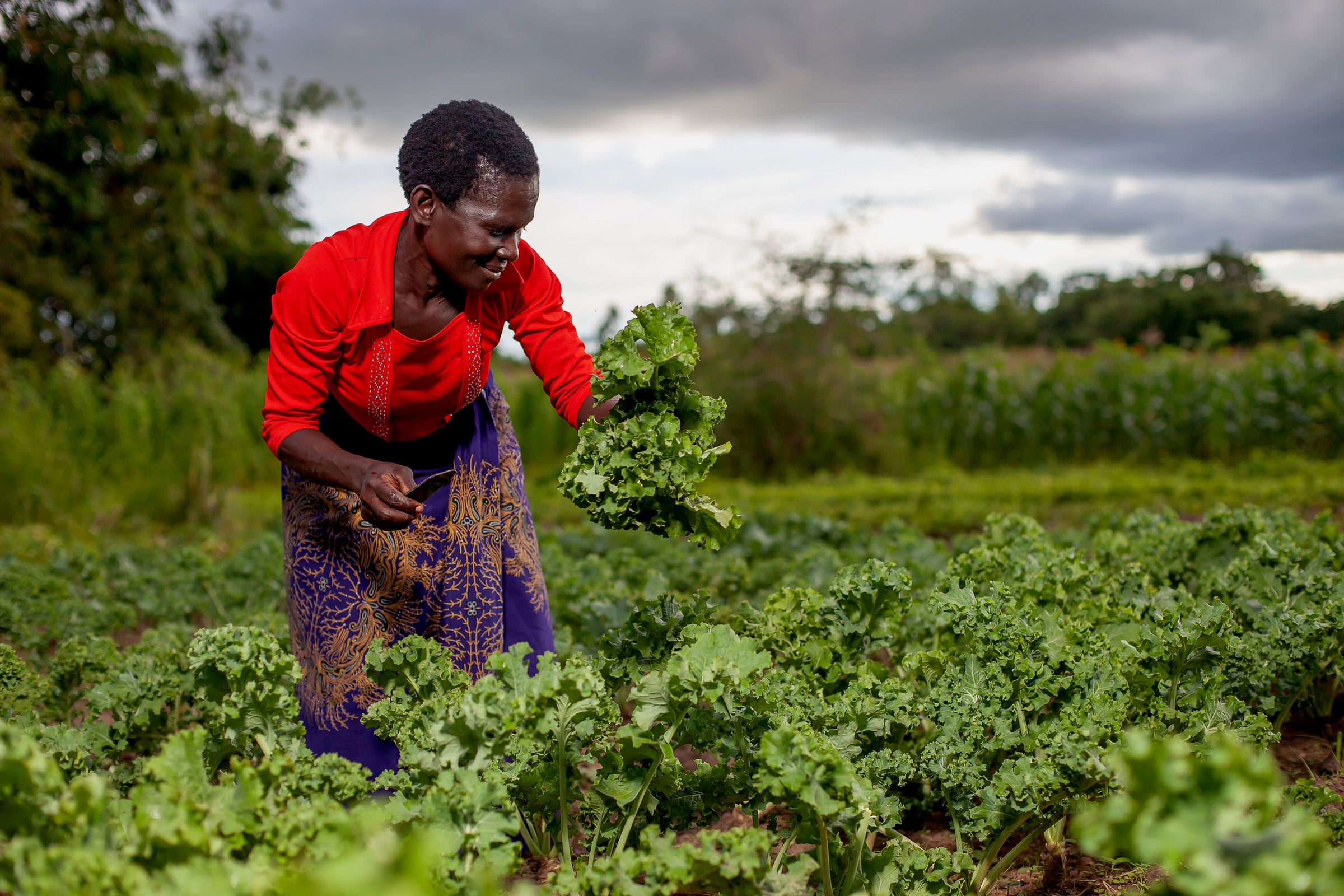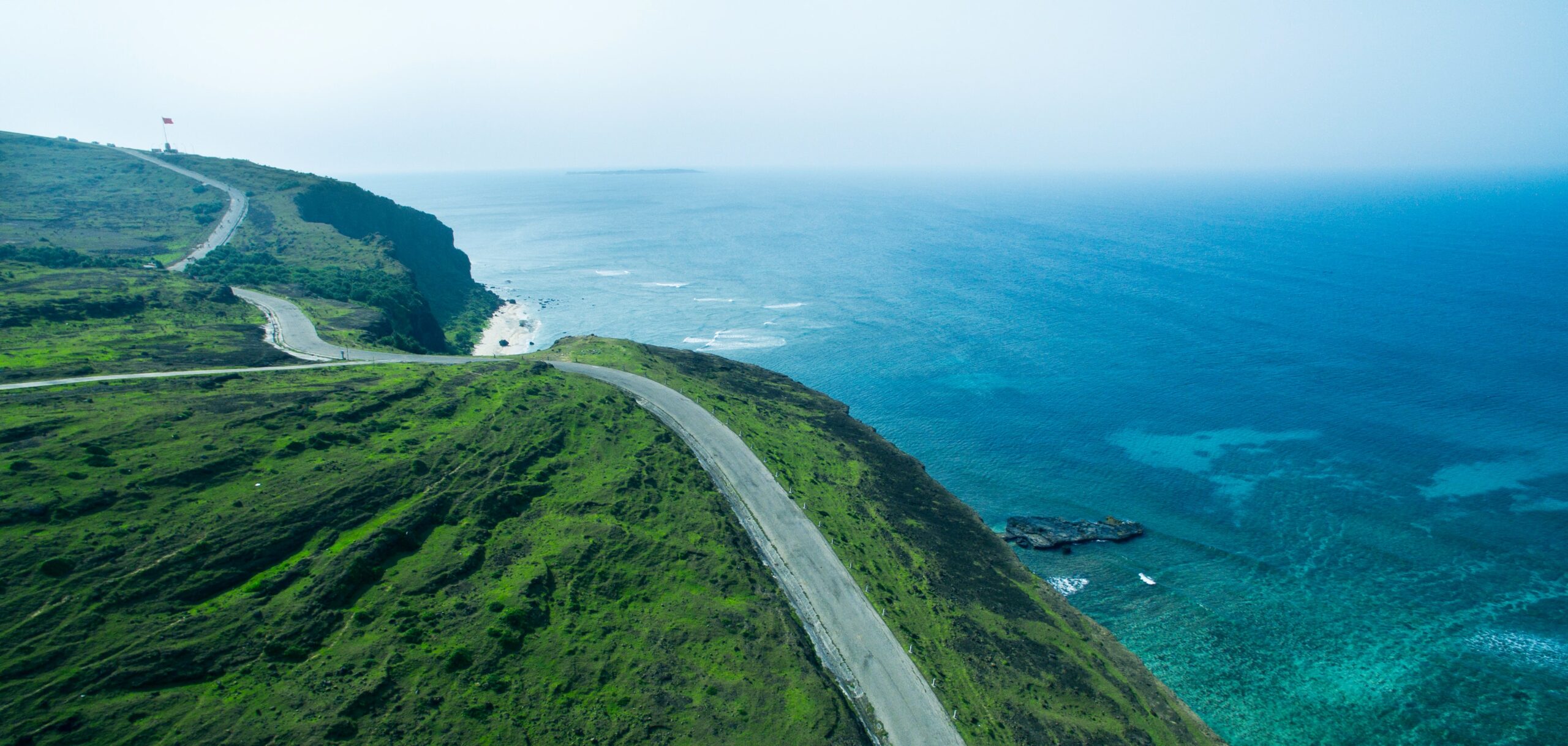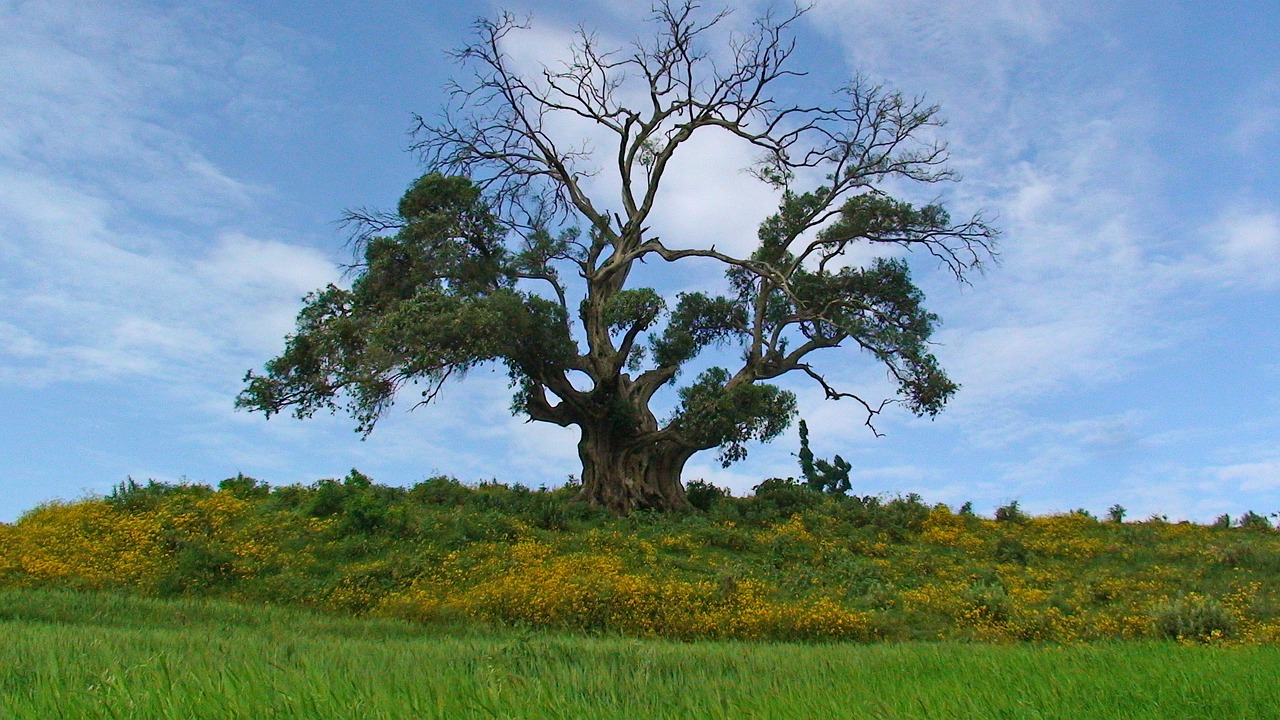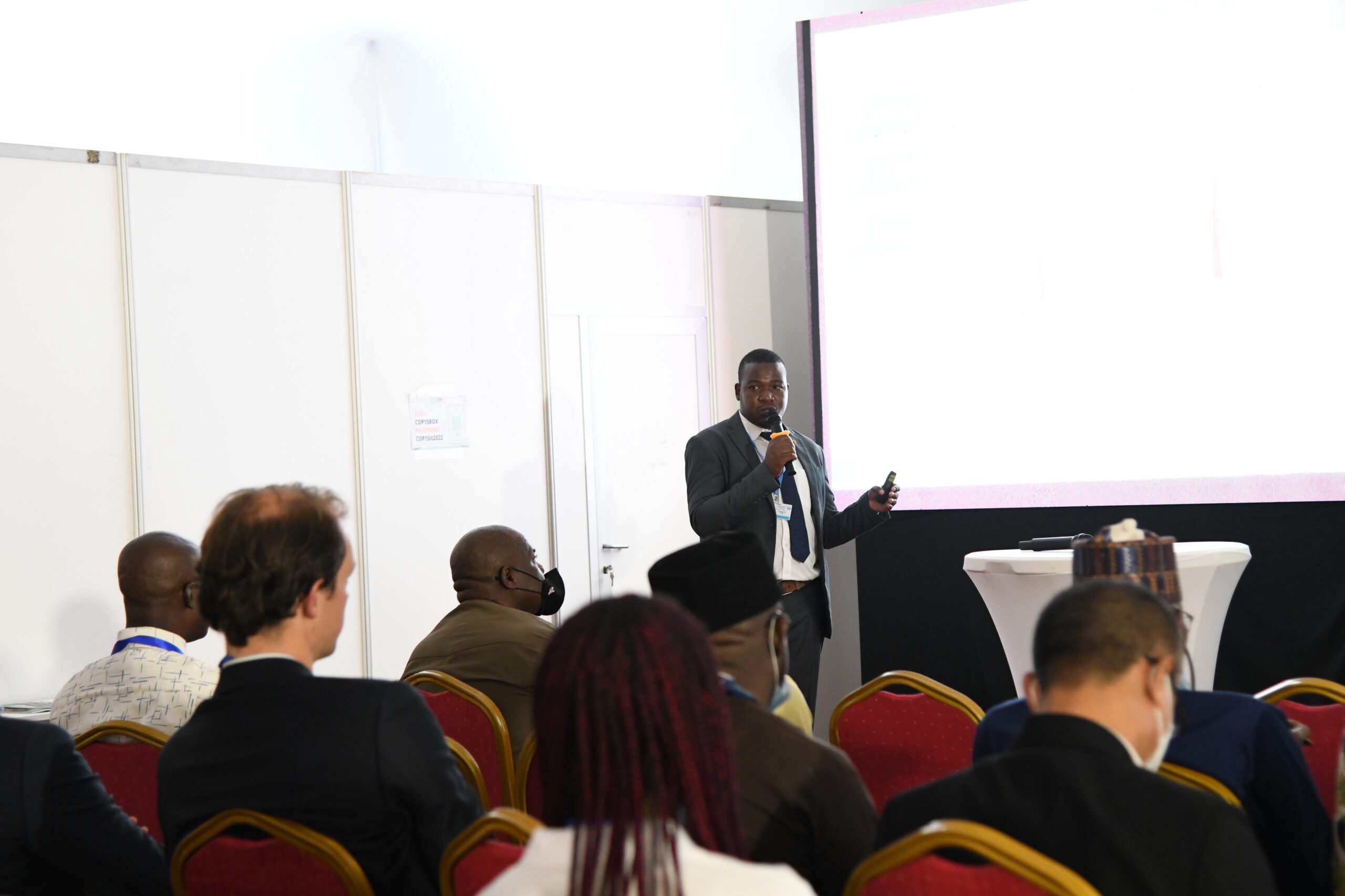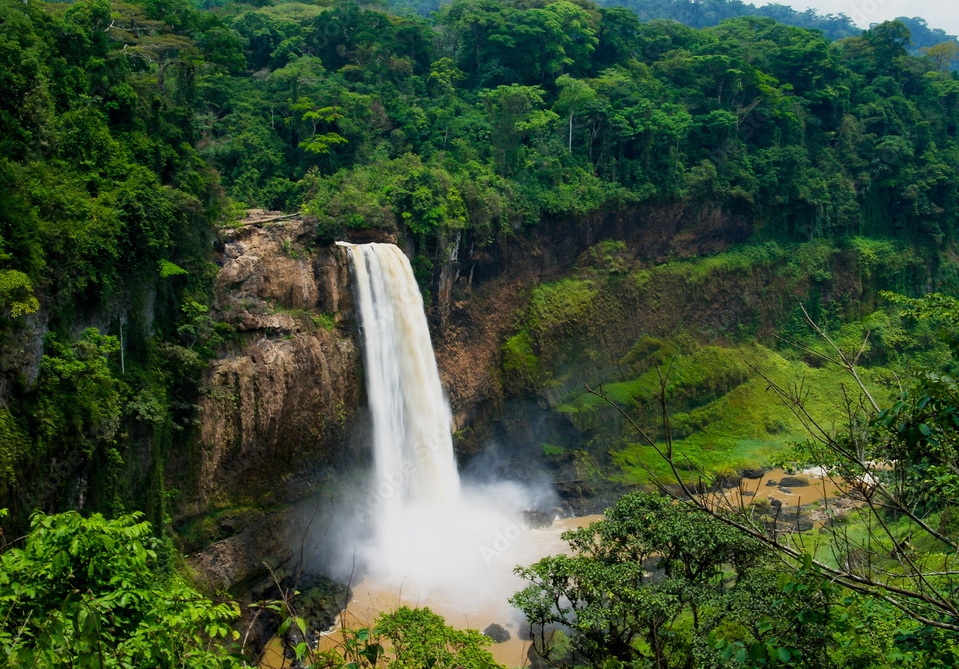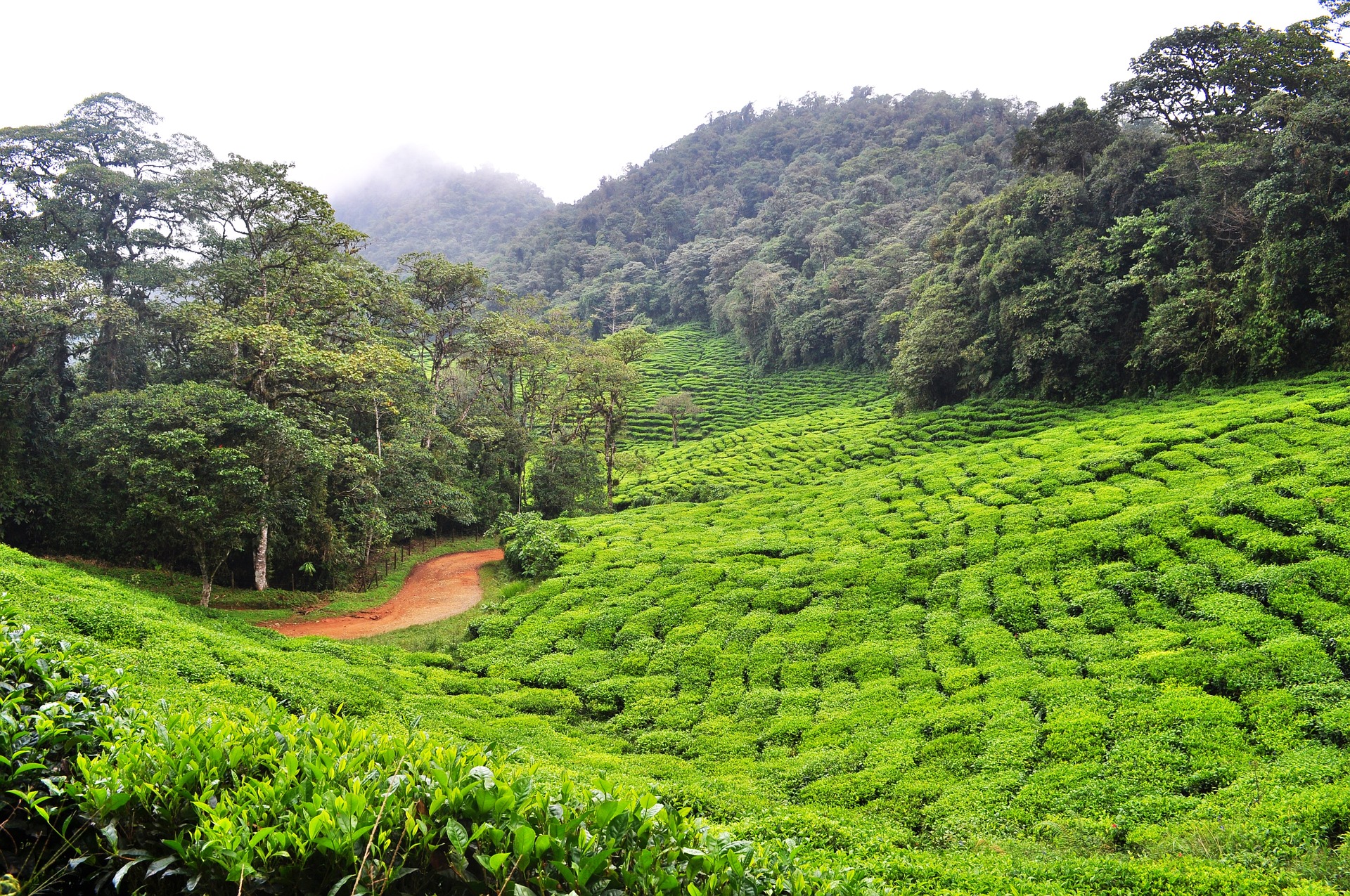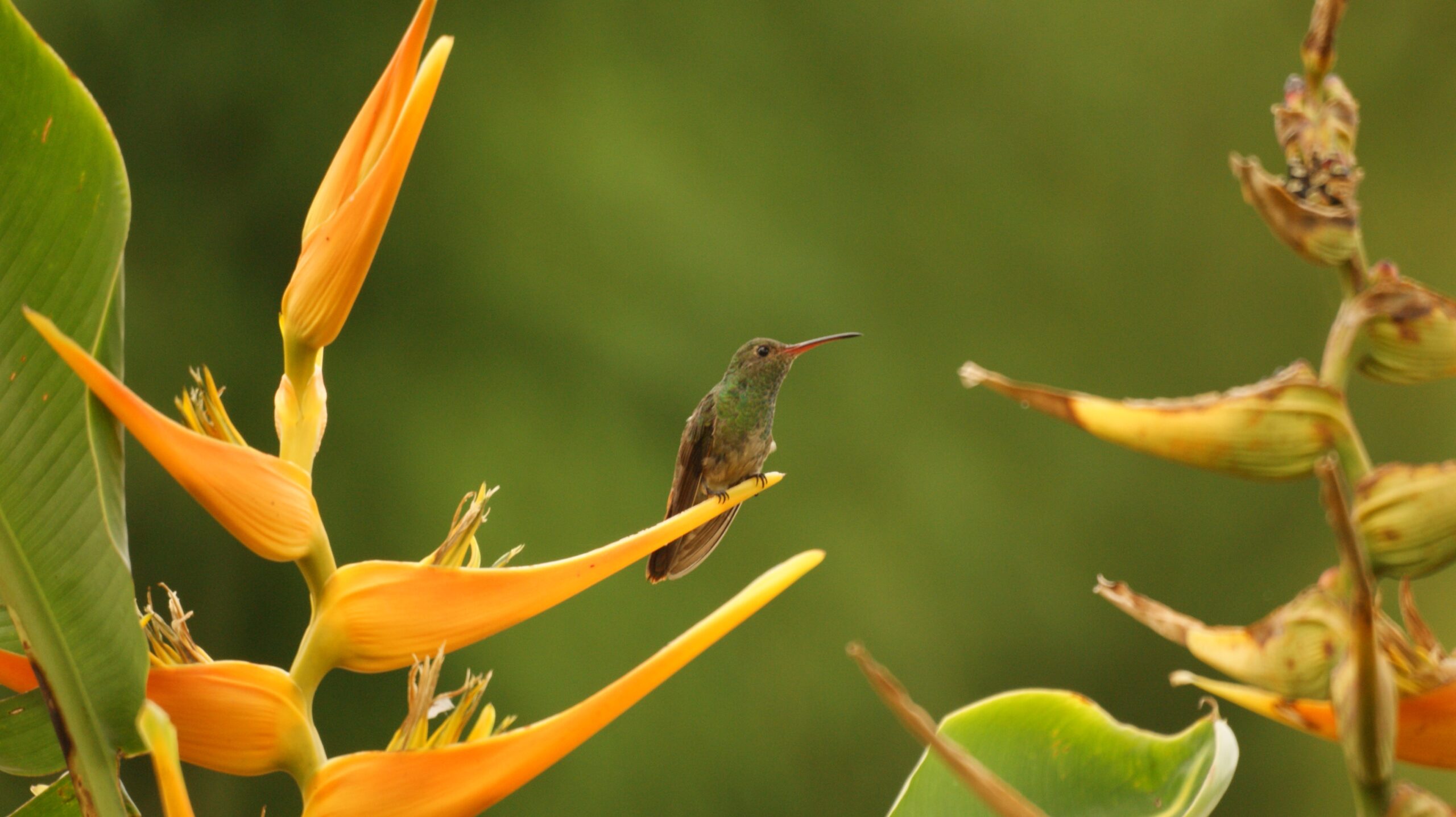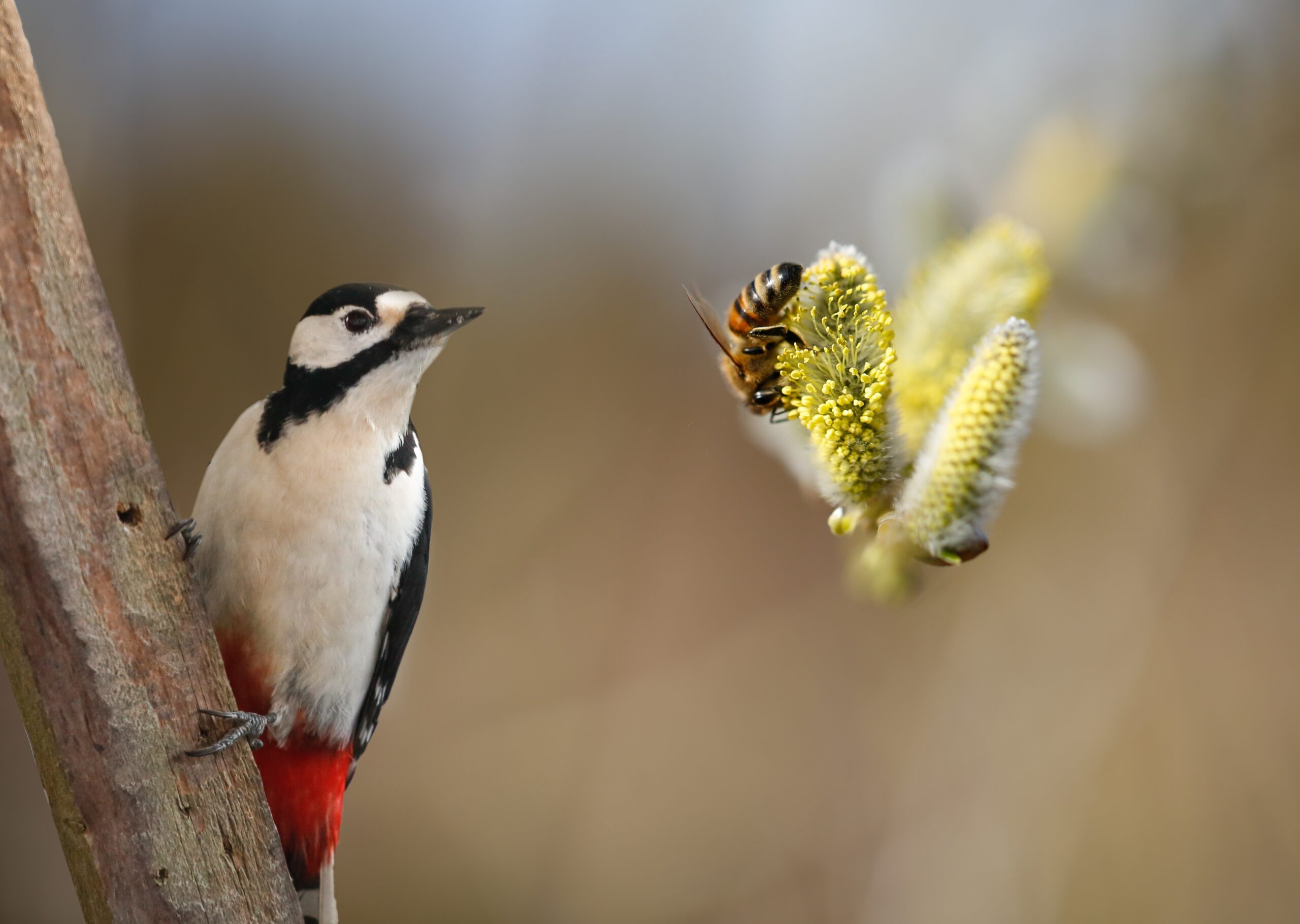BRIDGING WORLDS
BES-Net at IPBES 11
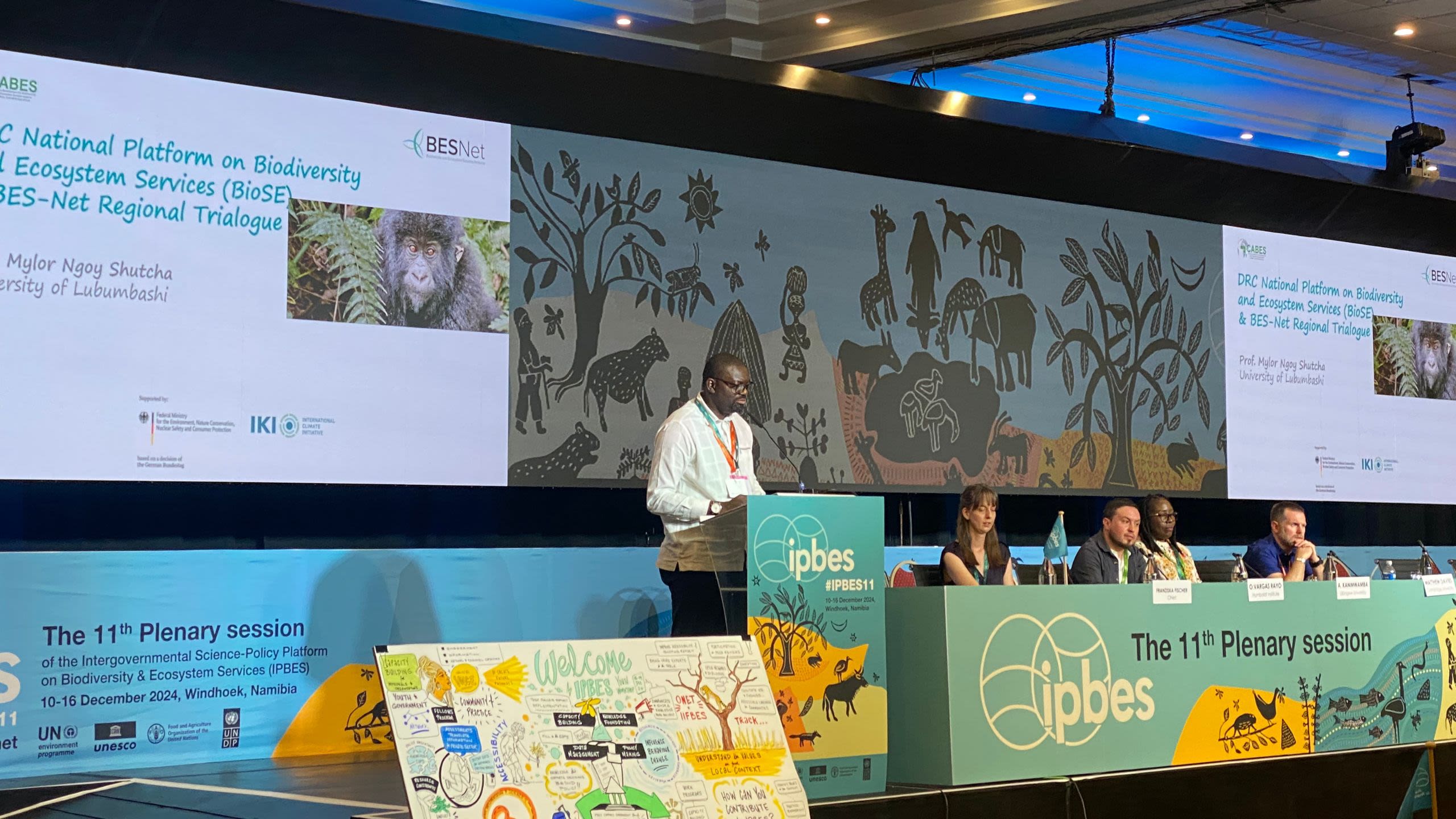
At the heart of biodiversity conservation lies a simple yet profound truth: separation is an illusion, and no one can do it alone.
The recent 11th session of the Plenary of the Intergovernmental Science-Policy Platform on Biodiversity and Ecosystem Services (IPBES 11) brought this truth to life, showcasing how collaboration across sectors, borders, knowledge systems and disciplines can be a strong driver for meaningful action.
For BES-Net, IPBES 11 was an opportunity to amplify the voices of the communities, governments and experts we support, showcase successful initiatives like the Regional Trialogue and ILK_Move, and emphasize how science, policy and practice can work hand-in-hand for biodiversity conservation.
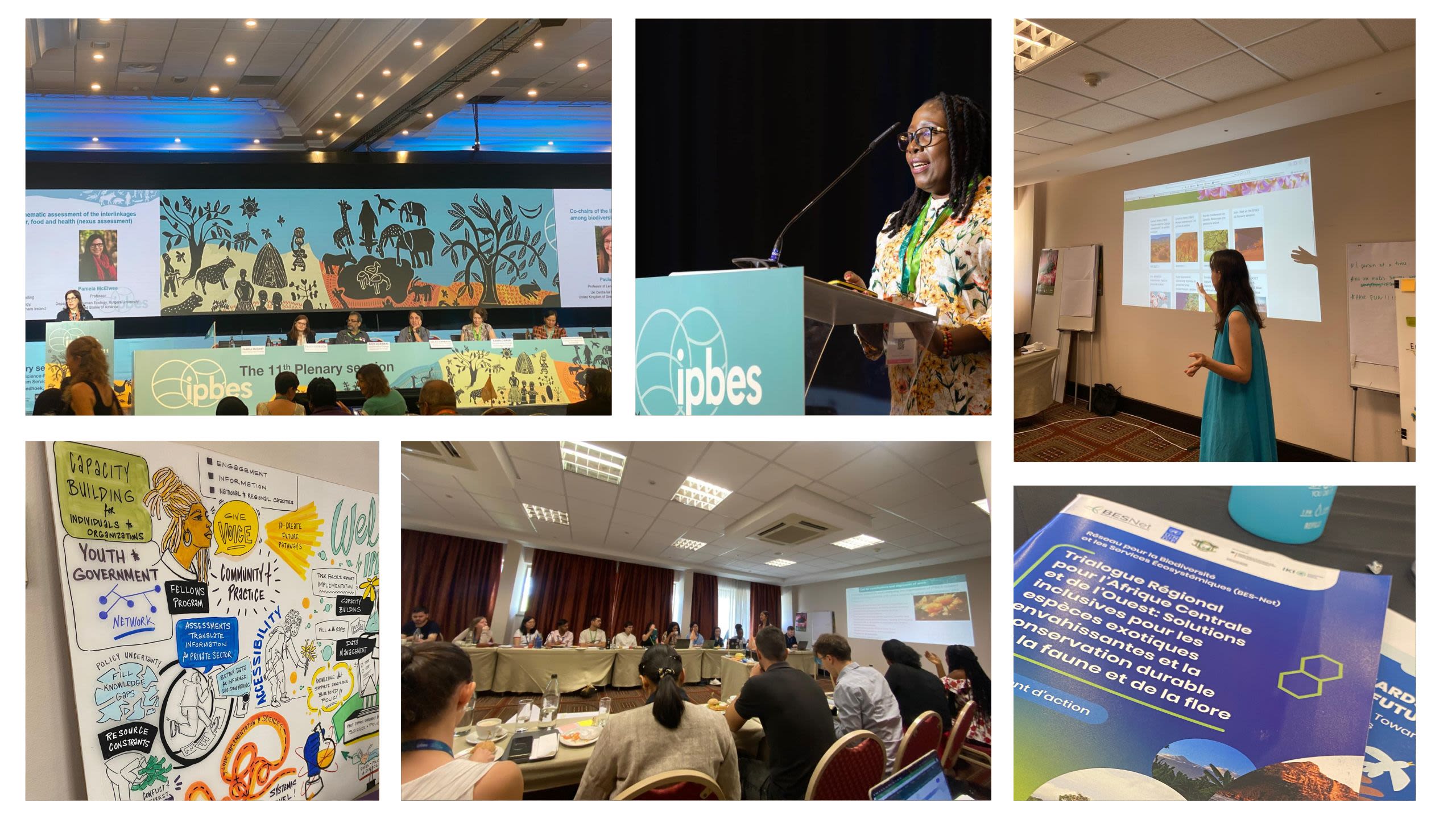
The IPBES 11 Stakeholder Day, which preceded the plenary on 9 December 2024, set the stage for these conversations, highlighting practical ways to engage stakeholders in biodiversity processes in the form of a celebration of people who transform ideas into action. Among the cases for stakeholder engagement and collaboration highlighted during the session were two BES-Net-supported initiatives: the Trialogues, presented by Prof. Mylor Ngoy Shutcha from the Democratic Republic of Congo, and ILK_Move, presented by Ms. Alice Kammwamba from Malawi.
T R I A L O G U E S
Holding space for collective solutions
T R I A L O G U E S
Holding space for collective solutions
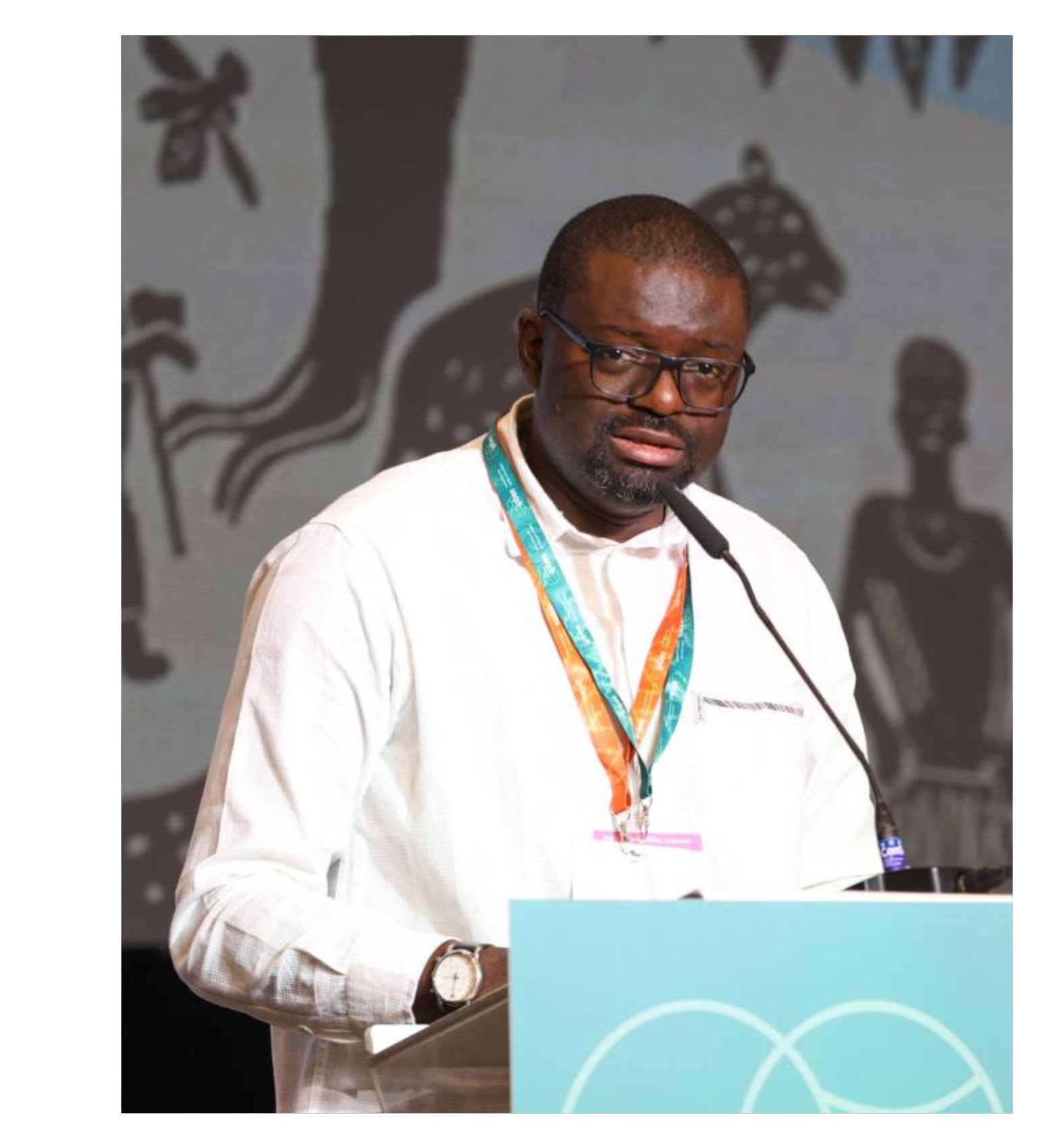
In June 2024, BES-Net’s Regional Trialogue for Central and West Africa brought together over 55 participants from six Francophone African countries in Abidjan, Côte d’Ivoire. The event tackled the dual crises of invasive alien species and the unsustainable use of wild species – two interconnected themes of the IPBES assessments released in 2023 and 2024 – which deeply affect food security, livelihoods and biodiversity in the region.
What are Trialogues?
The Trialogue approach is a central component of BES-Net, providing diverse actors – such as researchers, government officials, Indigenous Peoples and local communities – a safe space to exchange perspectives, co-create plans of action and jointly design pathways for collaboration on biodiversity and ecosystem management. Rooted in inclusivity and mutual learning, it bridges science, policy and practice to foster impactful, regionally relevant and globally connected solutions.
Find out more about BES-Net’s Trialogues here.
The Trialogue fostered dialogue between science, policy and practice around the themes, using the Tree of Life metaphor to guide discussions. Participants explored the “roots” of knowledge, climbed the “trunk” of shared strategies and “branched out" into actionable plans. By the end of the event, participants had developed sets of actions tailored to their ecological and social contexts.
For Mylor, Professor at the Université de Lubumbashi and a lead from the Capacity Development for Biodiversity and Ecosystem Services Experts (CABES) project in the Democratic Republic of Congo, the Trialogue served as a critical call to action for countries in Central and West Africa grappling with the urgent threats posed by invasive alien species. He celebrated the BES-Net Regional Trialogue as a champion of its inclusive approach, emphasizing how the event format created a space where policymakers, scientists and Indigenous leaders could come together, share knowledge and co-create actionable solutions. “It’s not just about policies or strategies, it’s about the people who believe in them,” he said during the panel.
The CABES initiative
CABES aims to develop and strengthen the capacity of professionals in biodiversity-related fields in West, Central and East Africa to engage with IPBES. Both supported by the International Climate Initiative of the German Federal Ministry for the Environment, Nature Conservation, Nuclear Safety and Consumer Protection, BES-Net and CABES coordinate closely thematically and geographically across the African continent.
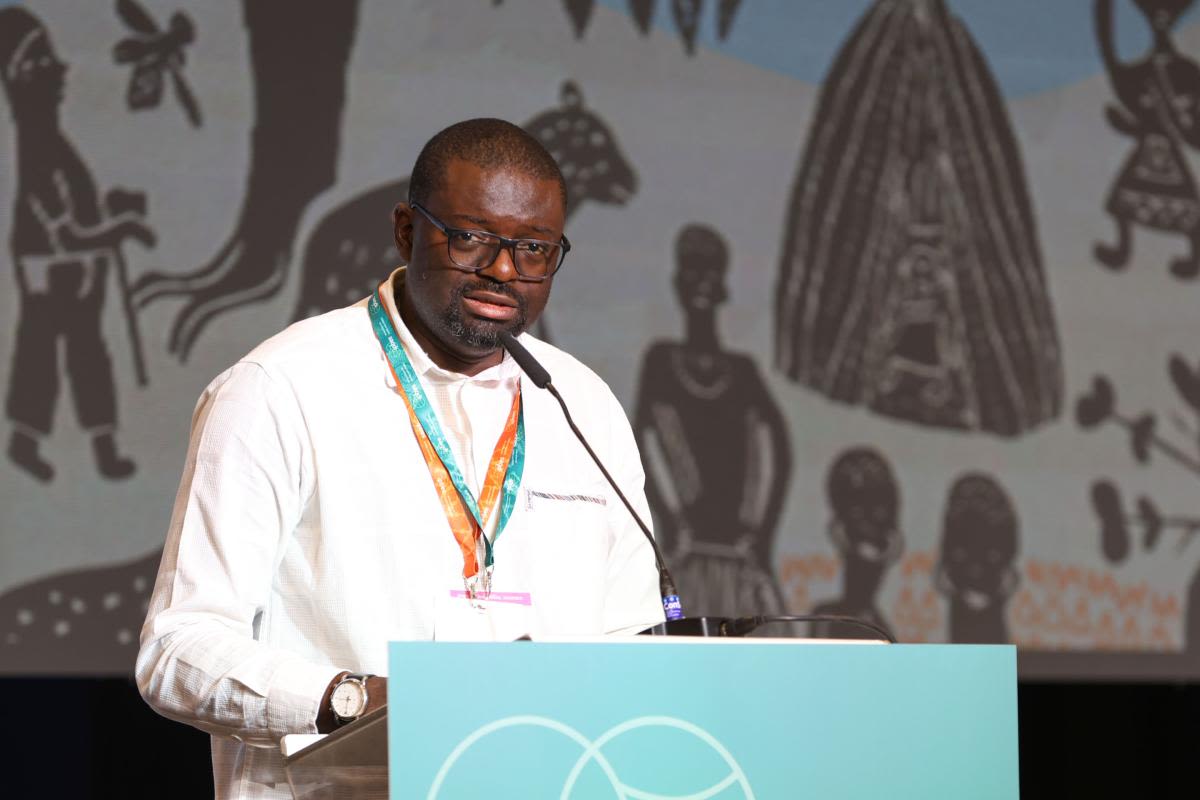
In June 2024, BES-Net’s Regional Trialogue for Central and West Africa brought together over 55 participants from six Francophone African countries in Abidjan, Côte d’Ivoire. The event tackled the dual crises of invasive alien species and the unsustainable use of wild species – two interconnected themes of the IPBES assessments released in 2023 and 2024 – which deeply affect food security, livelihoods and biodiversity in the region.
What are Trialogues?
The Trialogue approach is a central component of BES-Net, providing diverse actors – such as researchers, government officials, Indigenous Peoples and local communities – a safe space to exchange perspectives, co-create plans of action and jointly design pathways for collaboration on biodiversity and ecosystem management. Rooted in inclusivity and mutual learning, it bridges science, policy and practice to foster impactful, regionally relevant and globally connected solutions.
Find out more about BES-Net’s Trialogues here.
The Trialogue fostered dialogue between science, policy and practice around the themes, using the Tree of Life metaphor to guide discussions. Participants explored the “roots” of knowledge, climbed the “trunk” of shared strategies and “branched out" into actionable plans. By the end of the event, participants had developed sets of actions tailored to their ecological and social contexts.
For Mylor, Professor at the Université de Lubumbashi and a lead from the Capacity Development for Biodiversity and Ecosystem Services Experts (CABES) project in the Democratic Republic of Congo, the Trialogue served as a critical call to action for countries in Central and West Africa grappling with the urgent threats posed by invasive alien species. He celebrated the BES-Net Regional Trialogue as a champion of its inclusive approach, emphasizing how the event format created a space where policymakers, scientists and Indigenous leaders could come together, share knowledge and co-create actionable solutions. “It’s not just about policies or strategies, it’s about the people who believe in them,” he said during the panel.
The CABES initiative
CABES aims to develop and strengthen the capacity of professionals in biodiversity-related fields in West, Central and East Africa to engage with IPBES. Both supported by the International Climate Initiative of the German Federal Ministry for the Environment, Nature Conservation, Nuclear Safety and Consumer Protection, BES-Net and CABES coordinate closely thematically and geographically across the African continent.
ILK_Move
Navigating peer learning
ILK_Move
Navigating peer learning
Launched in 2023, ILK_Move is a platform enhancing peer-to-peer connections for Indigenous and local knowledge (ILK) experts to share experiences and innovations from their work on national ecosystem assessments (NEAs) in their countries.
Coordinated by UNESCO’s LINKS Programme and UNEP-WCMC under BES-Net’s partnership, ILK-Move symbolizes the collaborative joinery of the countries sailing the ocean of NEAs, learning together the process of weaving Indigenous and Local knowledge into the assessments, through which to inform biodiversity conservation.
ILK_Move represents the power of global collaboration and connections and their application at the national level. As a designated "captain" of ILK_Move for 2024, Alice presented the platform with passion, showcasing how it fosters meaningful cross-border exchange among the teams working directly with Indigenous Peoples and local communities within the NEA initiative.
Under Alice’s leadership, ILK_Move has hosted eight interactive peer-to-peer learning sessions, including impactful workshops like those in Malawi. She described ILK_Move as a dynamic network connecting ILK holders across borders, enabling them to share experiences, methodologies and innovations in biodiversity conservation.
In her speech, Alice shared a powerful example of a walking workshop at Lake Kazuni, where community members led discussions on traditional conservation practices, biodiversity challenges and locally driven solutions. This hands-on exchange illustrated the value of centering Indigenous and local voices in conservation efforts.
“What makes ILK_Move special is the personal connection,” Alice reflected. “When people see their stories and knowledge respected, it creates a sense of ownership and commitment. That’s when real change happens.”
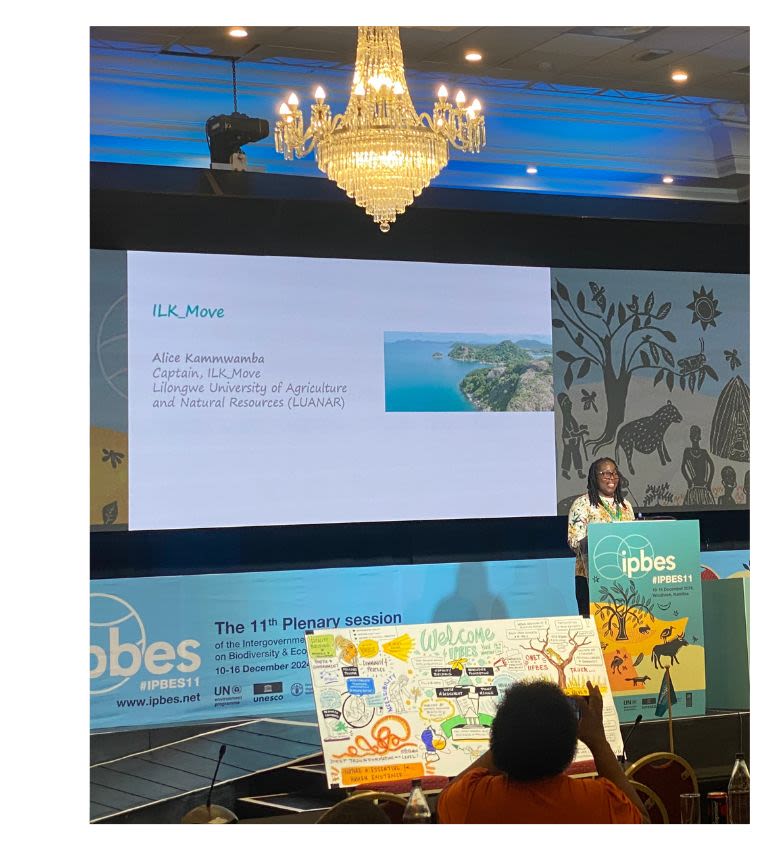
ILK_Move represents the power of global collaboration and connections and their application at the national level. As a designated "captain" of ILK_Move for 2024, Alice presented the platform with passion, showcasing how it fosters meaningful cross-border exchange among the teams working directly with Indigenous Peoples and local communities within the NEA initiative.
Under Alice’s leadership, ILK_Move has hosted eight interactive peer-to-peer learning sessions, including impactful workshops like those in Malawi. She described ILK_Move as a dynamic network connecting ILK holders across borders, enabling them to share experiences, methodologies and innovations in biodiversity conservation.
In her speech, Alice shared a powerful example of a walking workshop at Lake Kazuni, where community members led discussions on traditional conservation practices, biodiversity challenges and locally driven solutions. This hands-on exchange illustrated the value of centering Indigenous and local voices in conservation efforts.
“What makes ILK_Move special is the personal connection,” Alice reflected. “When people see their stories and knowledge respected, it creates a sense of ownership and commitment. That’s when real change happens.”
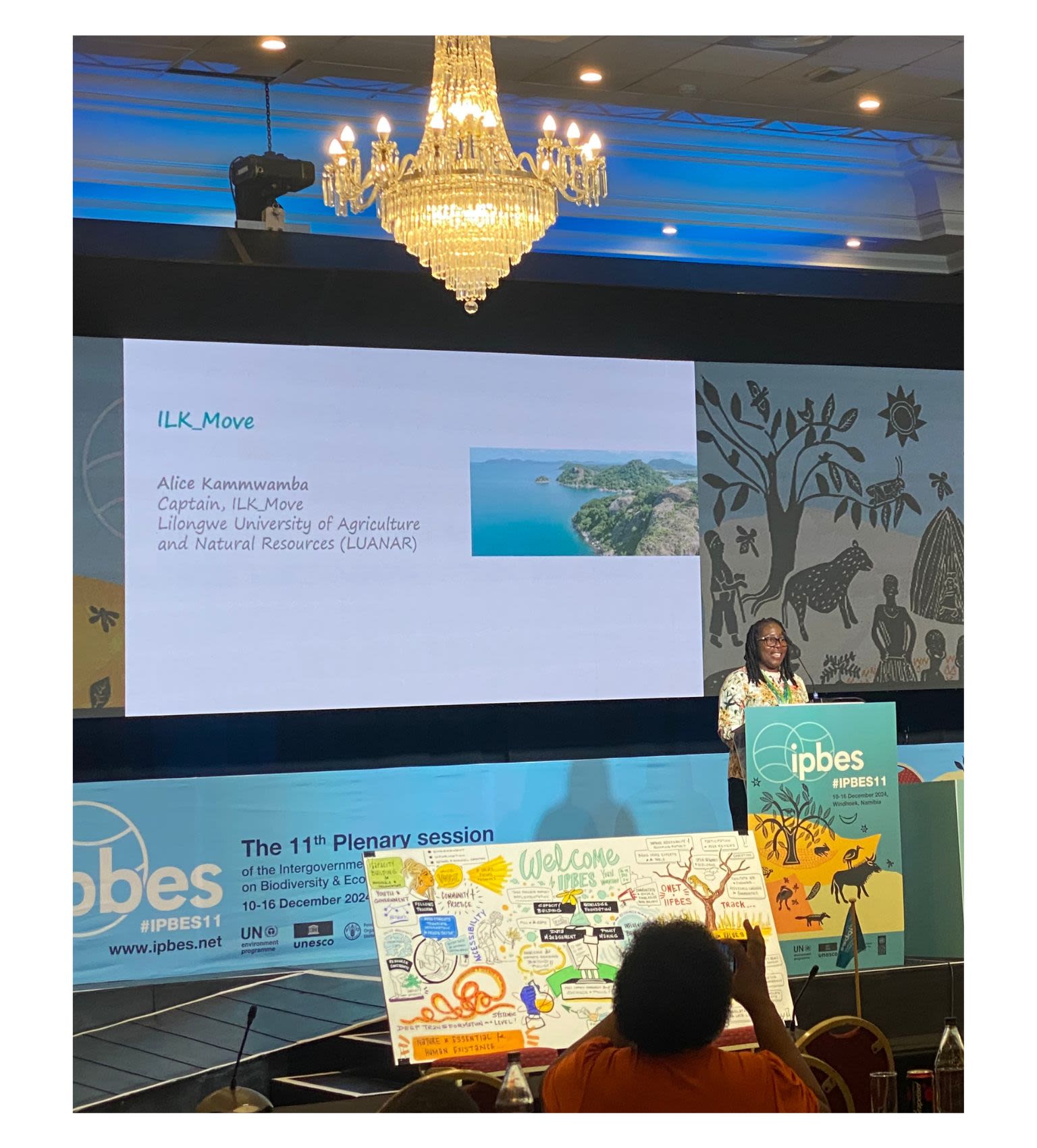
“What makes ILK_Move special is the personal connection. . . When people see their stories and knowledge respected, it creates a sense of ownership and commitment. That’s when real change happens.”
“What makes ILK_Move special is the personal connection. . . When people see their stories and knowledge respected, it creates a sense of ownership and commitment. That’s when real change happens.”
Storytelling as a bridge
Storytelling as a bridge
Biodiversity conservation is not just about policies and strategies; it’s about people and their stories and connections that bring conservation efforts to life. Convened ahead of Stakeholder Day and the Plenary, the IPBES Youth Workshop 2024 put the spotlight on the power and potential of storytelling.
During the workshop, Alexandra Postrigan, BES-Net's Partnership Development and Facilitation Specialist, emphasized the role of narratives in connecting science, policy and people. One of the latest BES-Net initiatives, the Youth Corner, was also unveiled during the workshop as a digital space dedicated to amplifying young voices and highlighting their contributions to biodiversity.
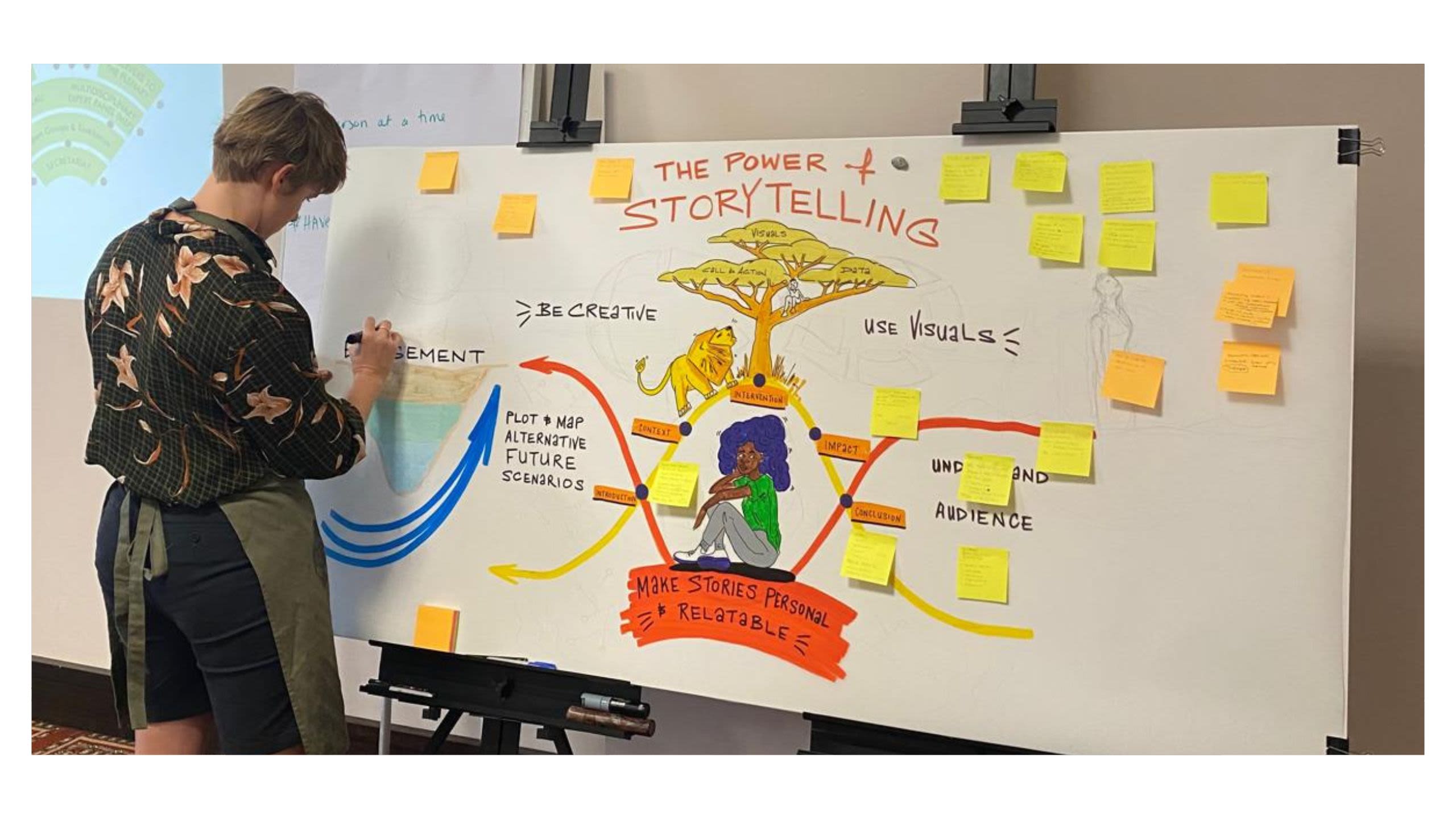
Graphic recordings during the Youth Workshop brought stories to life and captured key moments and ideas, creating a colorful visual narrative that added depth and creativity to the event.
Throughout IPBES 11, art played a powerful role in connecting biodiversity and culture. The beautiful artwork featured across the event was created by Namibian San artists, whose work embodies a deep connection to nature and storytelling.
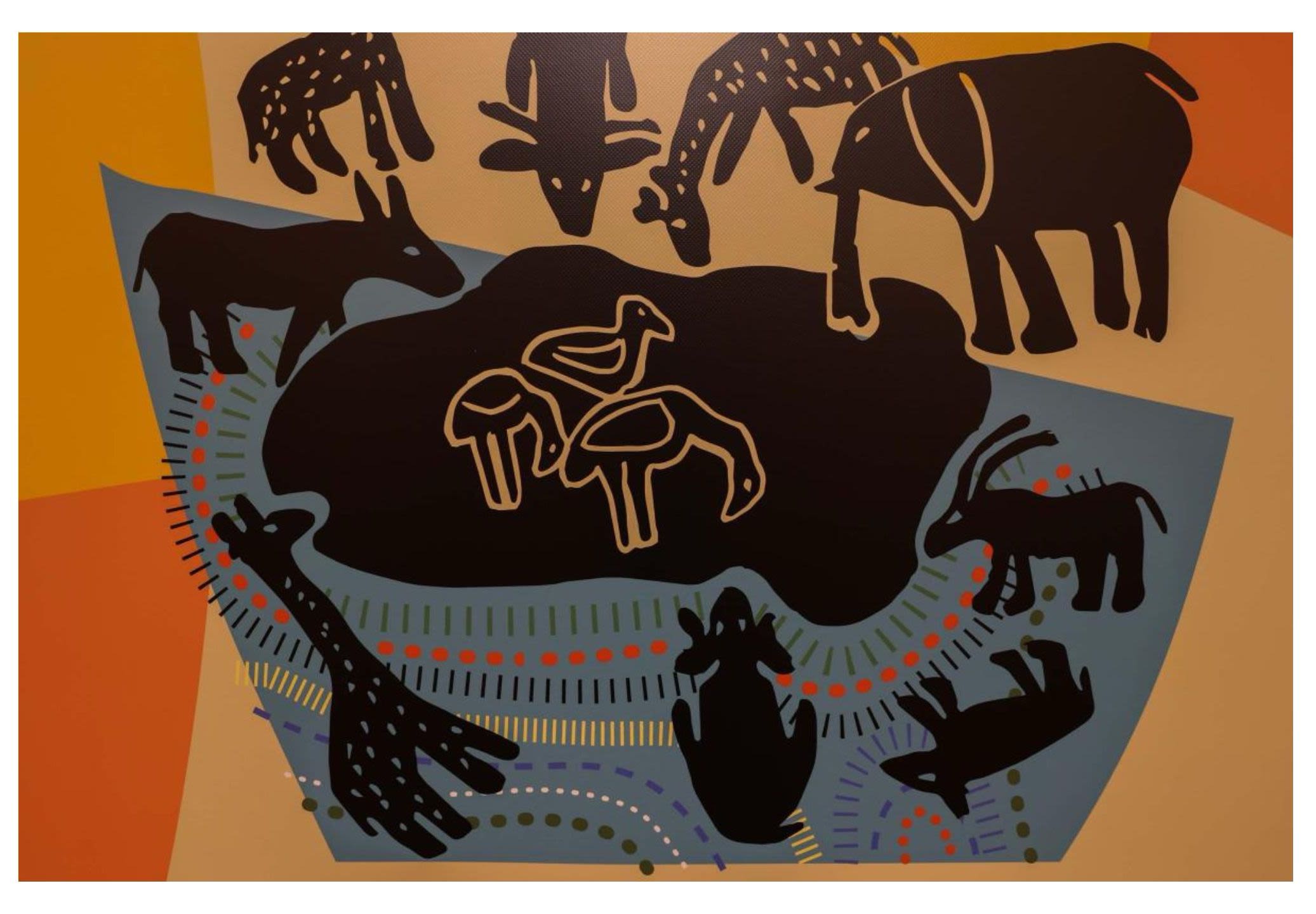
The pieces were provided by Omba Arts, a nonprofit that has supported rural artisans in Namibia for over 30 years. Working with more than 450 artisans across nine regions – most of them women and many from the San community – Omba Arts highlights the intersection of creativity, tradition and sustainable livelihoods.
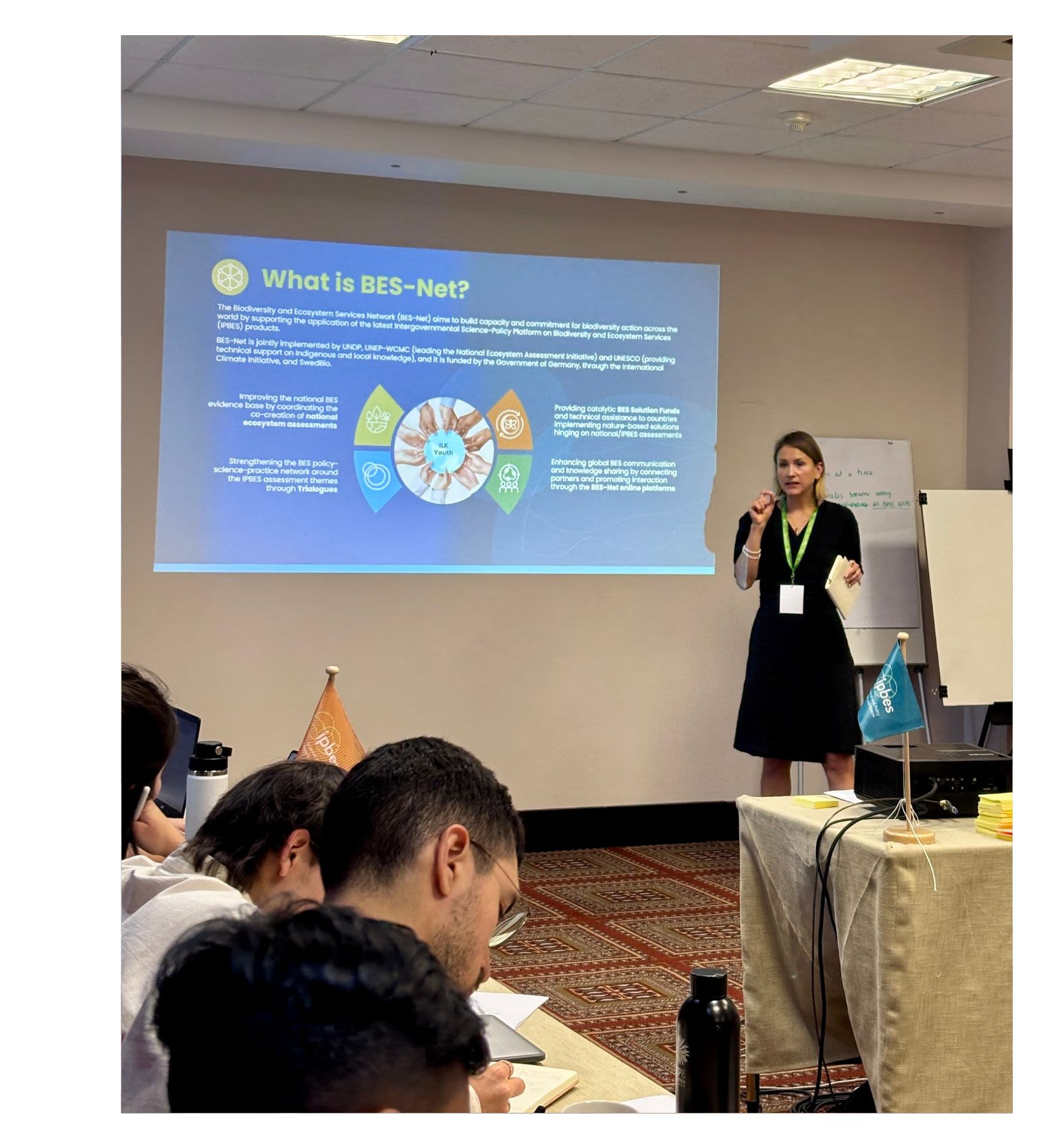
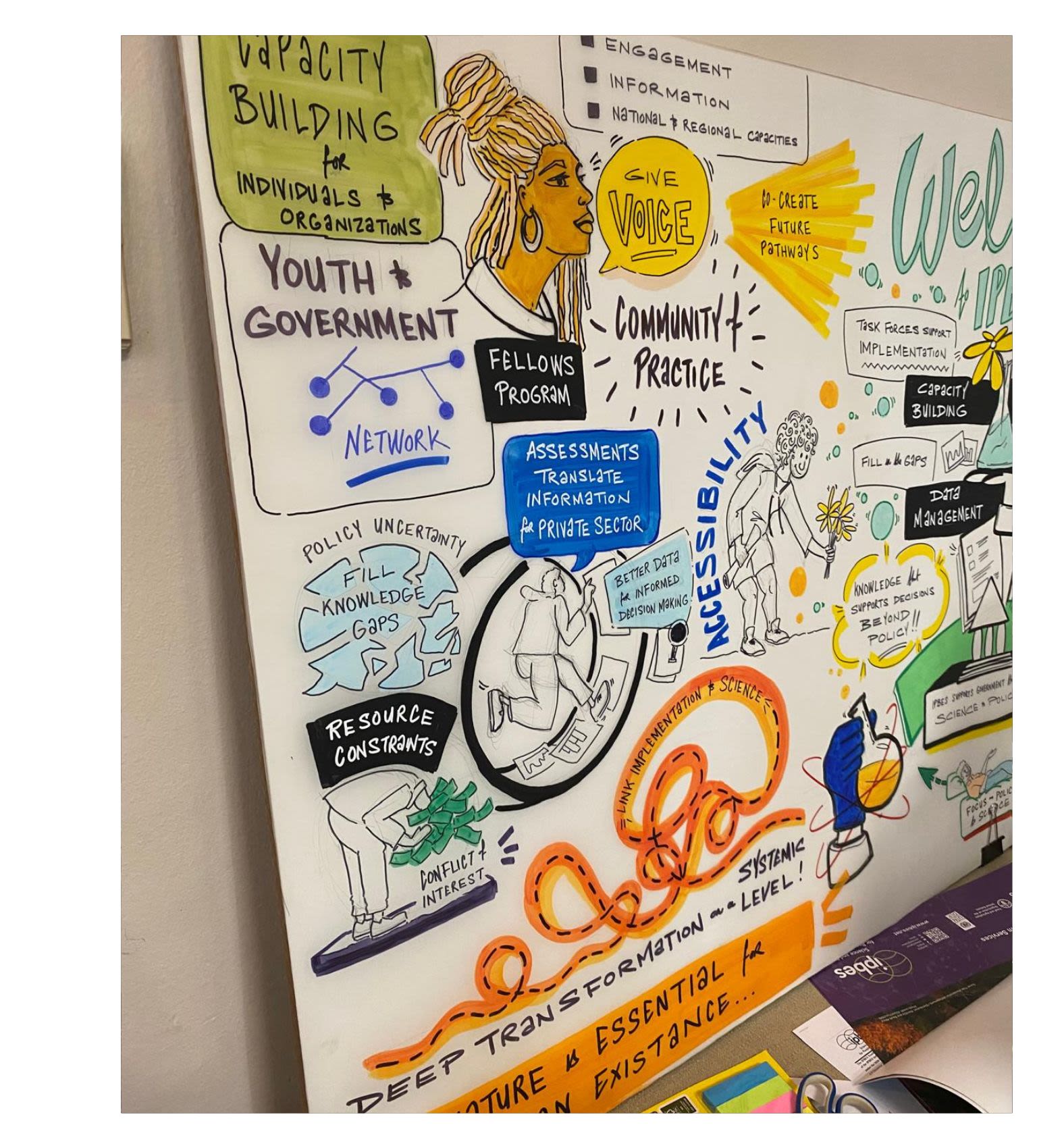
Biodiversity conservation is not just about policies and strategies; it’s about people and their stories and connections that bring conservation efforts to life. Convened ahead of Stakeholder Day and the Plenary, the IPBES Youth Workshop 2024 put the spotlight on the power and potential of storytelling.
During the workshop, Alexandra Postrigan, BES-Net's Partnership Development and Facilitation Specialist, emphasized the role of narratives in connecting science, policy and people. One of the latest BES-Net initiatives, the Youth Corner, was also unveiled during the workshop as a digital space dedicated to amplifying young voices and highlighting their contributions to biodiversity.

Graphic recordings during the Youth Workshop brought stories to life and captured key moments and ideas, creating a colorful visual narrative that added depth and creativity to the event.
Throughout IPBES 11, art played a powerful role in connecting biodiversity and culture. The beautiful artwork featured across the event was created by Namibian San artists, whose work embodies a deep connection to nature and storytelling.

The pieces were provided by Omba Arts, a nonprofit that has supported rural artisans in Namibia for over 30 years. Working with more than 450 artisans across nine regions – most of them women and many from the San community – Omba Arts highlights the intersection of creativity, tradition and sustainable livelihoods.
The power of passion and people
The power of passion and people
A recurring theme during Stakeholder Day and the Youth Workshop was the importance of personal passion and having champions to lead the way. Whether it’s a scientist contributing to policy discussions or a community leader preserving ILK, change often begins with passionate individuals who care deeply about nature.
Initiatives like the Trialogue and ILK_Move owe their success to committed champions on the ground, who take ownership of unique solutions to biodiversity challenges in ways that are meaningful to them. By blending scientific research with Indigenous knowledge and fostering dialogue among diverse groups, these initiatives demonstrate how collaboration can produce tangible results when dedicated individuals across sectors join forces.
While IPBES 11 concluded with two major assessments approved and the stage being set for the second global assessment, the journey is far from over for Mylor, Alice and the young changemakers working tirelessly on the ground around the world. But with champions like them leading the way, the path to a more resilient, connected and sustainable future becomes clearer every day.
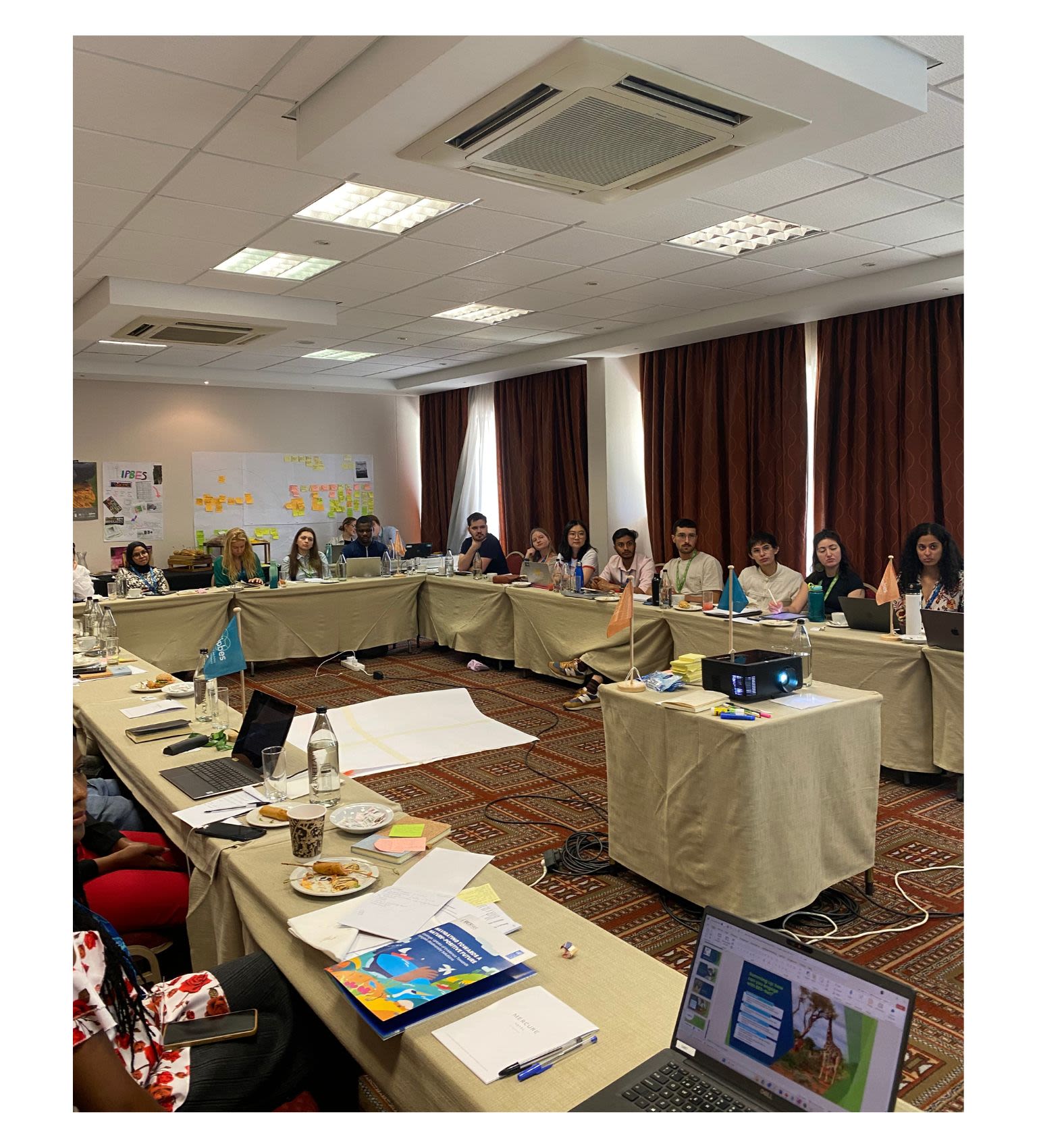
A recurring theme during Stakeholder Day and the Youth Workshop was the importance of personal passion and having champions to lead the way. Whether it’s a scientist contributing to policy discussions or a community leader preserving ILK, change often begins with passionate individuals who care deeply about nature.
Initiatives like the Trialogue and ILK_Move owe their success to committed champions on the ground, who take ownership of unique solutions to biodiversity challenges in ways that are meaningful to them. By blending scientific research with Indigenous knowledge and fostering dialogue among diverse groups, these initiatives demonstrate how collaboration can produce tangible results when dedicated individuals across sectors join forces.
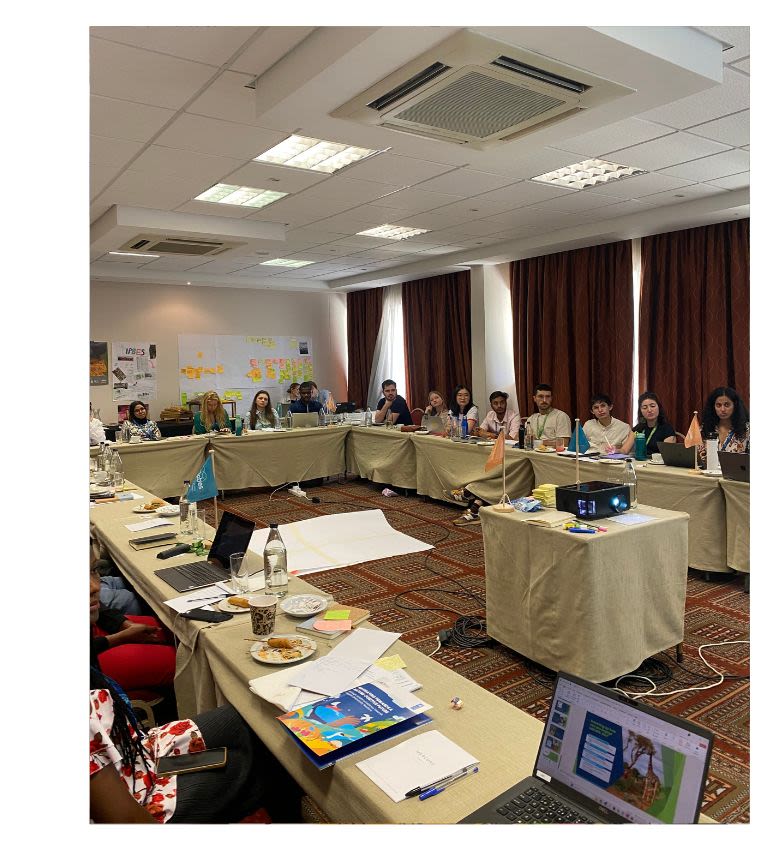
While IPBES 11 concluded with two major assessments approved and the stage being set for the second global assessment, the journey is far from over for Mylor, Alice and the young changemakers working tirelessly on the ground around the world. But with champions like them leading the way, the path to a more resilient, connected and sustainable future becomes clearer every day.
For more information, please visit the dedicated Regional Trialogue webpage and read more about ILK_Move.
To stay in touch with BES-Net, subscribe to the newsletter follow us on Facebook, X, LinkedIn and YouTube.





